A Spiritual Journey of Cross-Cultural Creativity and Connection in Jaffna, Sri Lanka
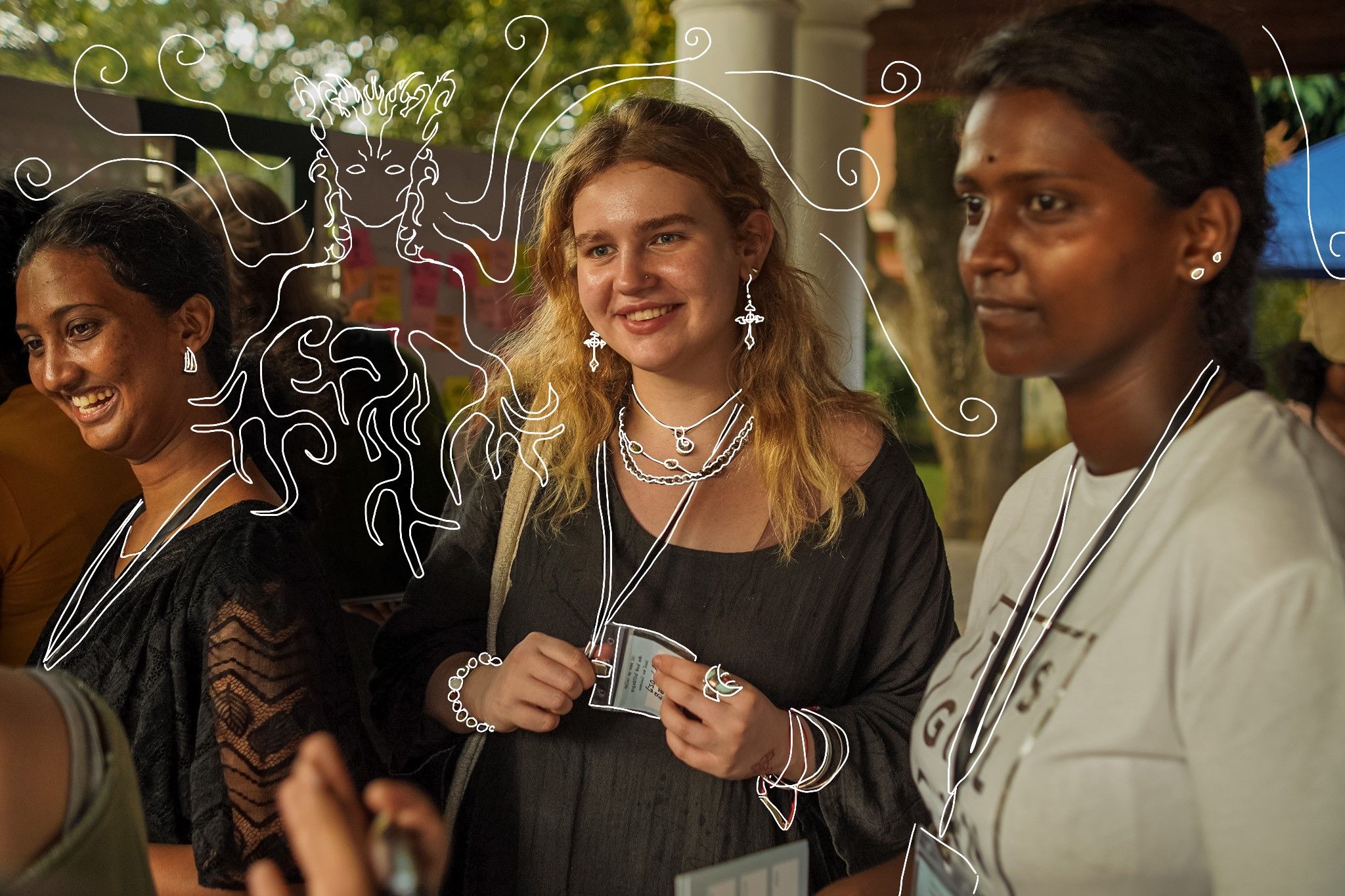
Elizaveta ('Liza' for friends) is no stranger to challenges and taking chances. Originally hailing from Russia, she came to the Netherlands to study and lived in Madrid, Spain, for a few months for an internship despite not knowing the language. She was also one of the 12 students from the Netherlands who jumped on the opportunity to join the iDiscover cultural mapping field school in Jaffna, Sri Lanka. Working hand in hand with 15 local students and guided by a team of four local mentors, they created their own interactive heritage trails.
The field school turned out to be a life-changing experience for Liza. Much more than an academic pursuit, for her, it was a journey of self-discovery, cultural exchange, navigating language barriers, deep connections, and realising that, despite our differences, we are all "roots of the same tree." Find out more about Liza's experiences and the life-long souvenirs she brought back home—both physical and mental.
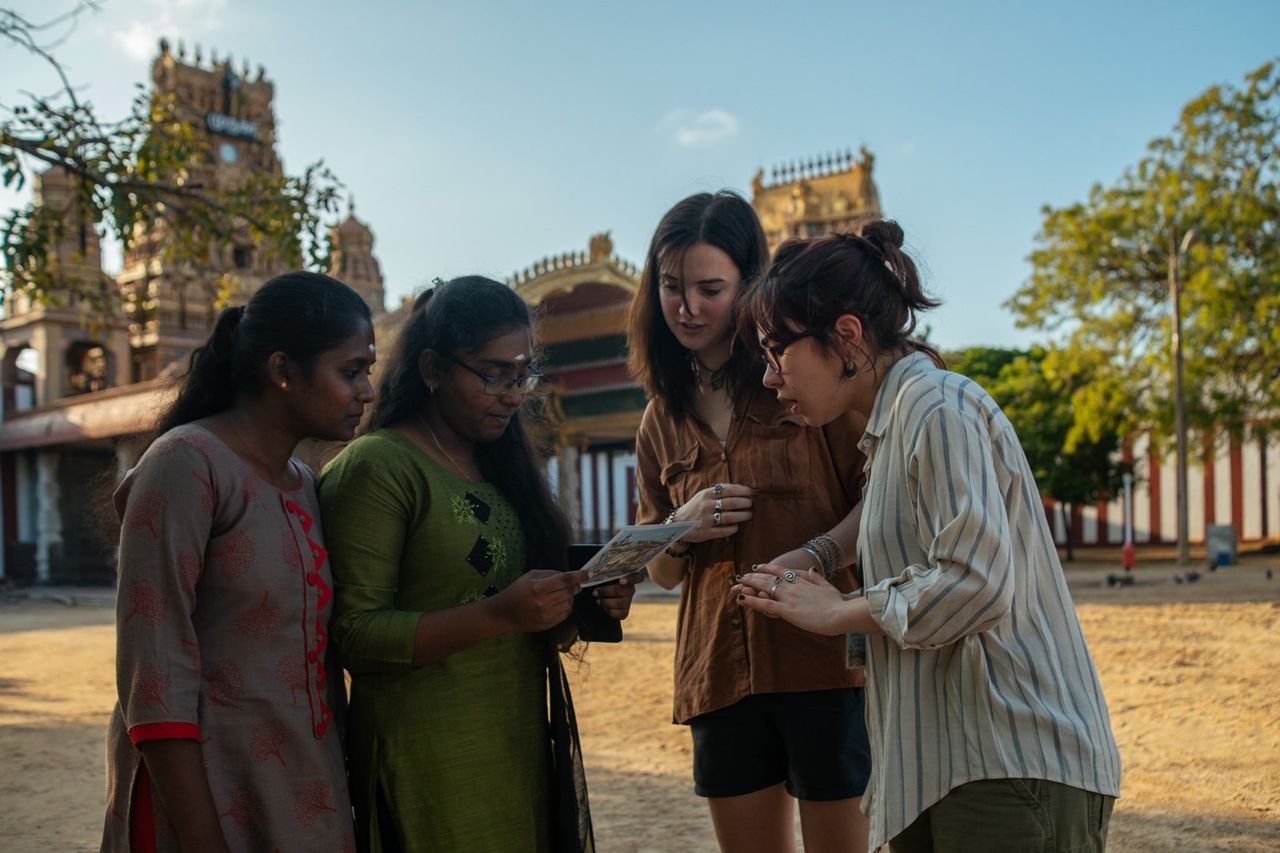
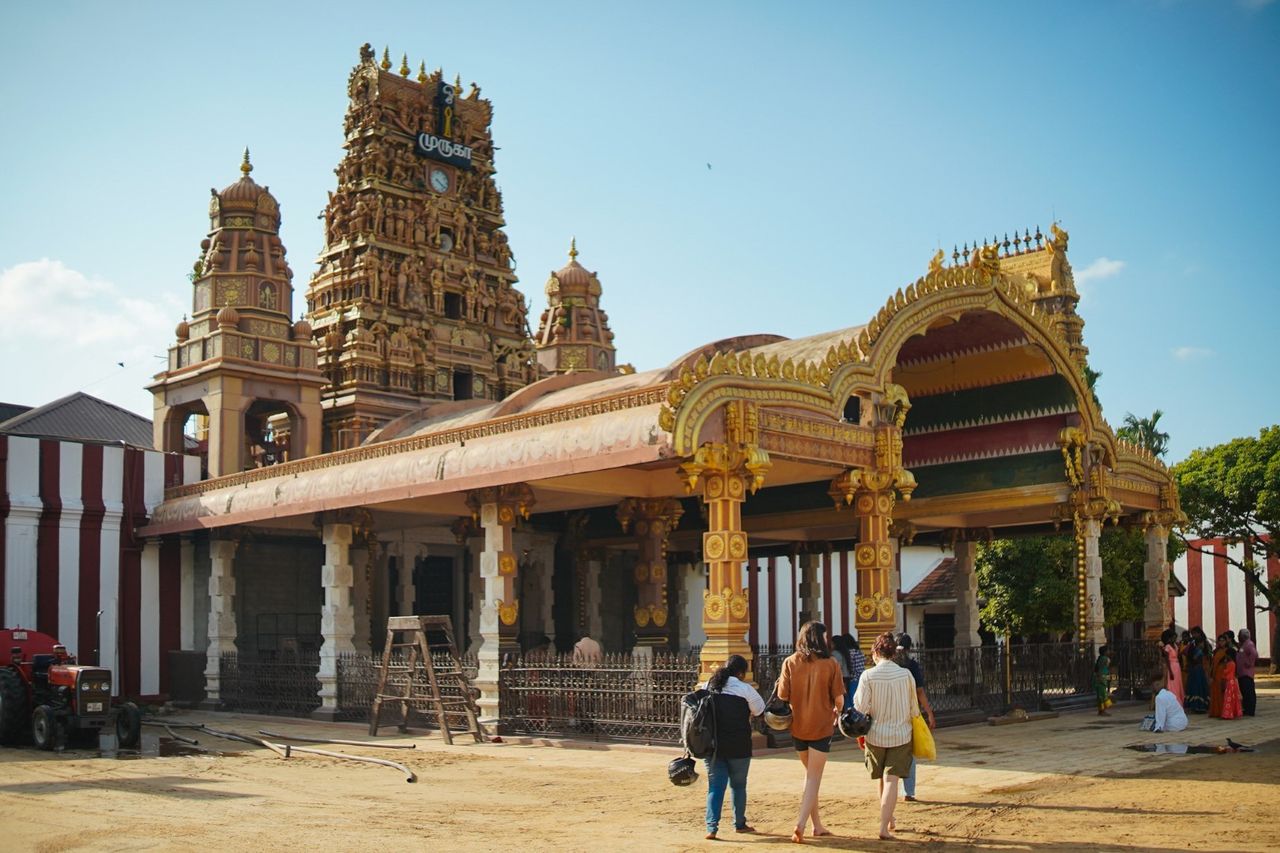
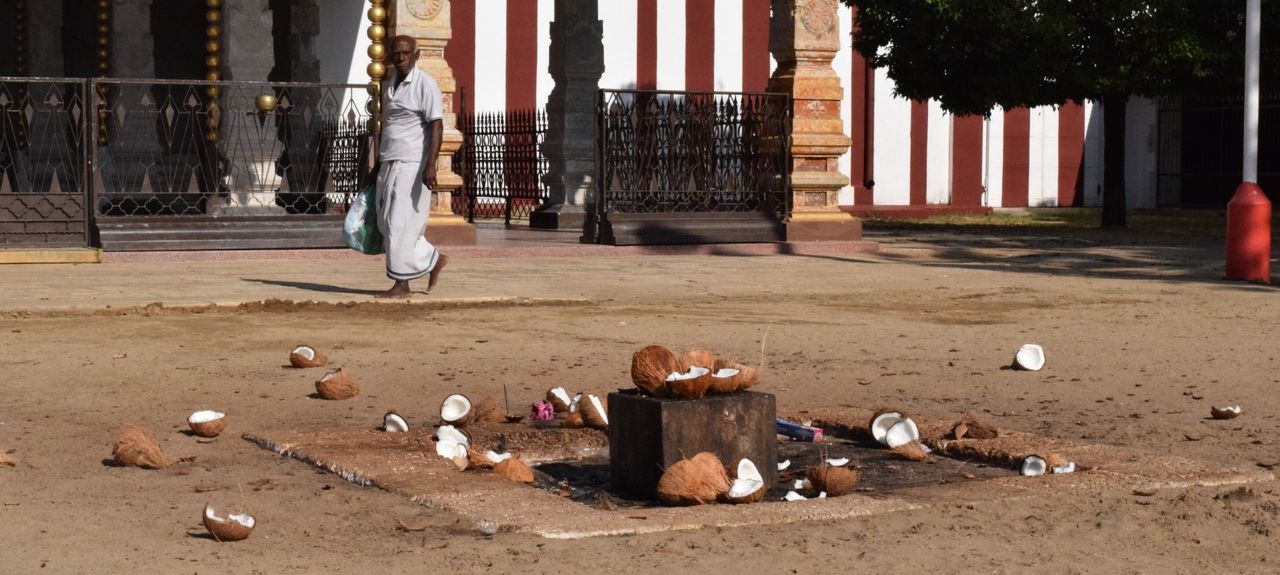
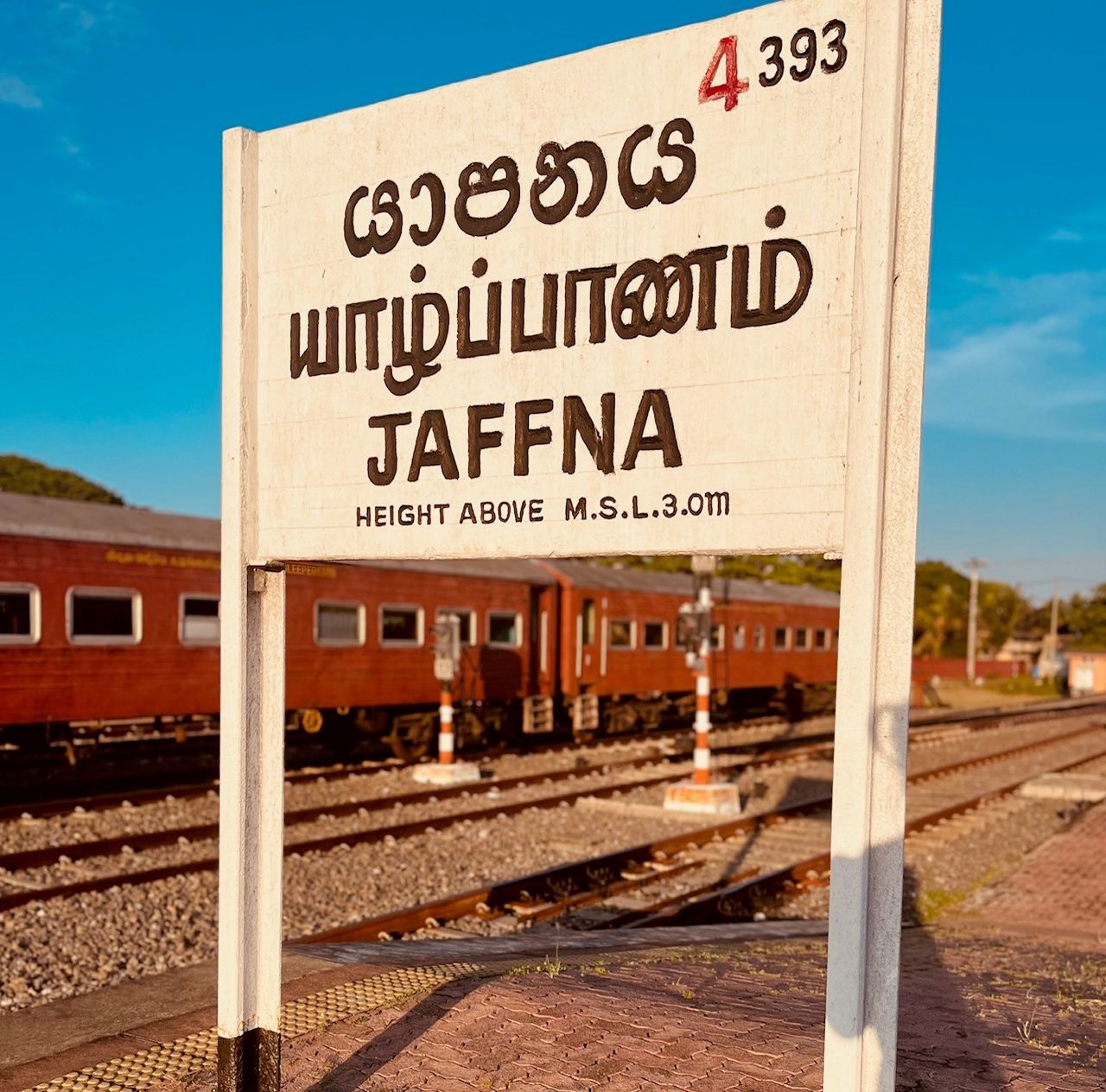
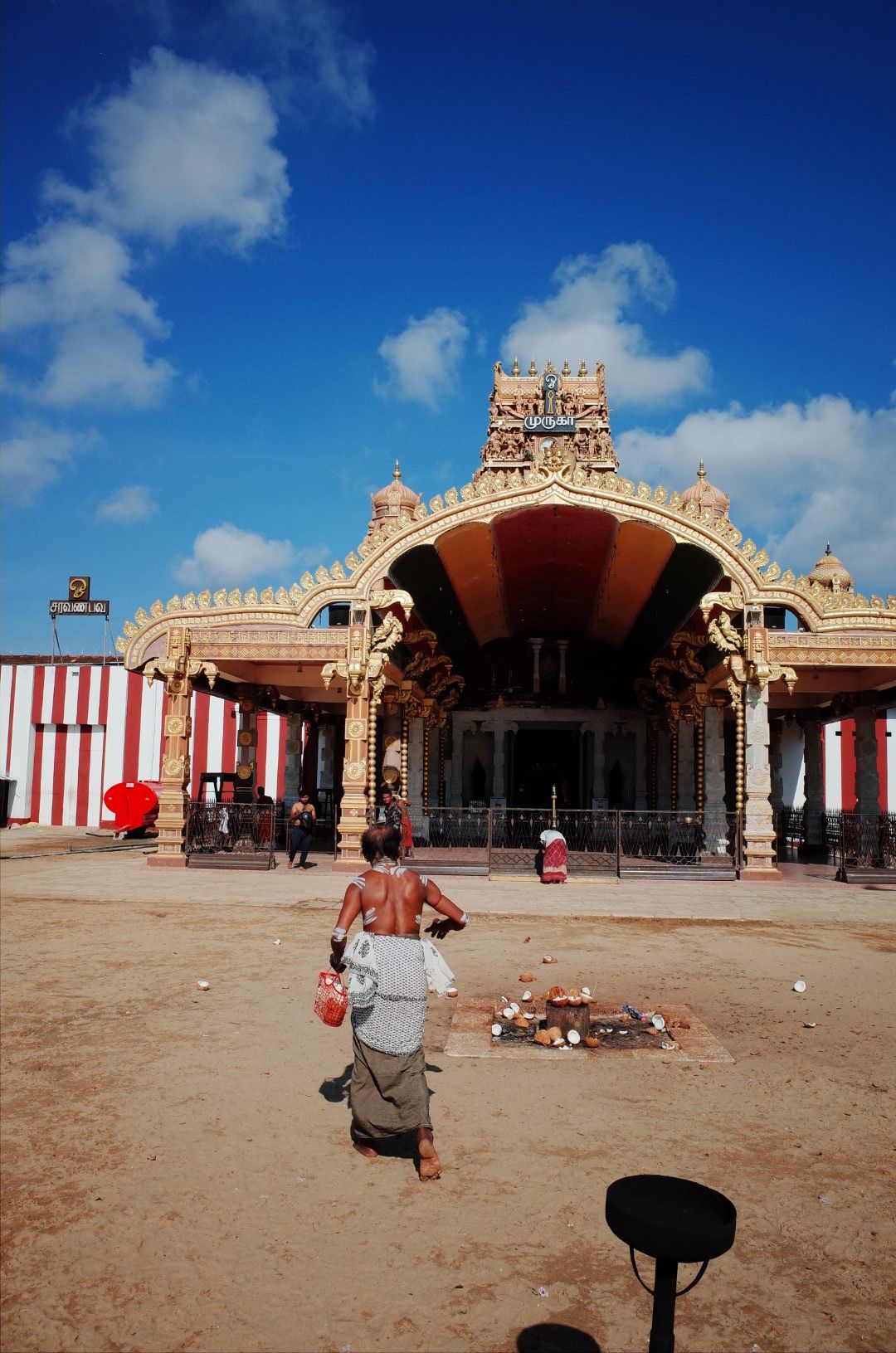
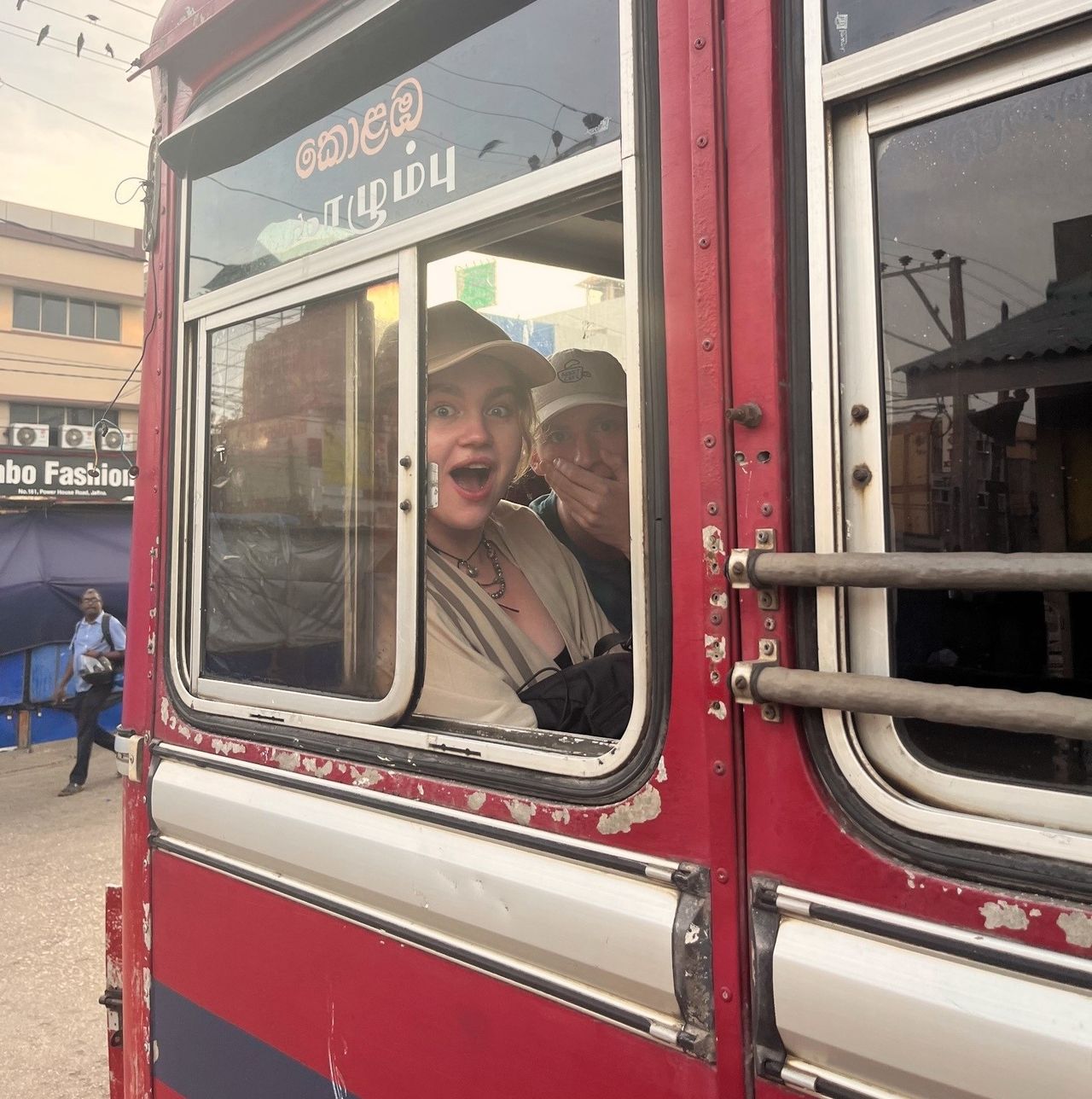
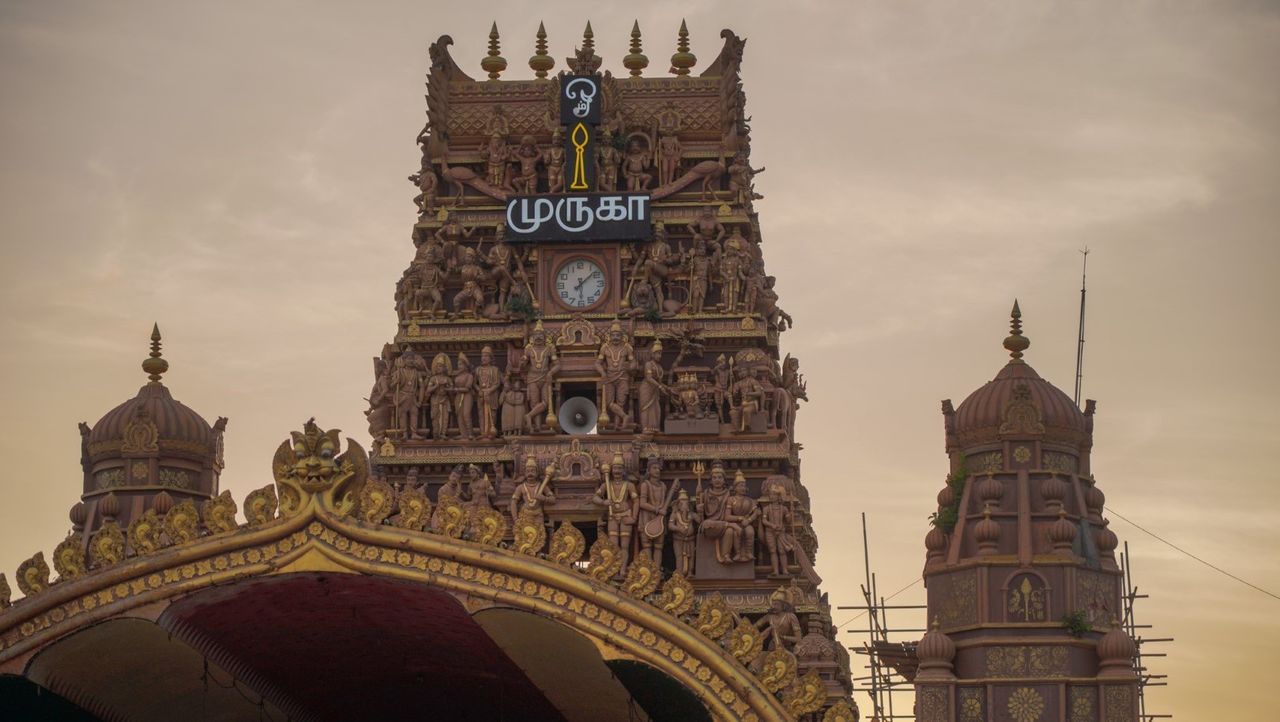
I clearly remember the day I checked my school e-mail and read about a field school where we would work with Sri Lankan students while practising our photography and writing skills.
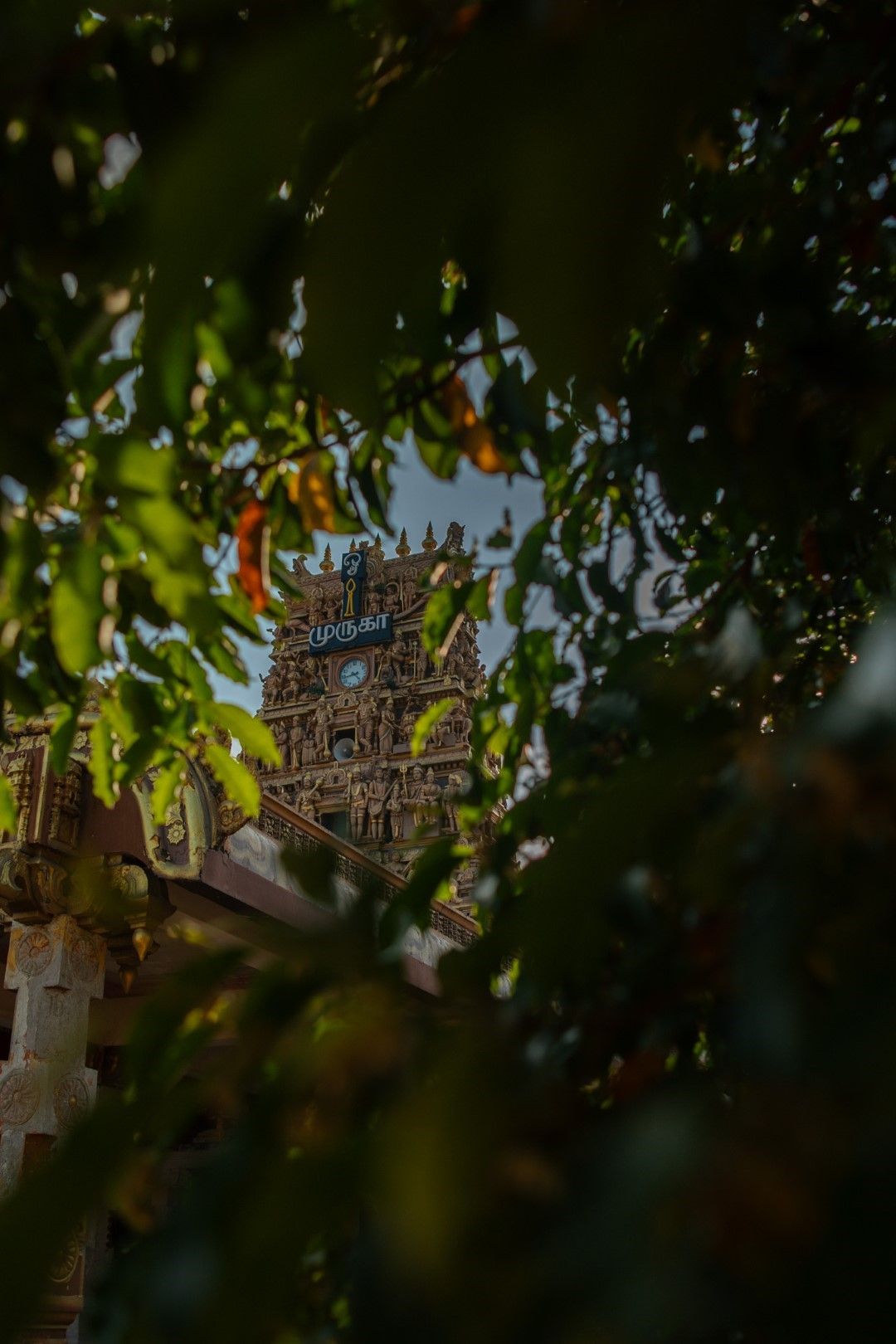
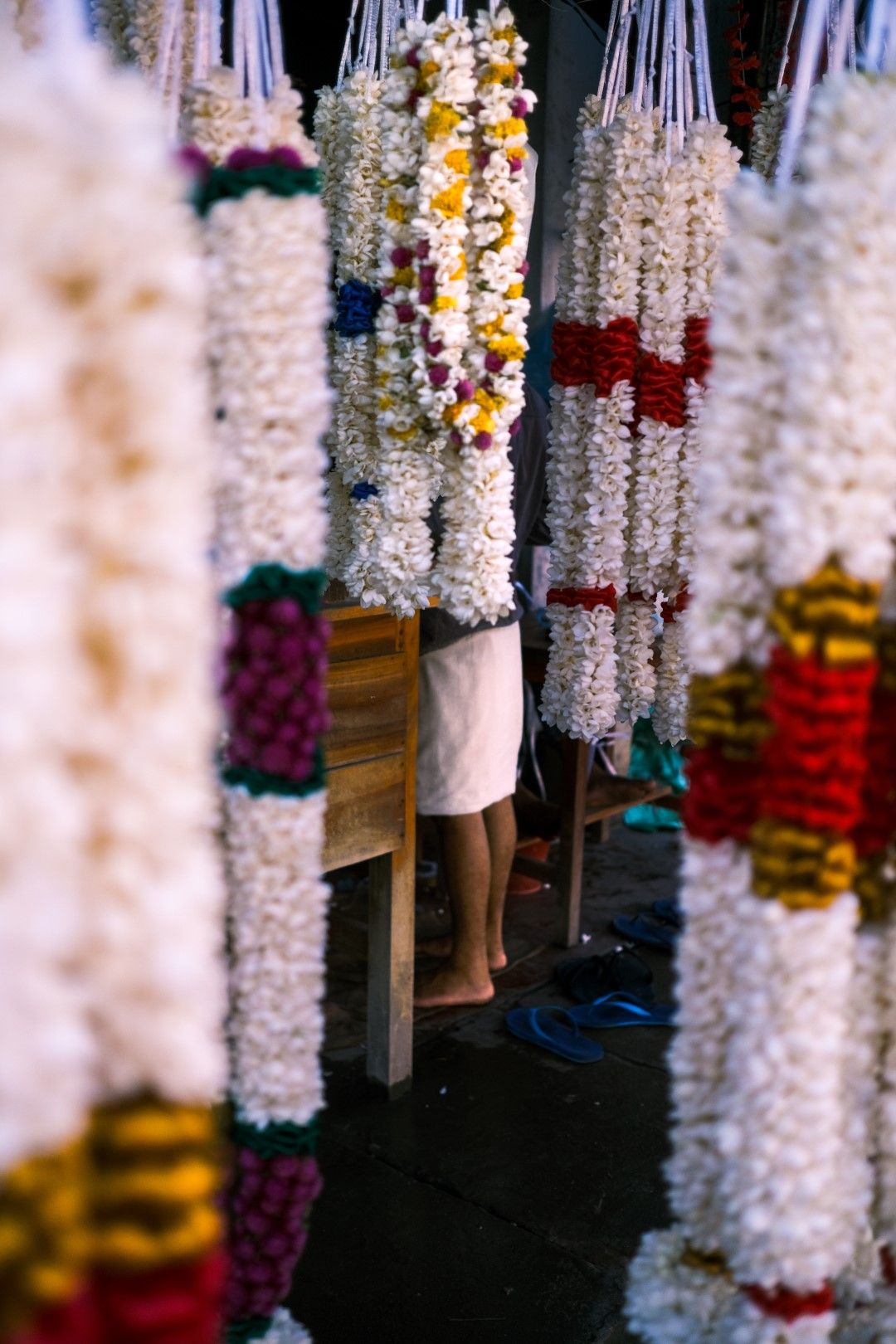
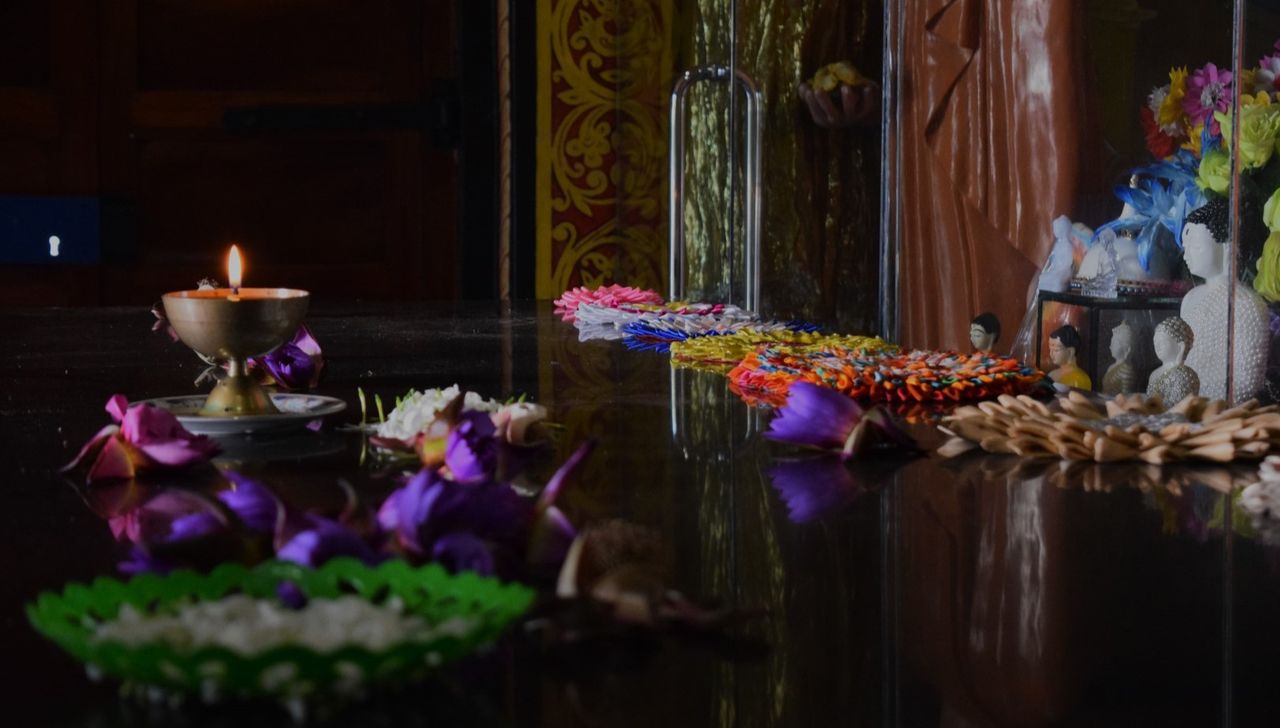
Sri Lanka Fieldschool for Dutch Students
I clearly remember the day I checked my school e-mail and read about a field school where we would work with Sri Lankan students while practising our photography and writing skills.
I immediately knew I needed to apply, even though I might not be the perfect fit. What struck a chord with me was that developing your creative skills would be a big part of the experience. I'm at a phase in my life where I really want to nurture my creativity and develop my artistic voice. I also wanted to work on a project about cultural heritage, meet new people and visit a continent I hadn't been to yet. To be honest, I didn't have too many expectations. I simply thought, "Yes, I need to try something new!"
My parents also encouraged me to go. A few years ago, my dad and his wife decided to host their wedding in Sri Lanka, so I'd heard plenty of stories about the country. I always wondered why he chose it out of all places and what it's like there. Now, it all makes sense.
Embracing the unknown
To prepare, I went through some of the literature we were advised to read, like Elephant Complex, which I actually enjoyed. I also browsed through photos of Sri Lanka on social media but soon stopped scrolling because I realised I did not want to have preconceived ideas and a certain set of expectations. I felt like I was sabotaging myself. I wanted to focus on my feelings and the first impression instead.
So, from then onwards, I just gathered practical information and tried mentally preparing myself because I was a bit nervous about going. I thought, "I'm going to a completely new continent with people I don't know, to a city I've never heard of before. What am I doing?" But an inner voice kept telling me that I had to go because I knew it was a unique opportunity.
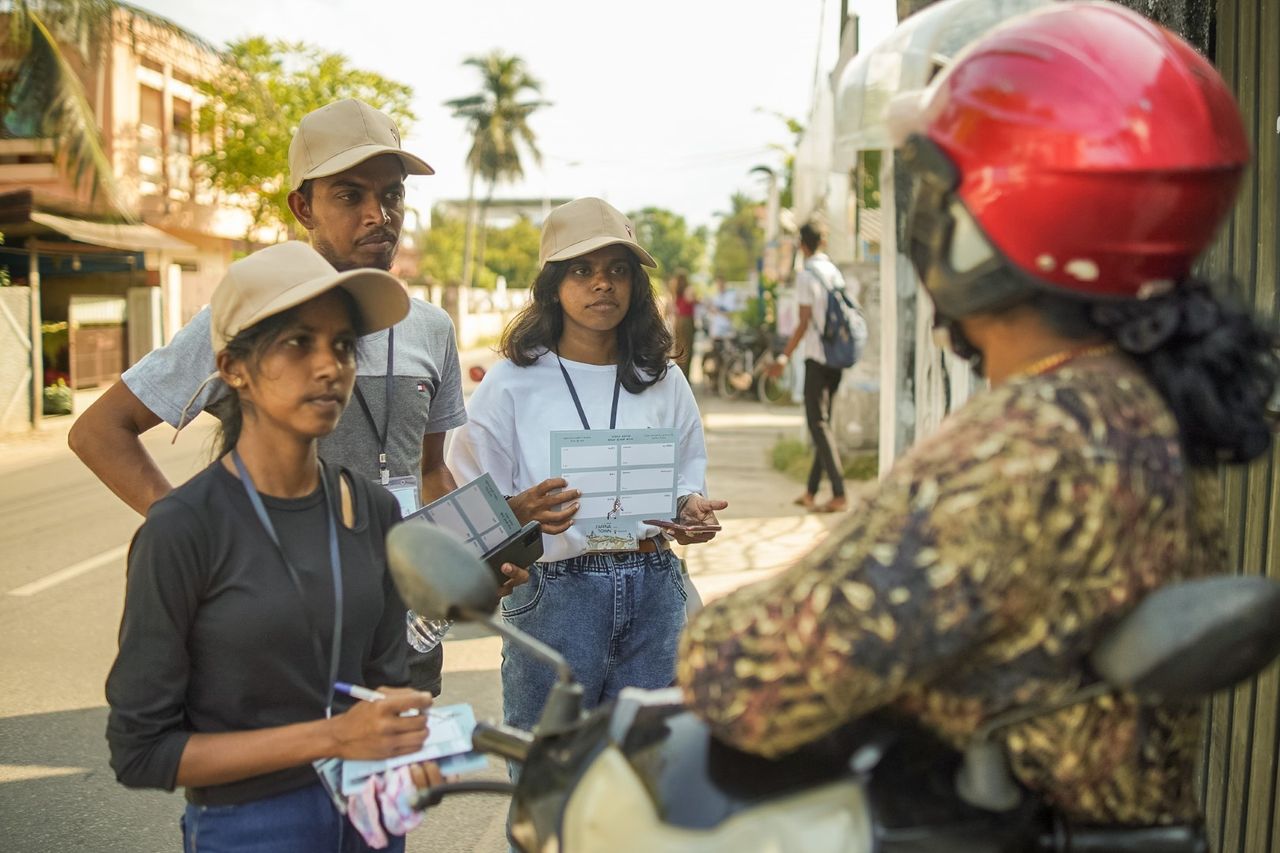
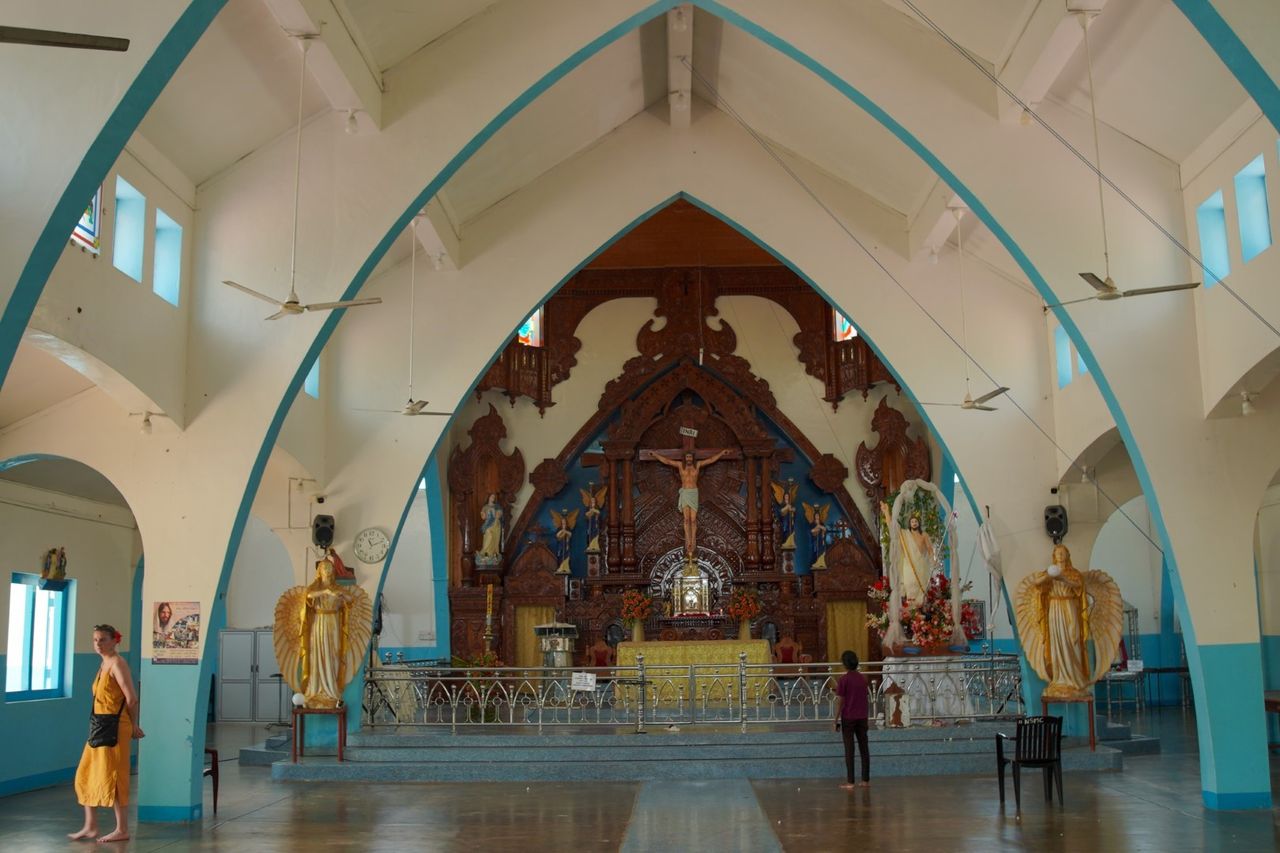
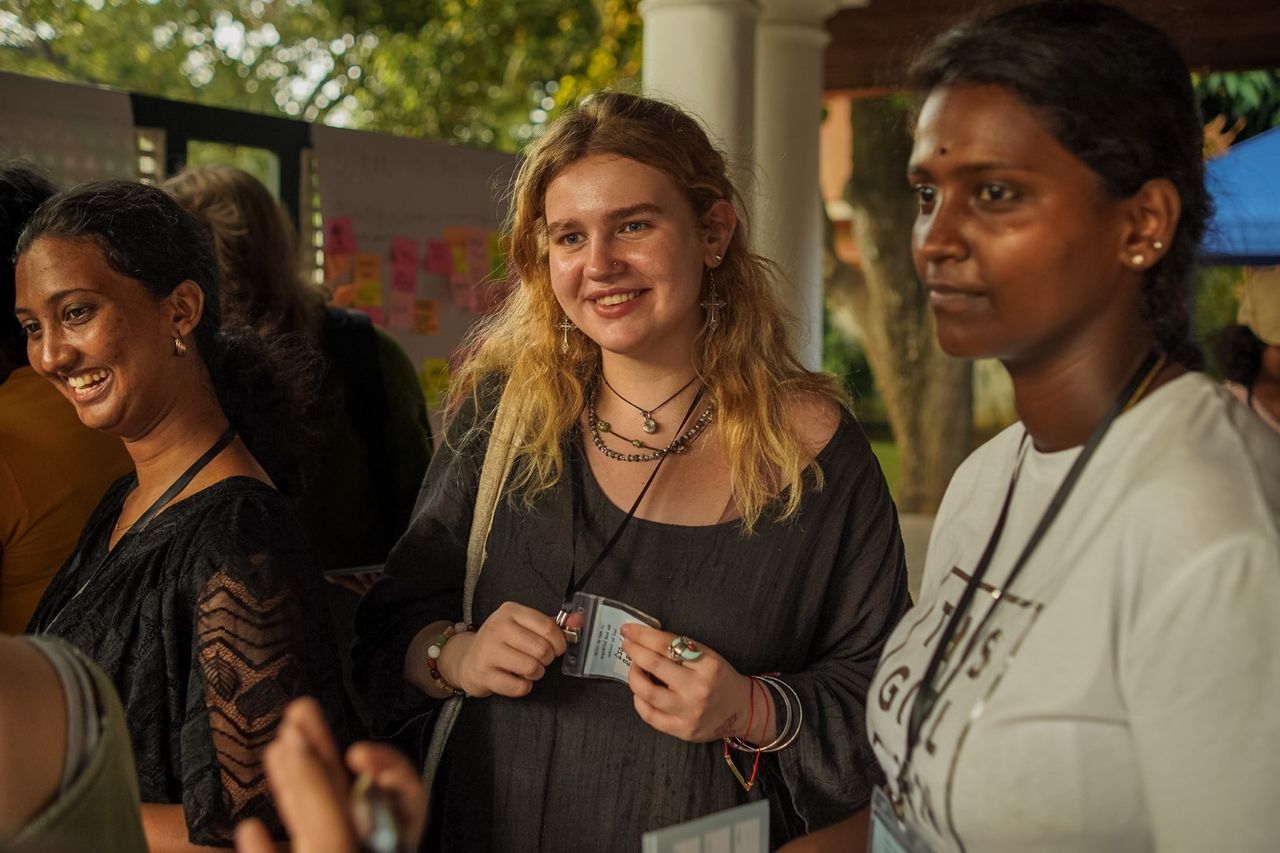
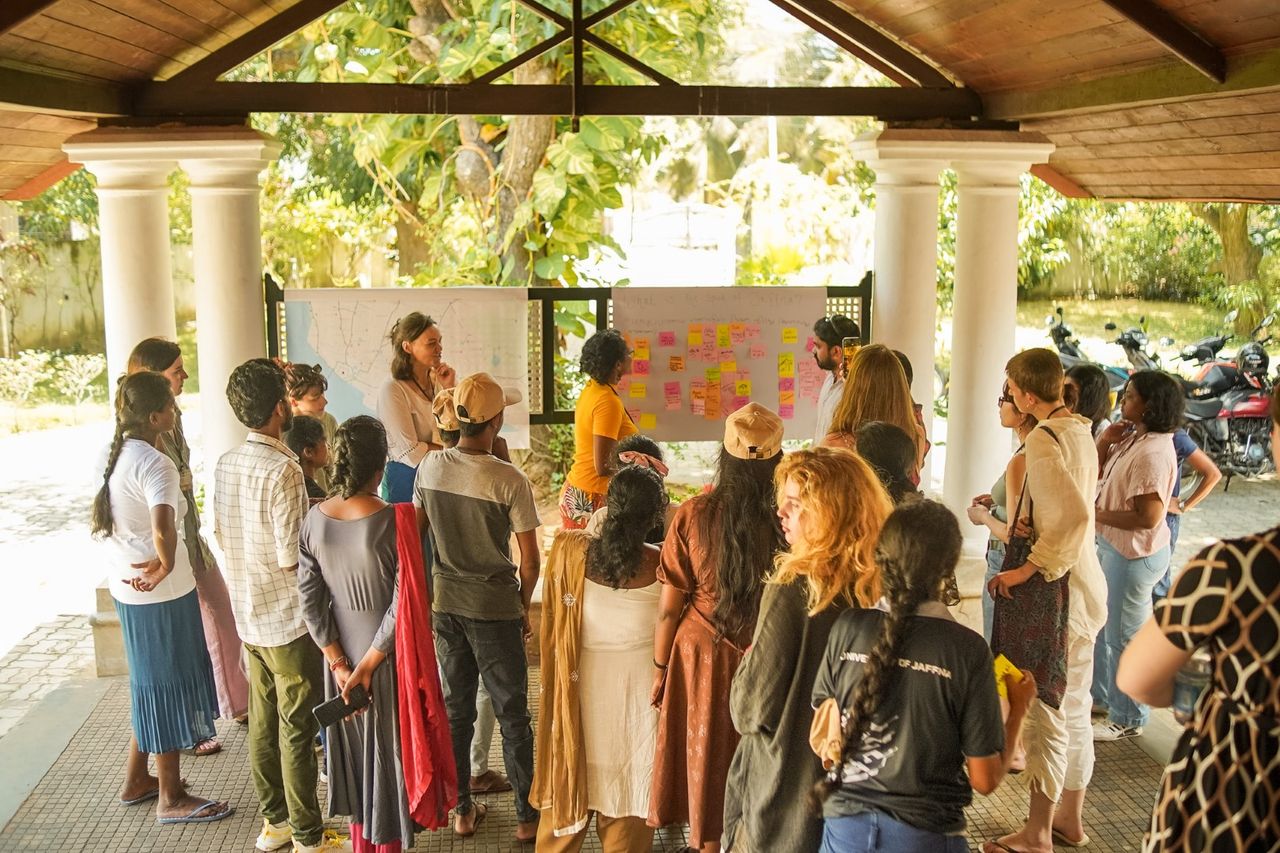
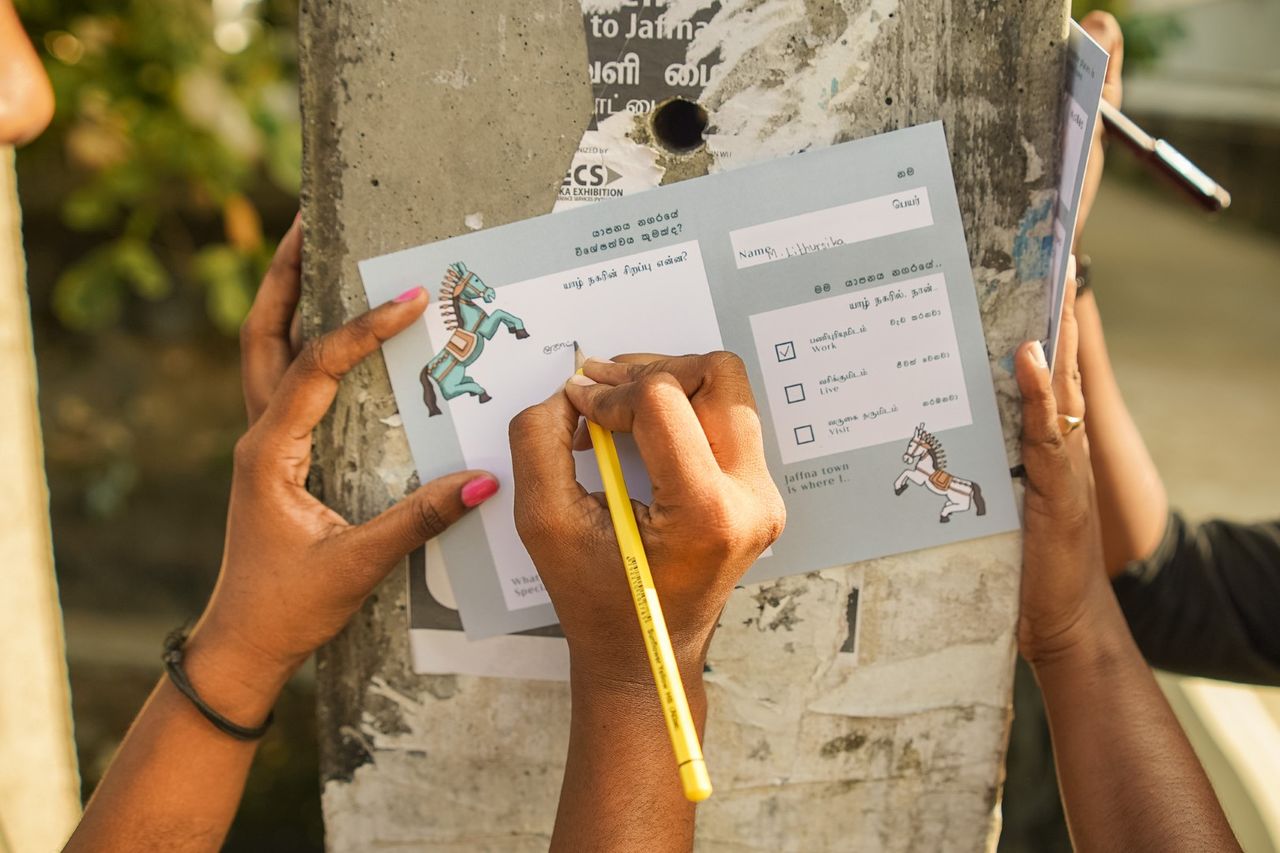
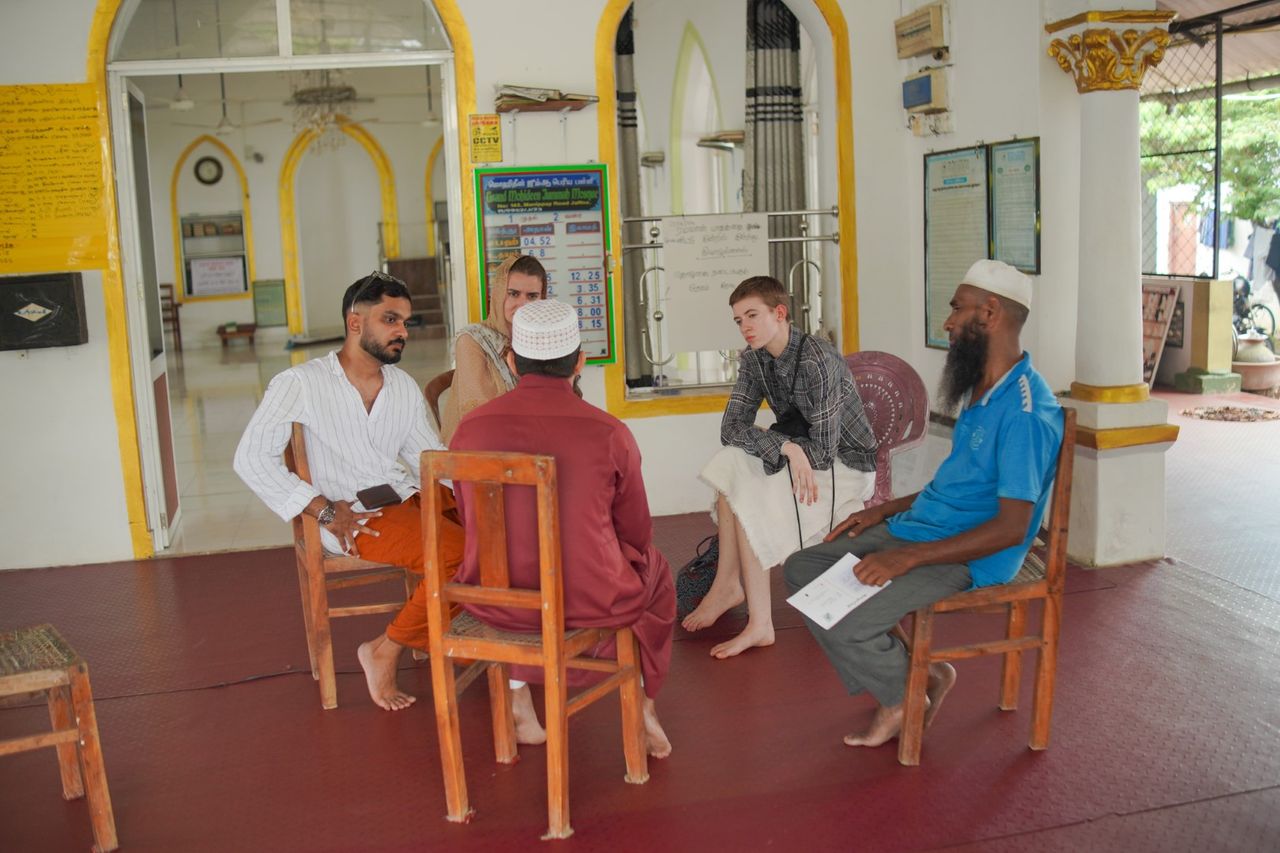
The mentors made us do street interviews and being paired with the local students helped the puzzle pieces fall into place. We somehow managed to find our own language of communication.
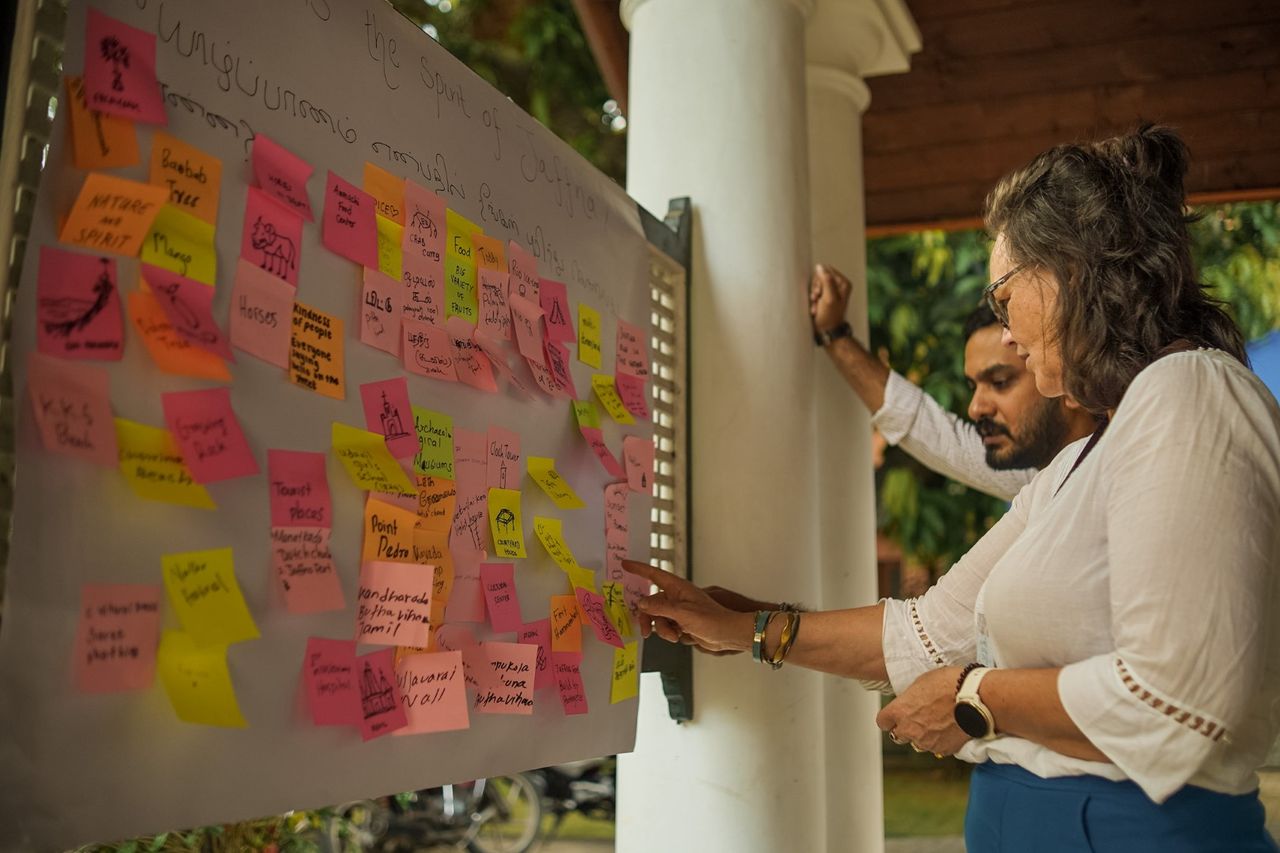
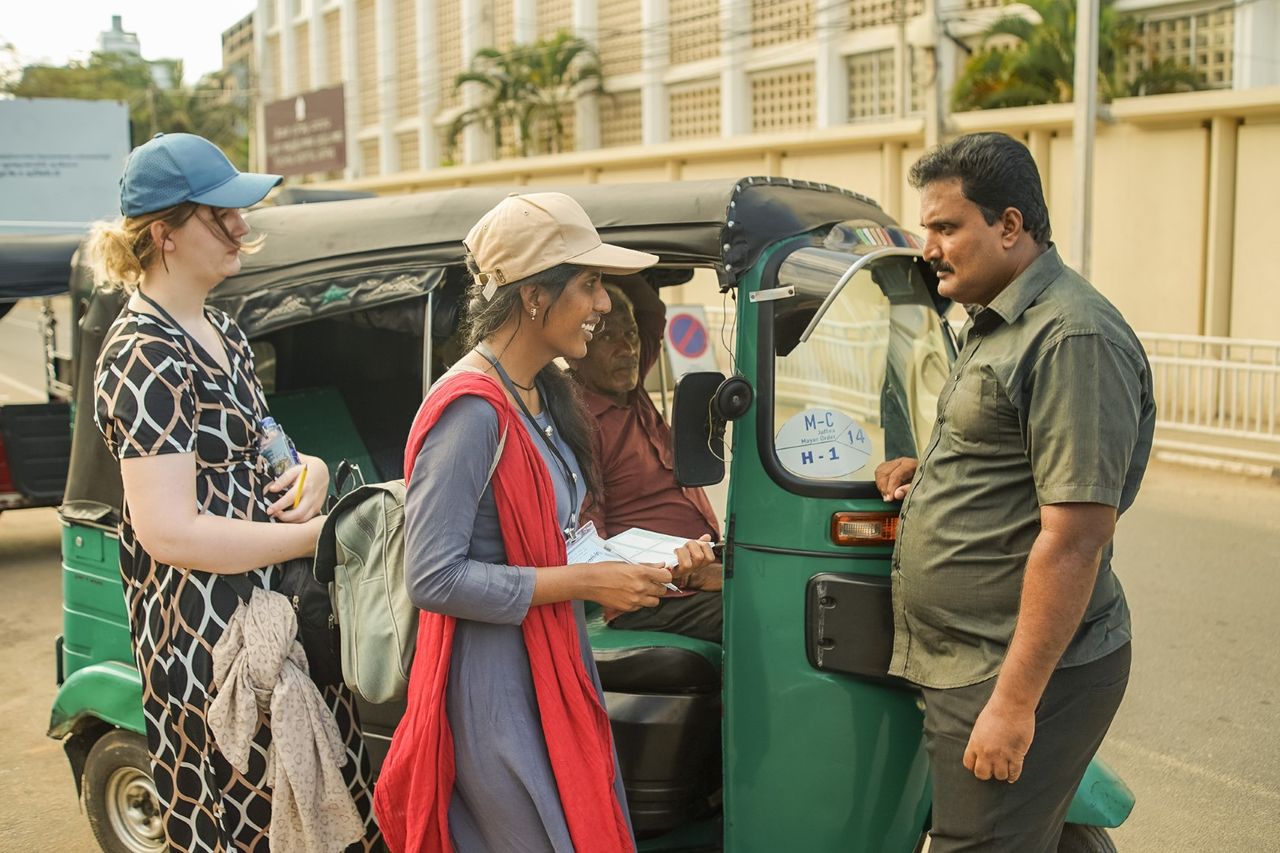
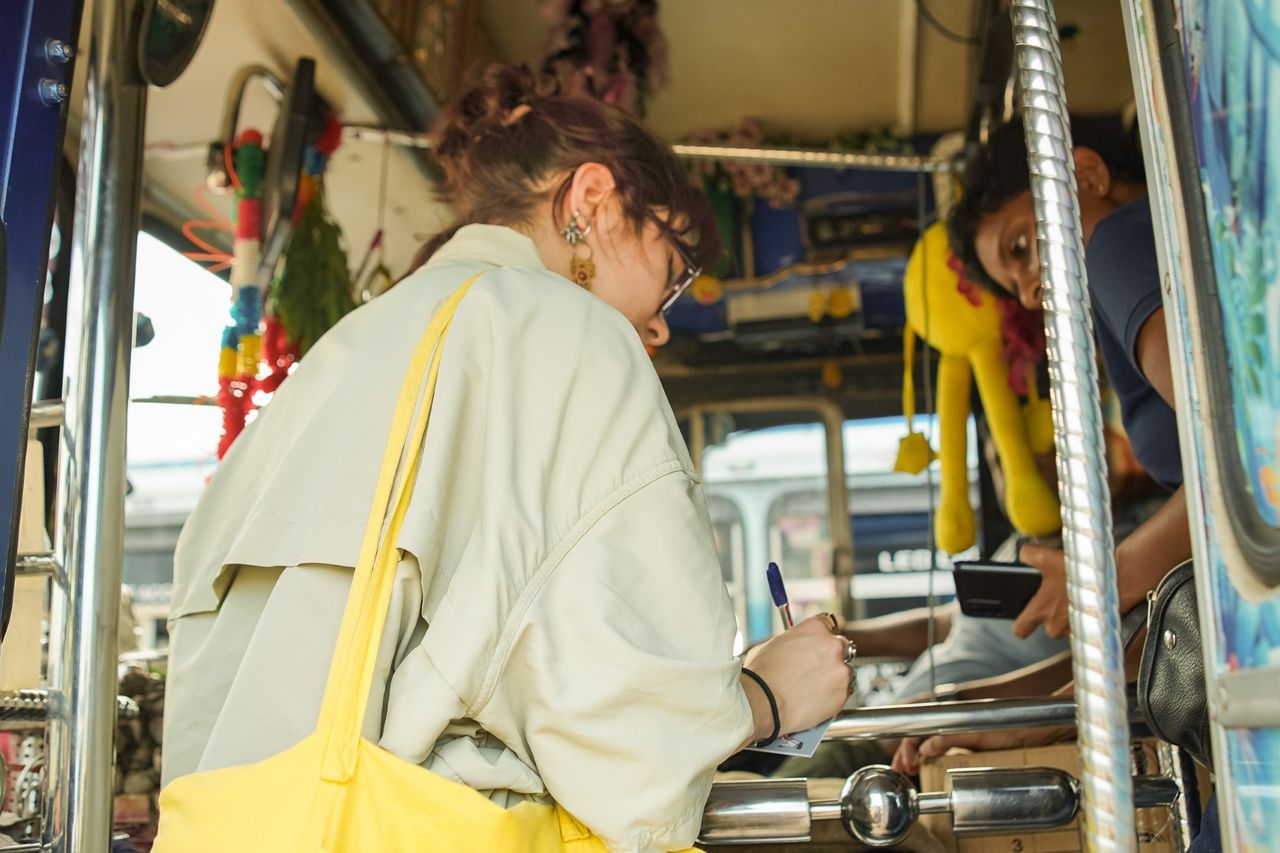
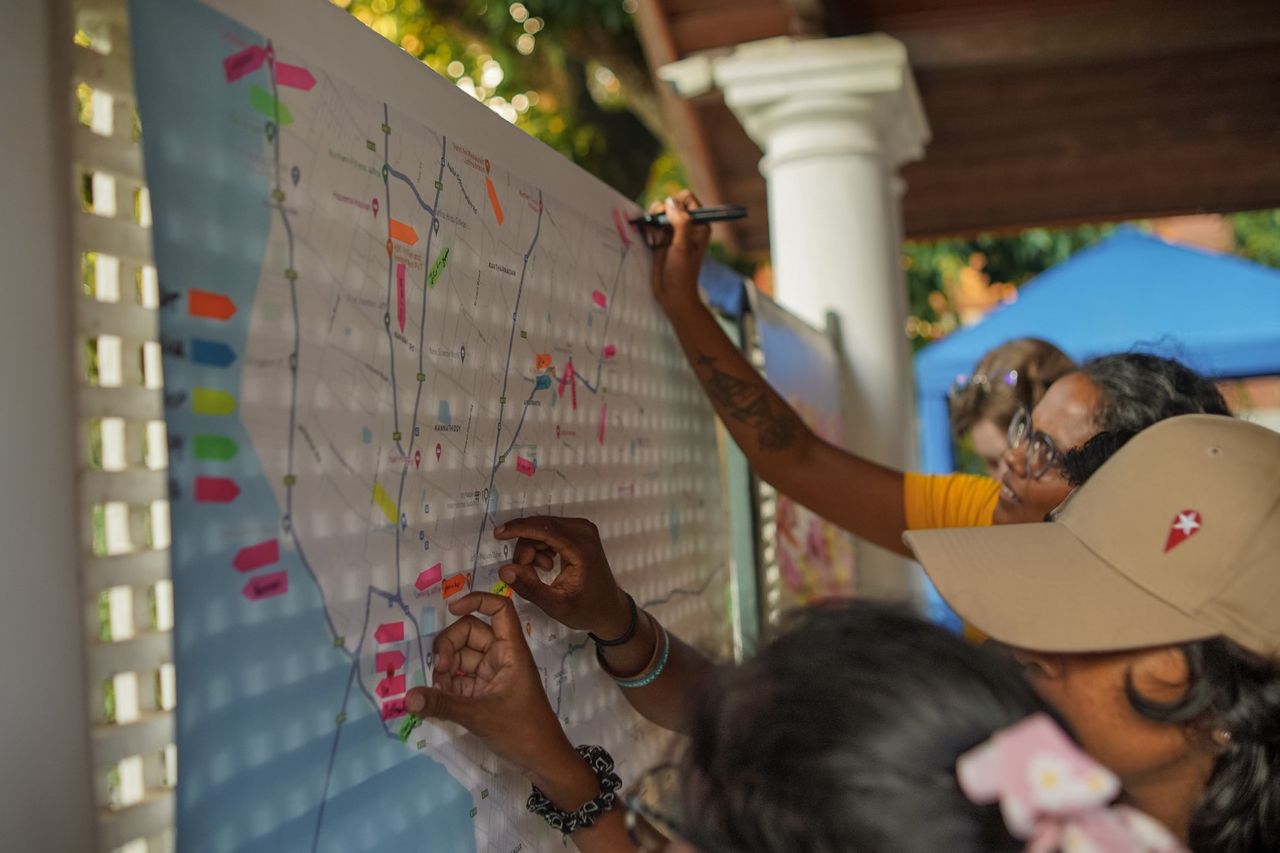
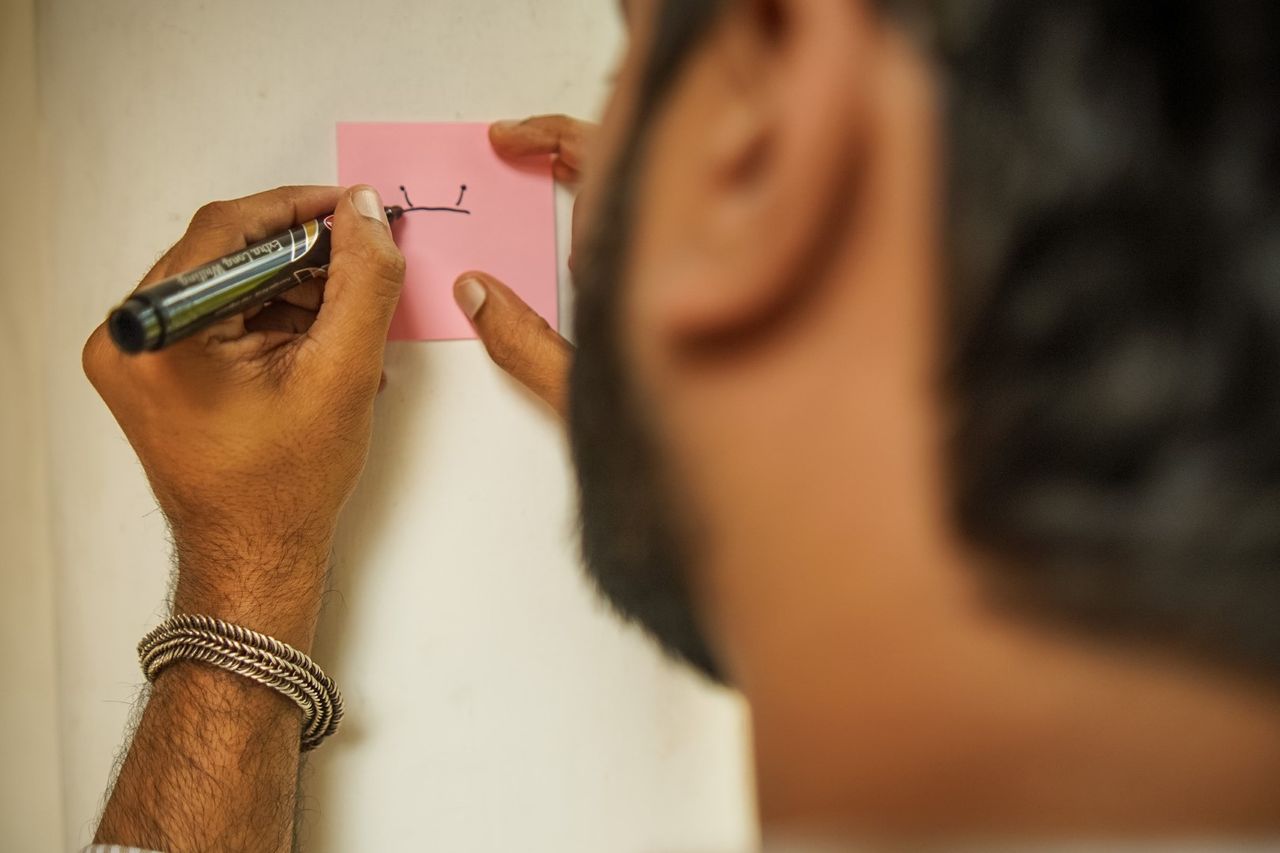
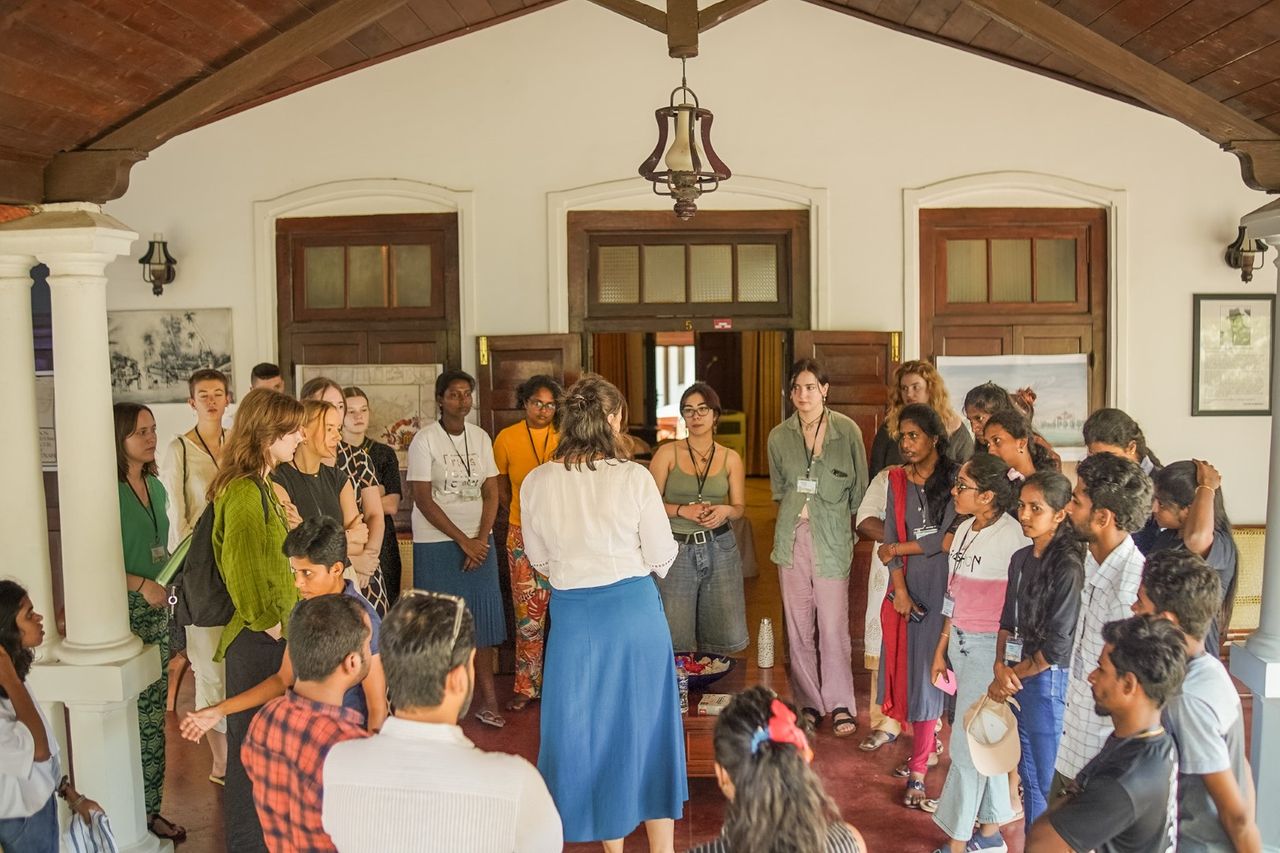
Making friends and overcoming challenges
From the moment we arrived, the local students were incredibly welcoming. It was a bit intense, as they all immediately wanted to become your best friends and were quick to make physical contact. But they really cared about us and felt responsible for us right away, which made sense to me, as there seems to be a stronger sense of community there and they wanted to share their home with us. When crossing roads, they would grab us and say, "No, no, no, don't go there, take care!". They were so scared that we would get hit by a tuk-tuk.
Working together was tough at first because of the language barrier. Our group was the largest, with six people, including two local students. One of them suddenly disappeared and ended up not coming back. It threw us off guard for a moment, but we tried not to lose the spirit, keep working, keep an open mind and provide space for empathy. The other local student in our group reached out to her and explained she was struggling with blending in. Of course, we speak different languages and have different backgrounds, stories, and worldviews, and that could be a problem, but in the end, it wasn't. Deep down, we're all the same. So, even though we initially struggled a bit, we somehow managed to find our own language of communication.
We are all roots of the same tree
While some of us knew straight away what they wanted to focus on, I was still searching for my direction. However, the mentors made us do street interviews and being paired with the local students helped the puzzle pieces fall into place.
I have always been fascinated by spirituality and the sense of community in Asia. Travelling from Colombo, a predominantly Buddhist city, to the Hindu community in Jaffna intrigued me. Of course, it's not all black and white; there are so many different people and religious communities, but somehow, in both places, they came across as really united.
After visiting different temples and seeing how people reacted to us foreigners and taking a genuine interest in us, I was very curious to explore how community and spirituality were related.
I was also fascinated by nature. In Jaffna, I saw striking trees I had never seen before. I observed how local people interacted with these trees and, while sitting underneath them, how they interacted with each other. Just like religion, trees connect people. We are all part of nature, so in that sense, we are all the same. In Asian philosophy, the self and community are intertwined, unlike the Western concept of the individual self. I love the idea that we are all part of one whole. What resonated with me is the notion that culture, nature, and religion serve as intermediates between all of us. Somehow, we are all roots of the same tree. That's how we came up with the tree spirit walk.
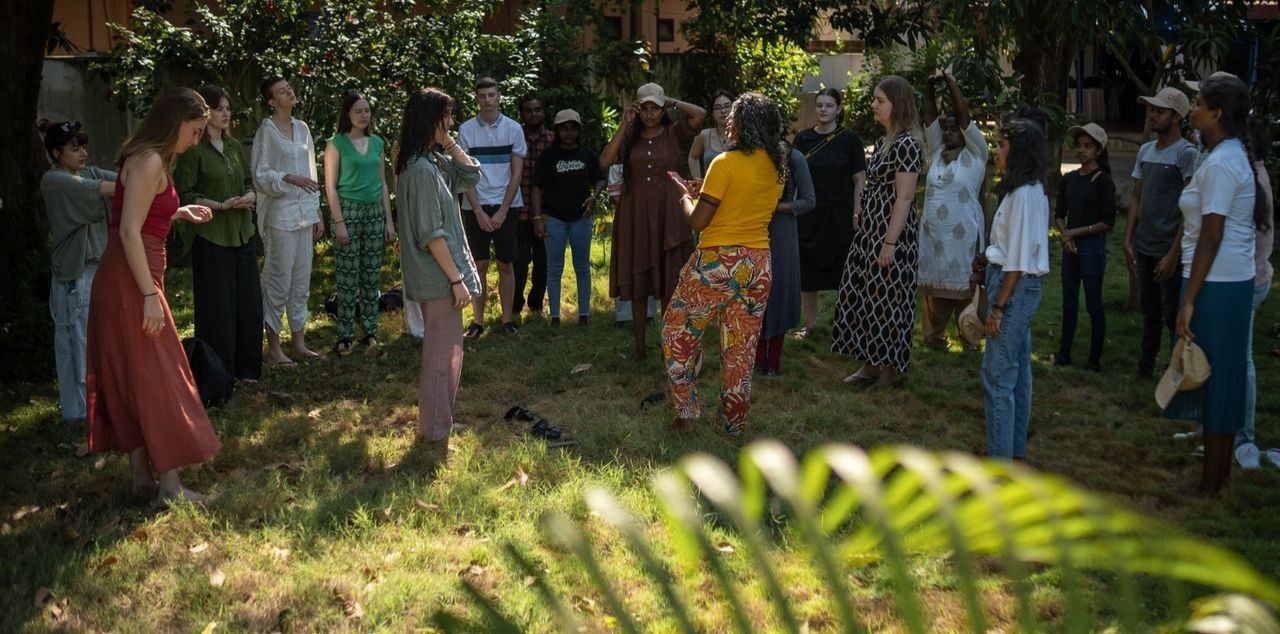
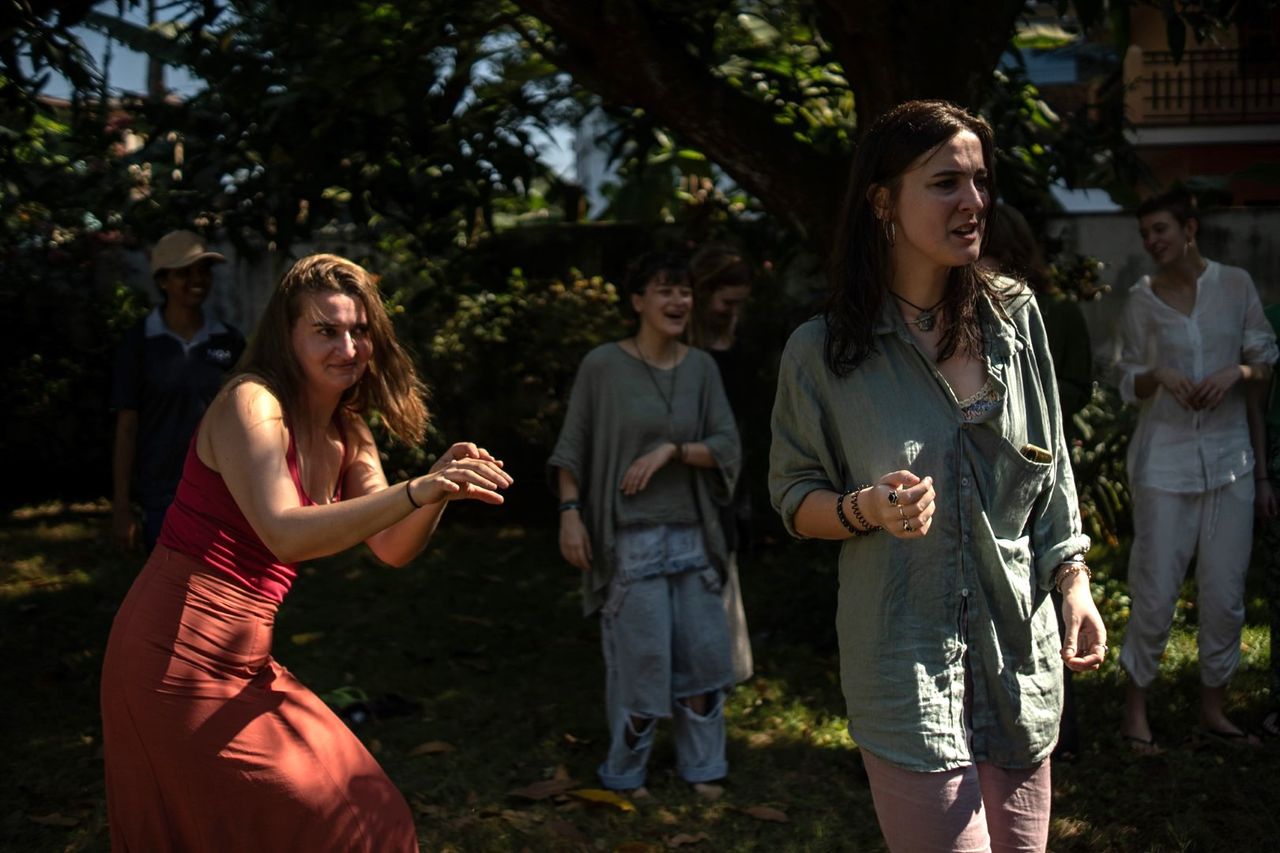
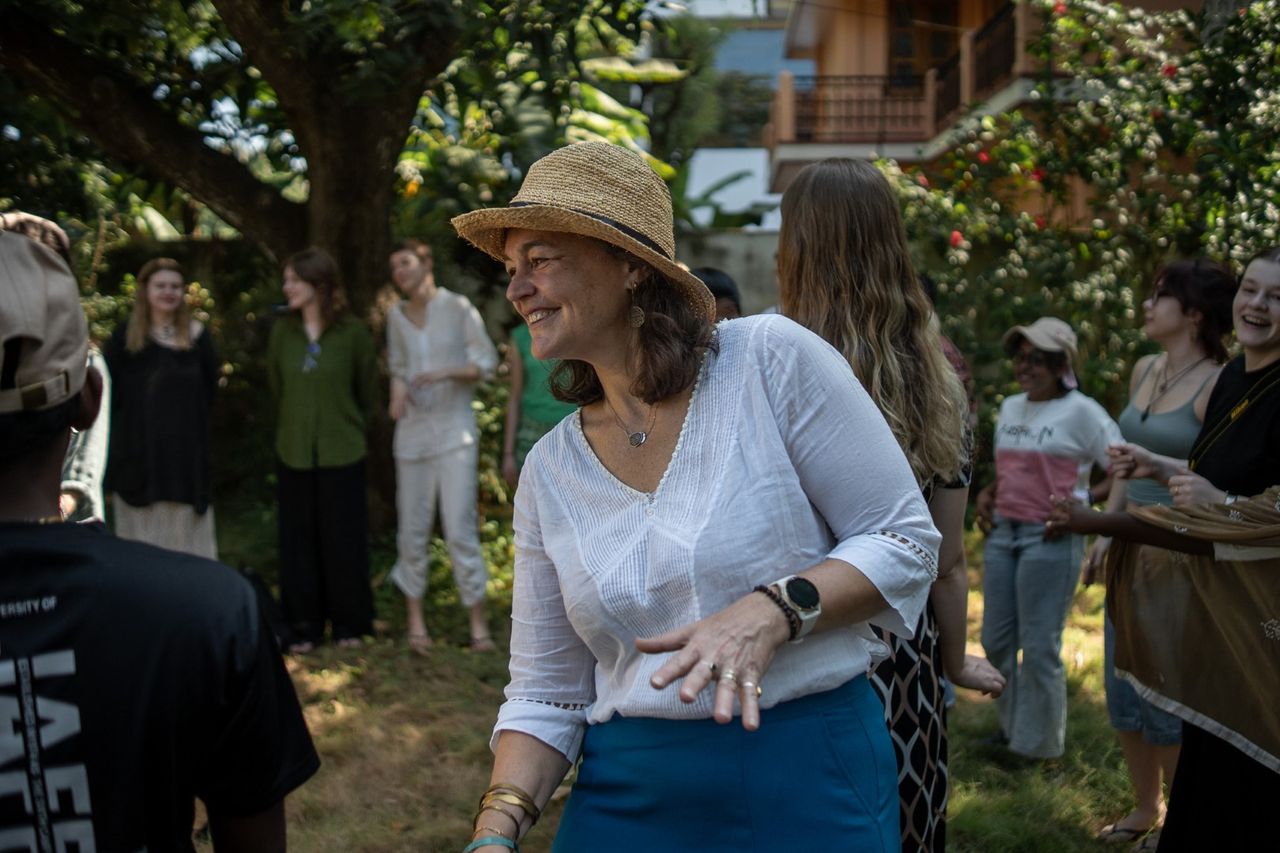
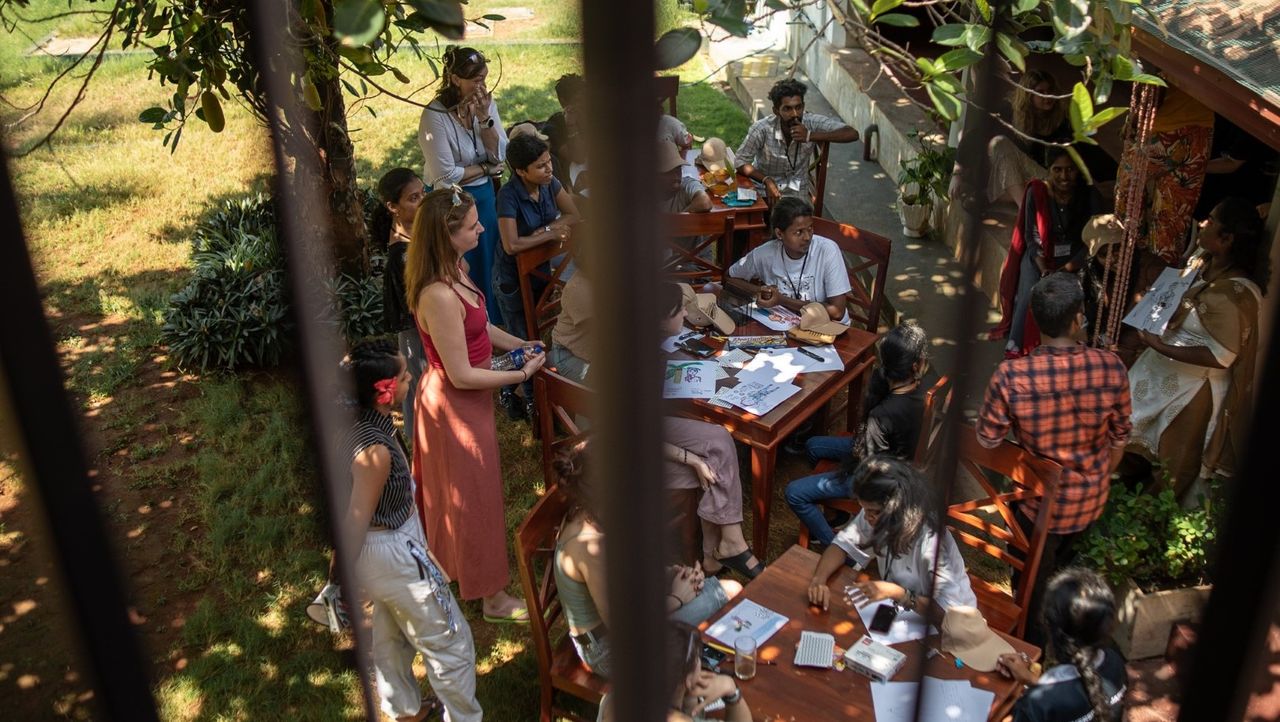
It's not just about the final product but the amount of effort and love we put into it. The entire process is valuable and something to be proud of, which I have learnt in these two weeks.
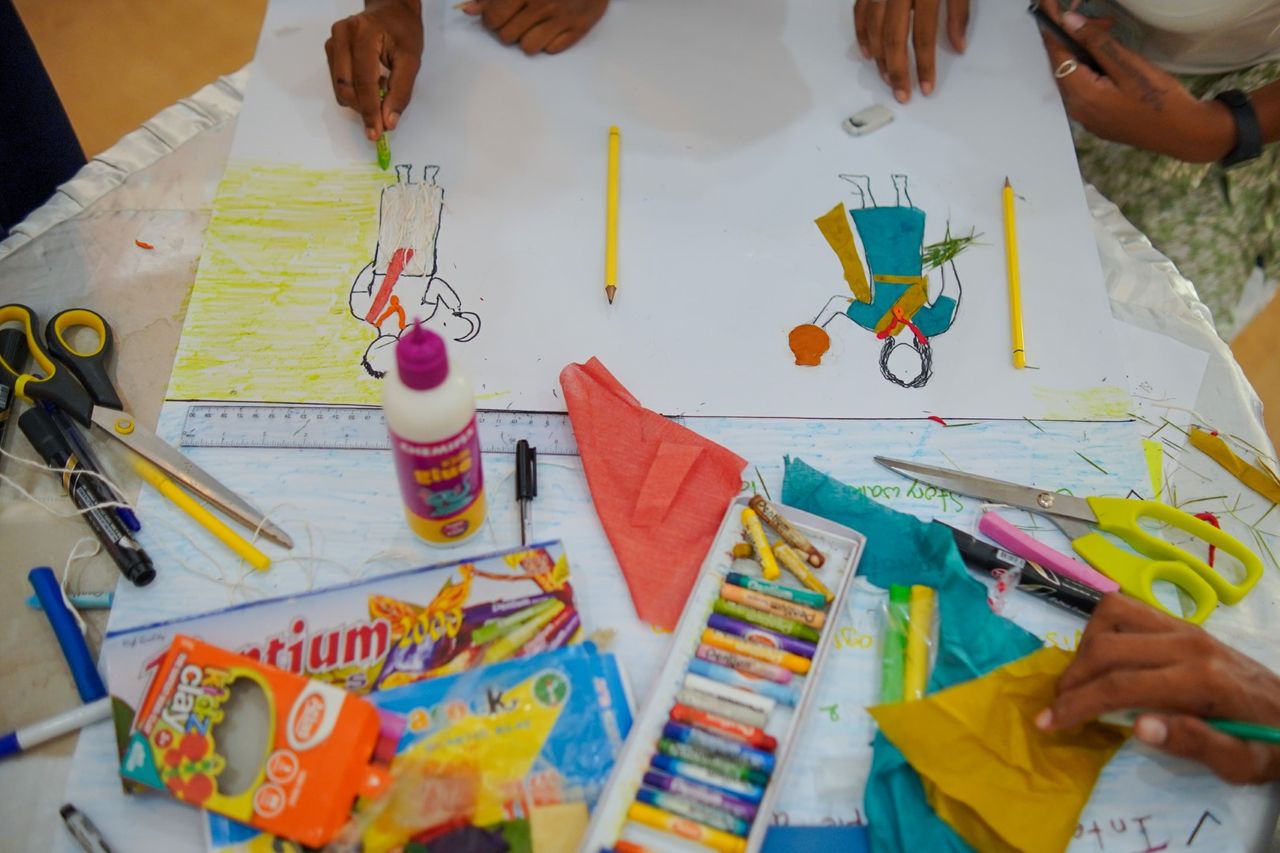
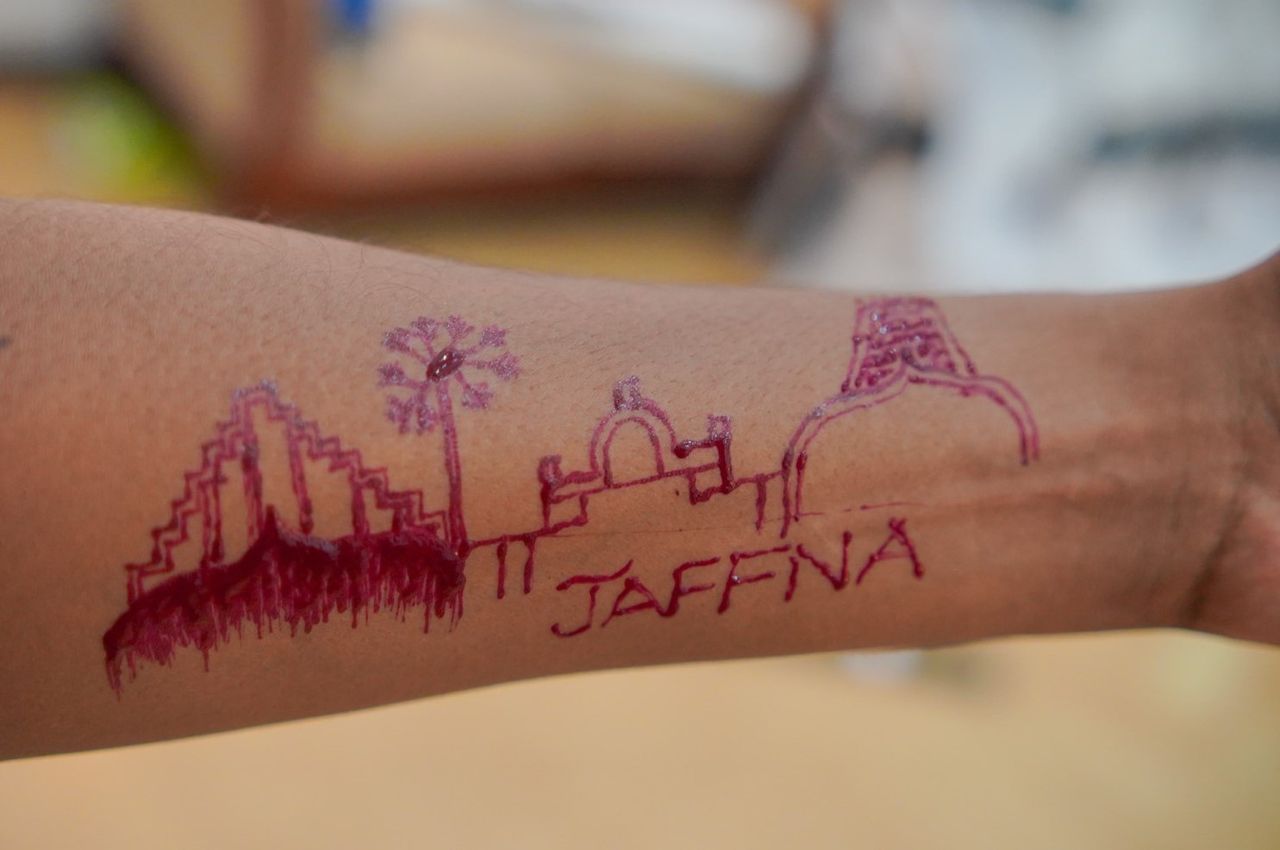
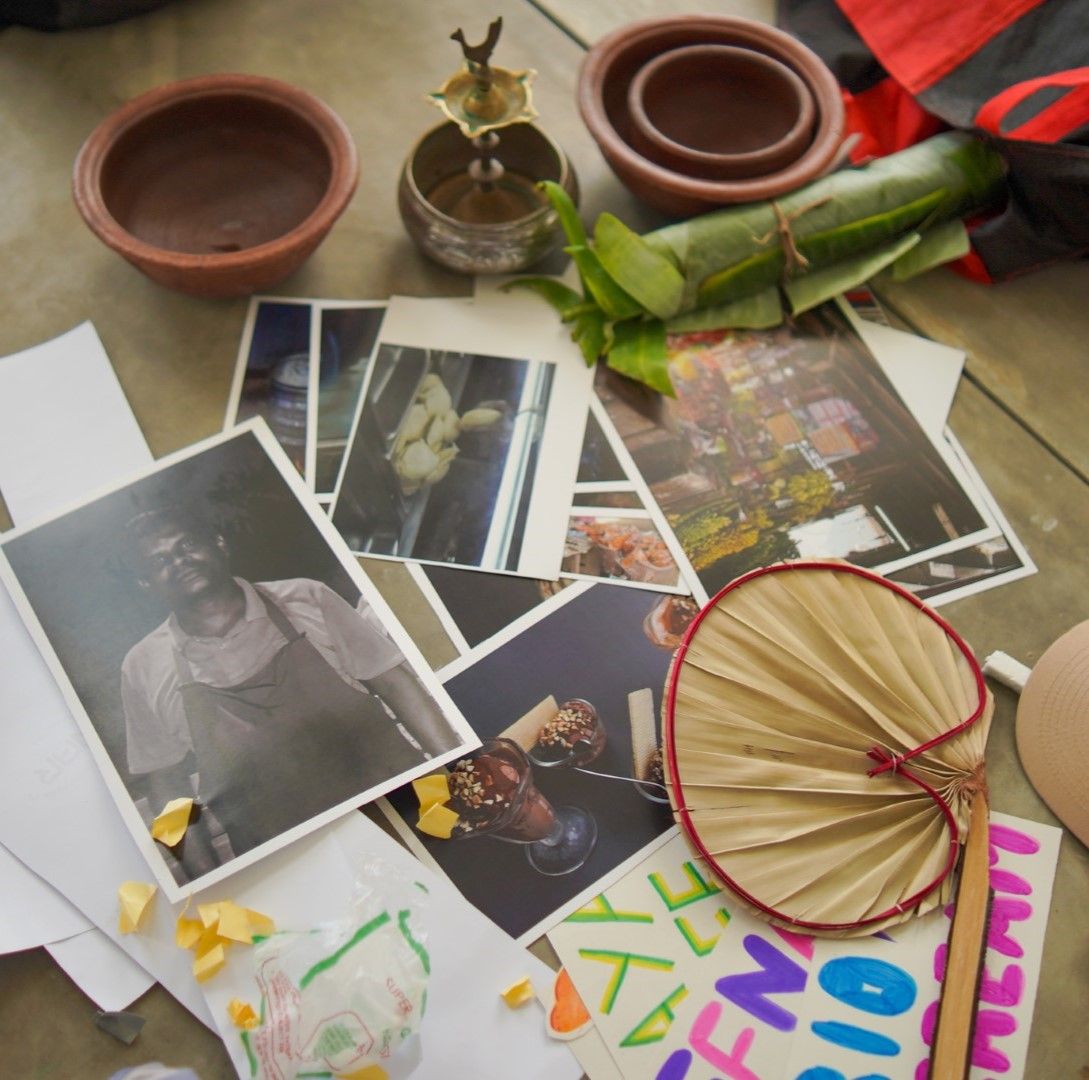
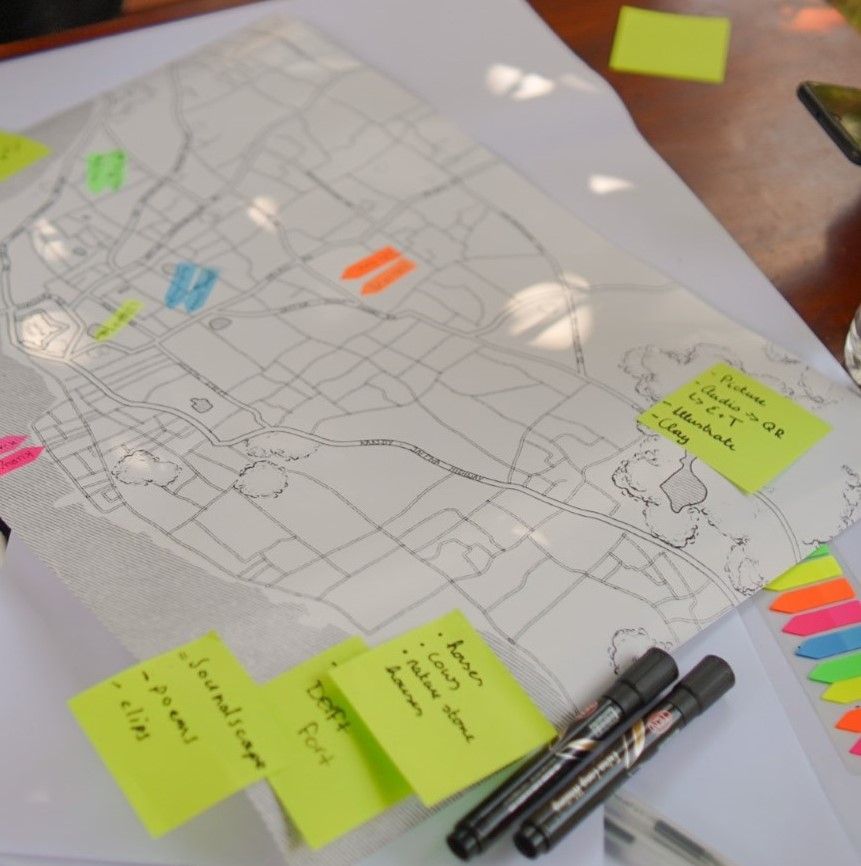
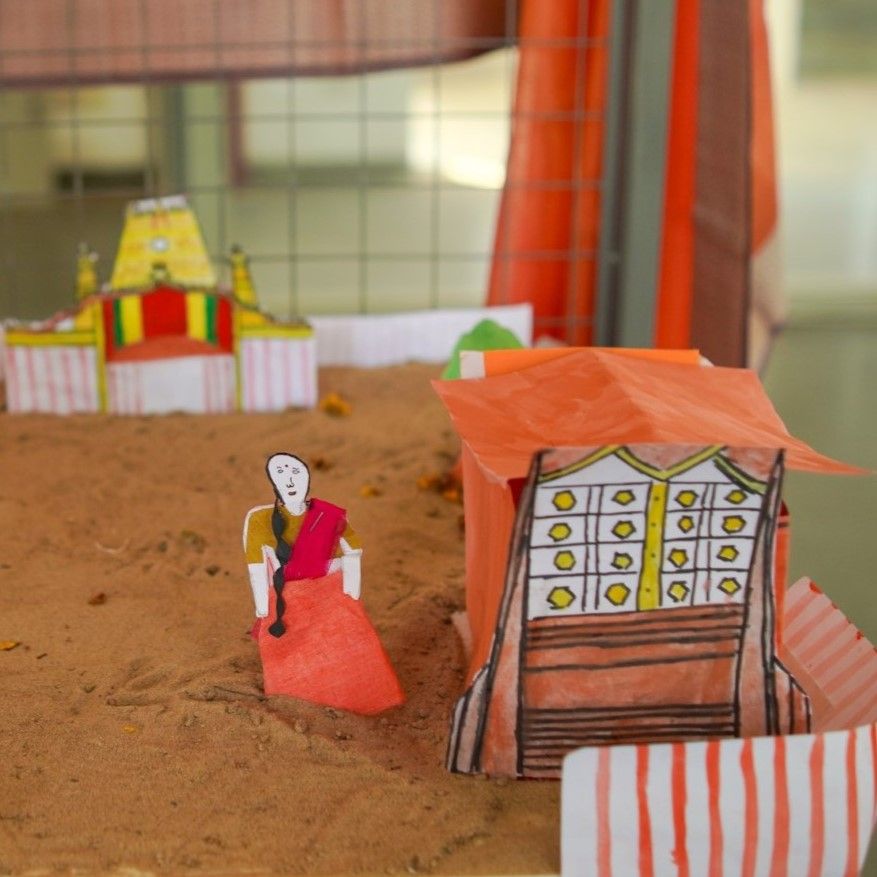
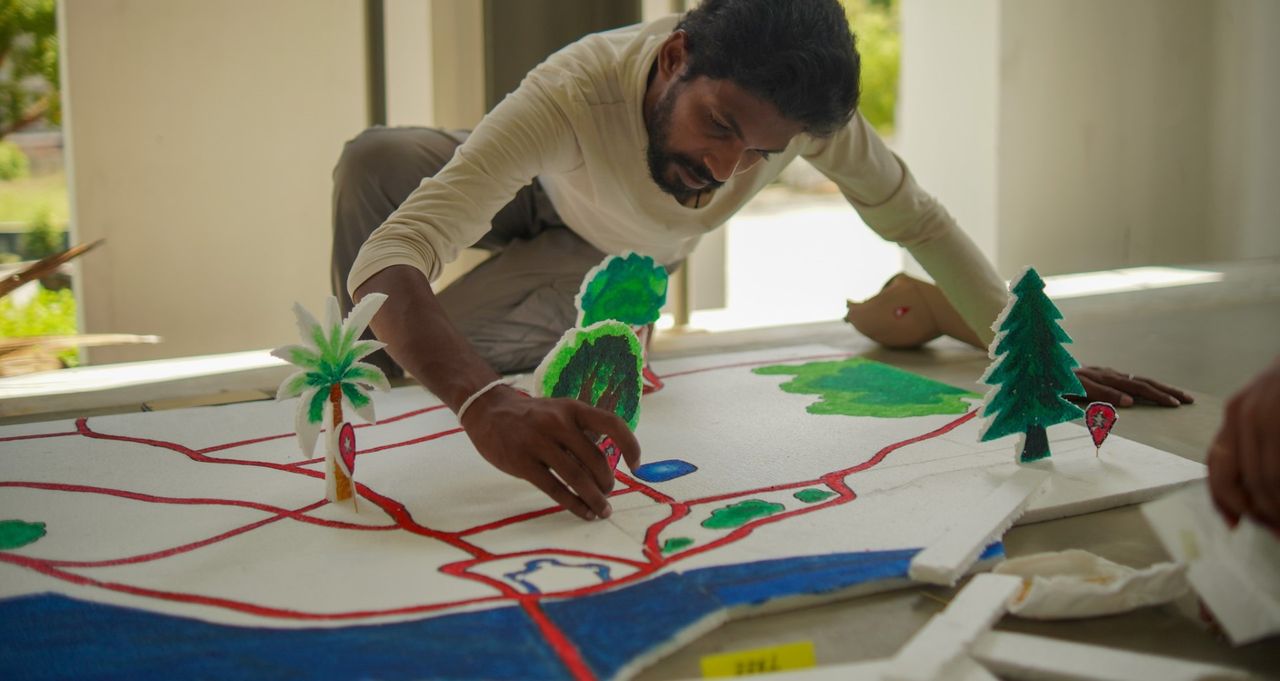
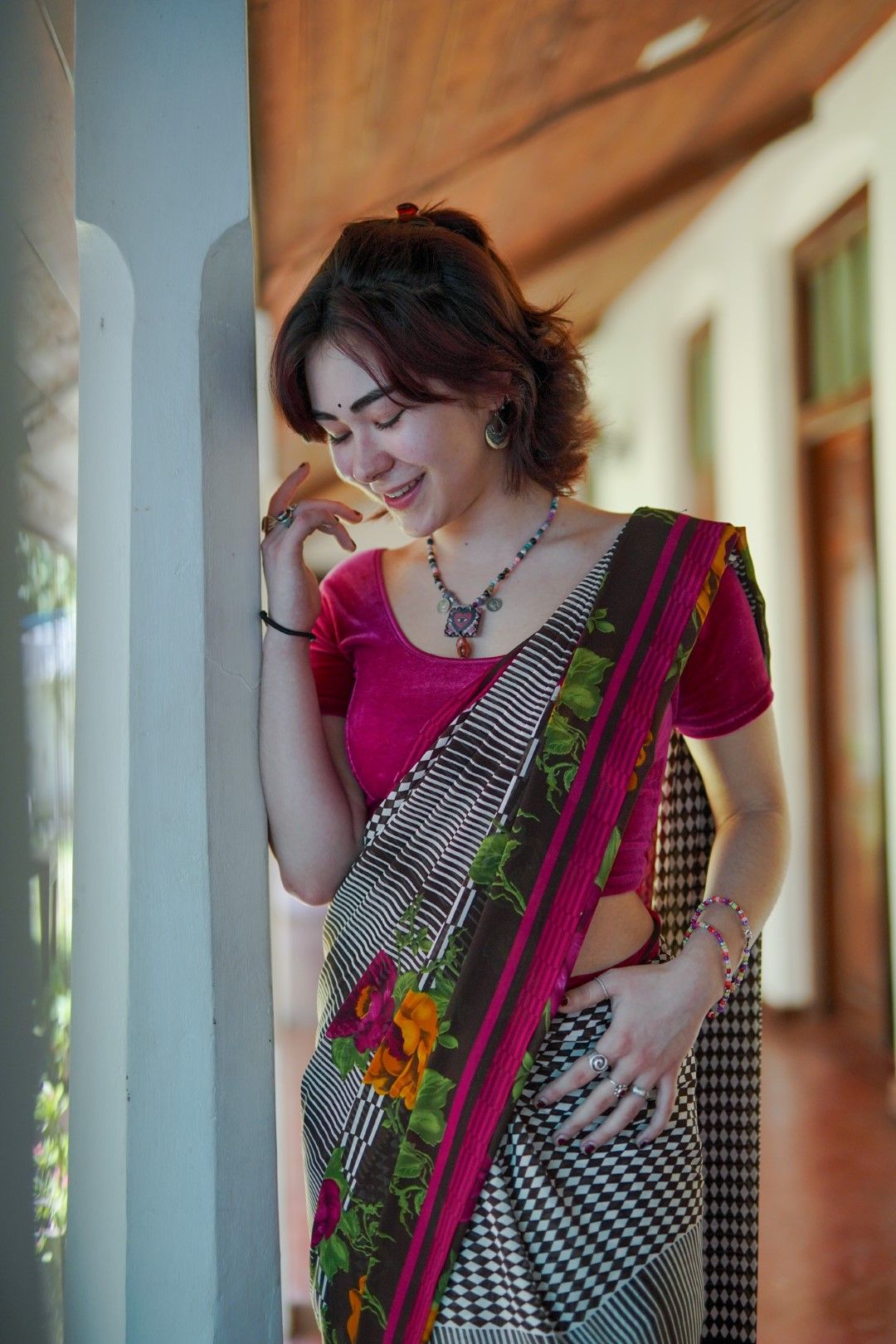
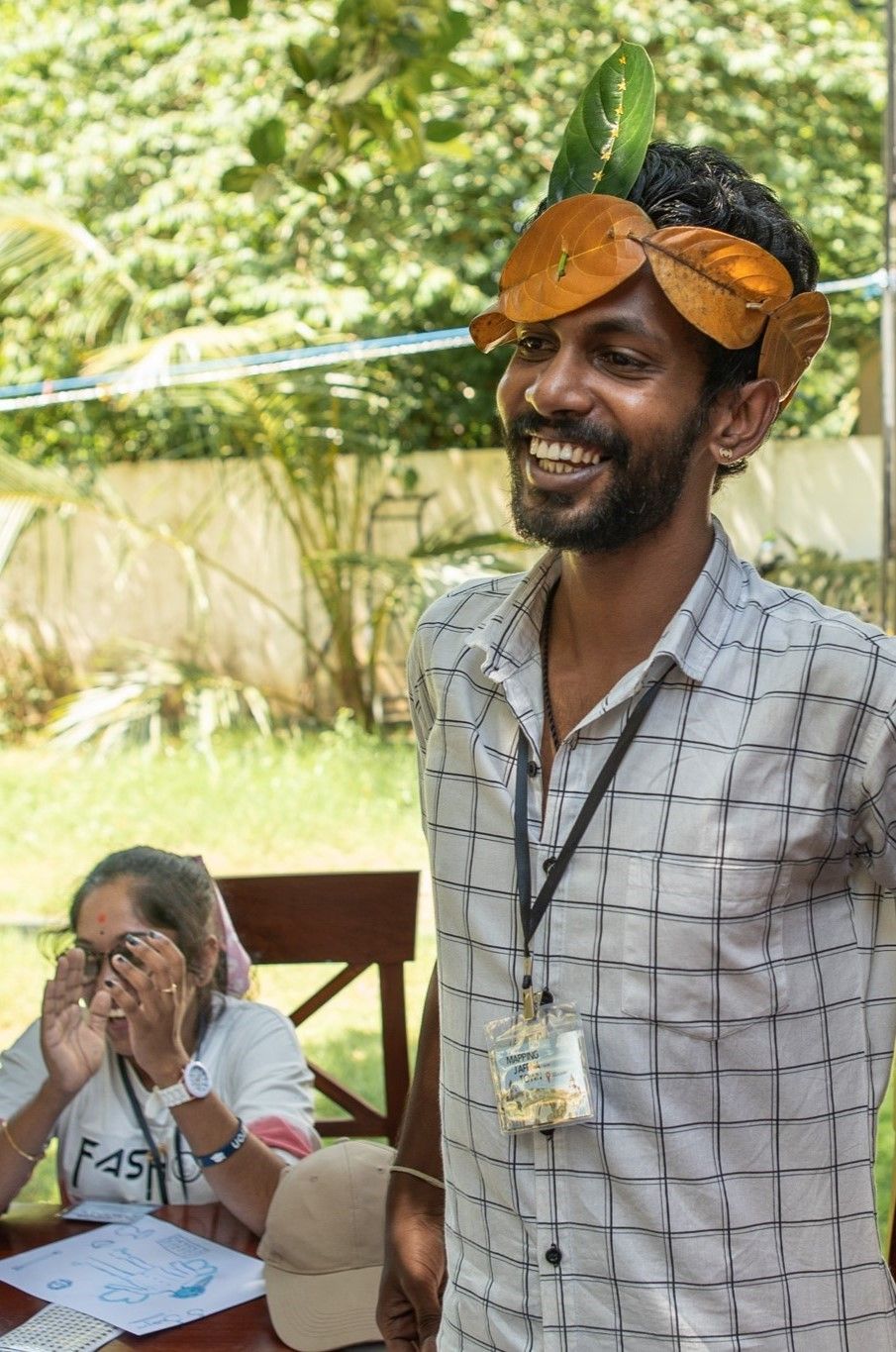
In Asian philosophy, the self and community are intertwined, unlike the Western concept of the individual self. Somehow, we are all roots of the same tree. That's how we came up with the tree spirit walk.
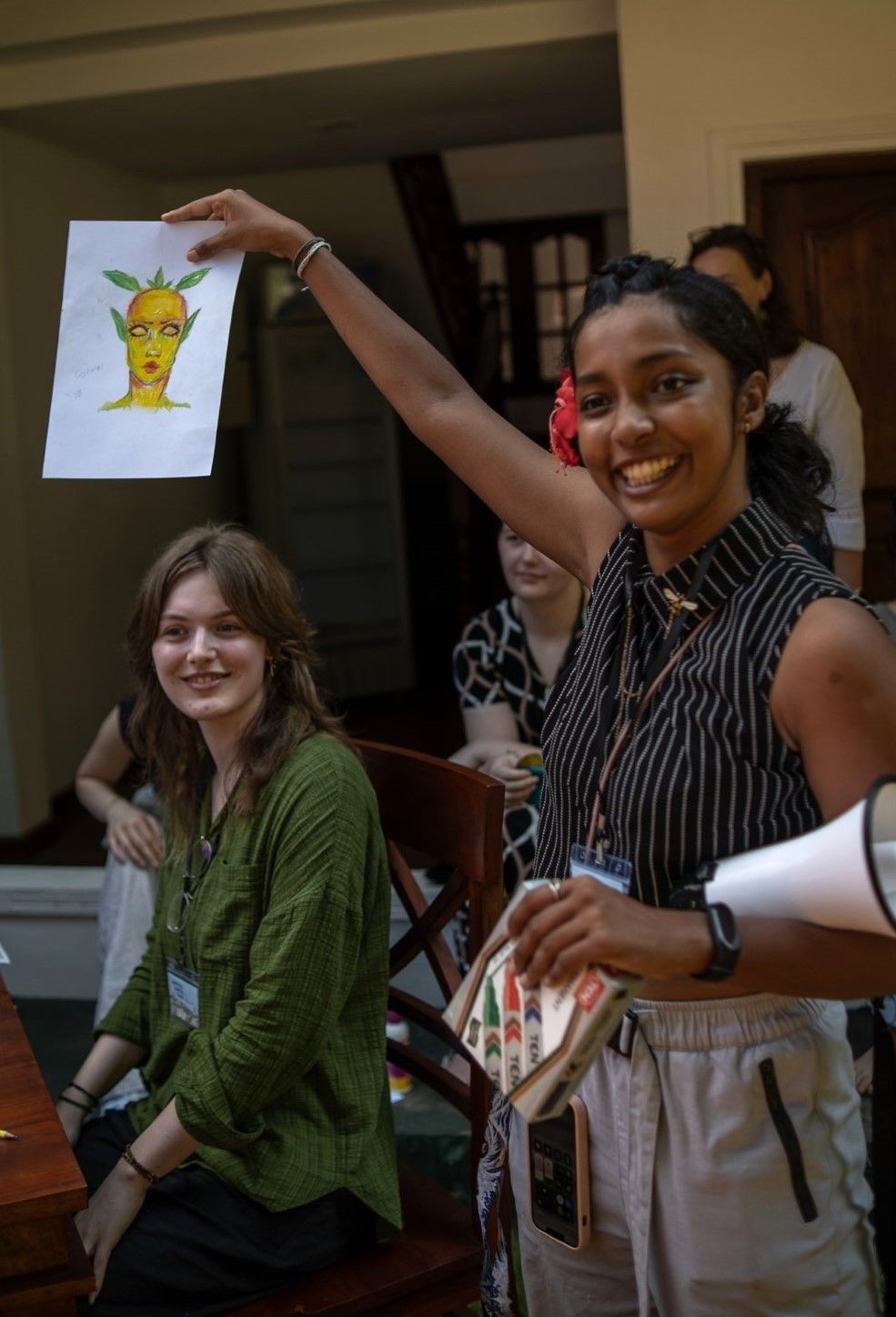
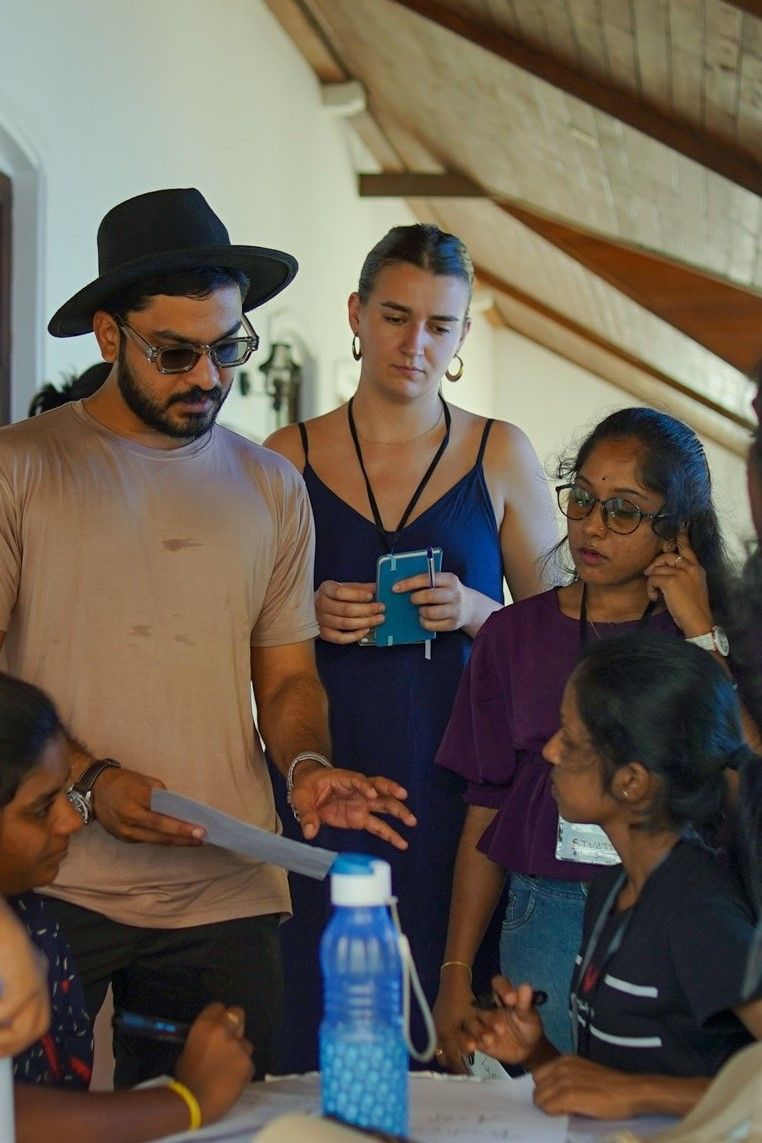
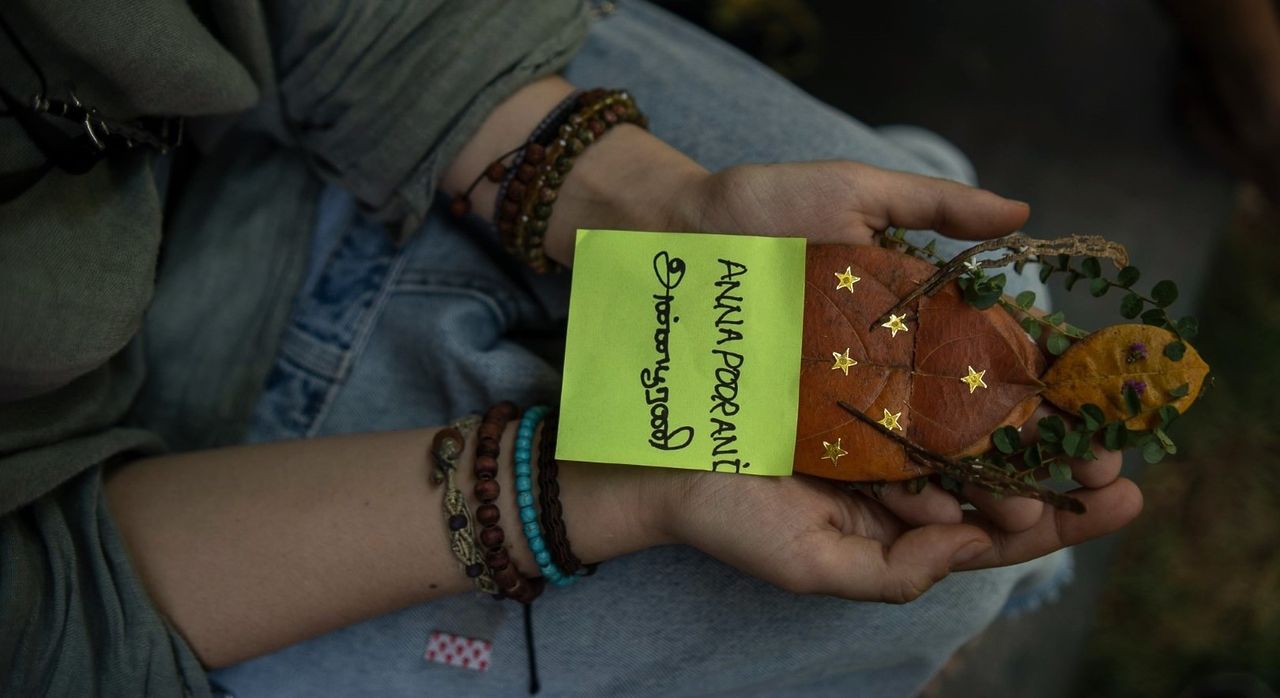
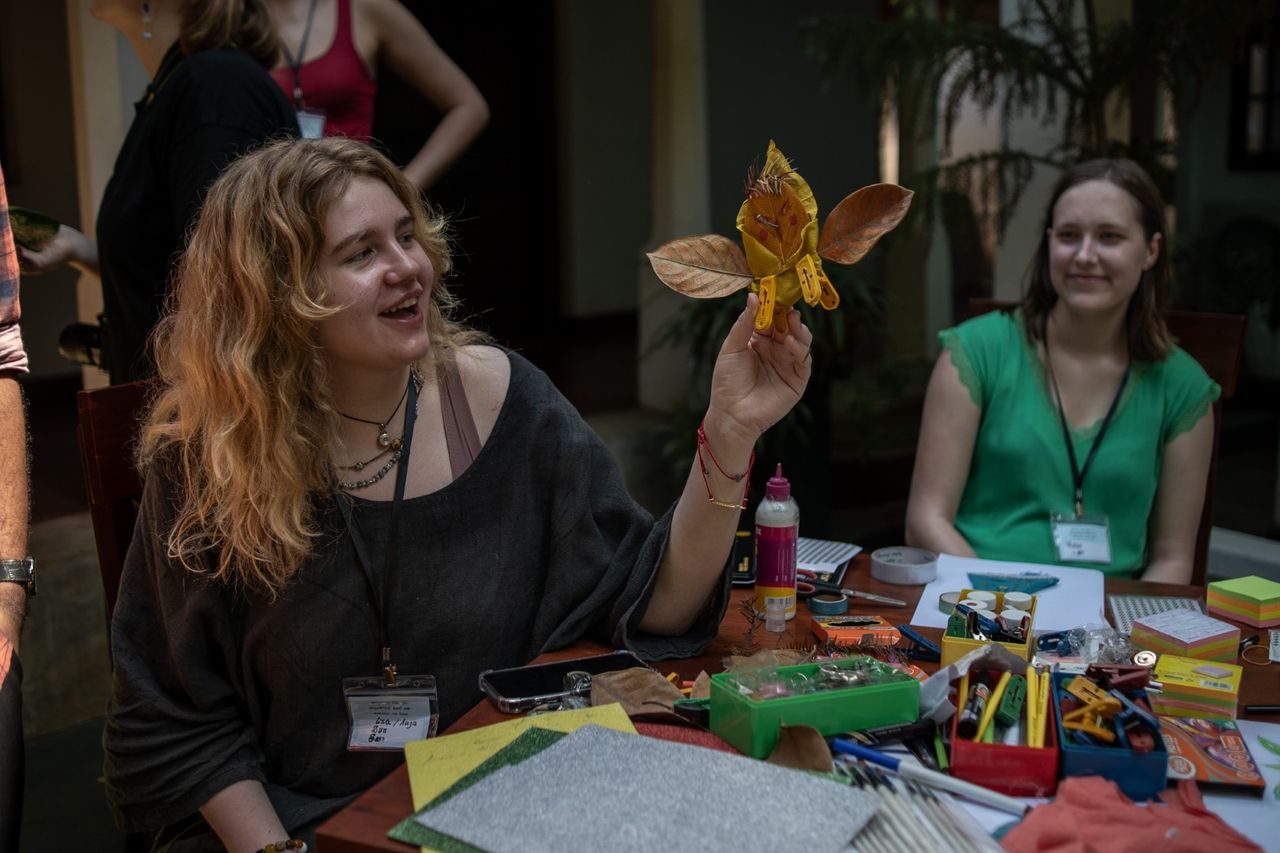
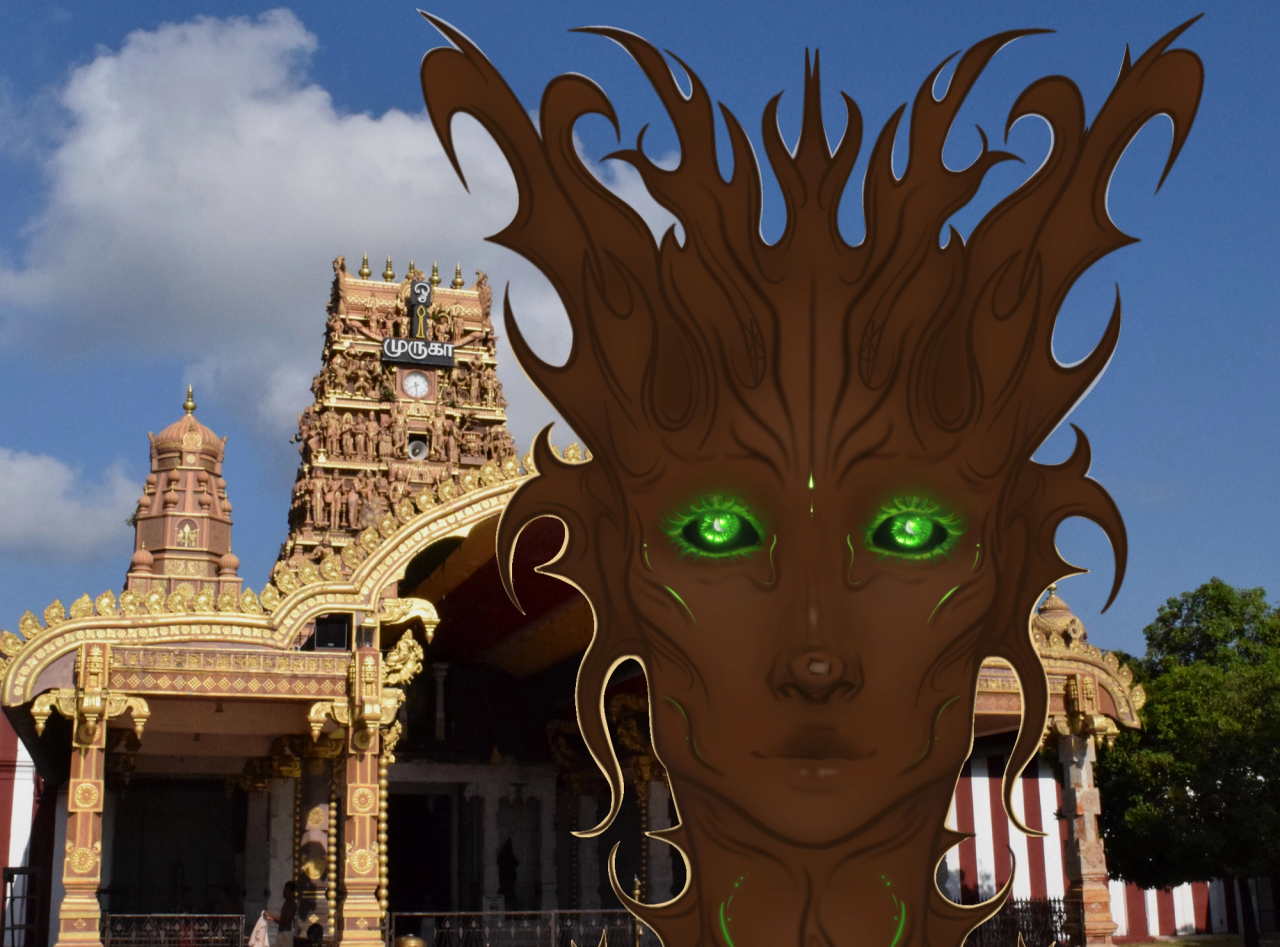
Diving into Delft Island
All six people in our group were interested in nature and spirituality. We came up with the idea to create content about Delft Island, which struck as an interesting and unique place, before going there. It was a one-day excursion and one of the last ones in the field school programme. We realised it was a bit of a risk to work on a project about a remote place we had not been to yet and could not return to, all while working on our tree spirit walk. But we wanted to take the risk, despite time-constraints, expectations, and all other challenges; we were driven by our concept, and thought, "Ok, this is our time to shine!"
I had such a clear vision for our Delft Island project and how to execute it. I thought I could handle everything myself, but everyone chipped in, and in the end, we actually needed help, as writing the text was challenging. That's where Nadee, one of the mentors, came in, and she was great. The support that the mentors gave us was really inspiring. Knowing they are there, eager to help you and value your uniqueness is so nice. They guided us through the whole process, and it helped that they all had a clear role and their own expertise. I needed their moral support more than practical support. For me, the end was the hardest part. You have an idea, you're working on it, and everything is fine, but what will the final product look like?
I was lucky to be part of a group of people in which everyone had their own niche, which made working on our projects a lot easier. It's also a whole different dynamic when you have a bigger number of international students than when you're working with a group consisting primarily of local students. A few people, especially within the smaller groups, struggled more. We were all very supportive of each other and tried to help other groups because it was not a competition. We all chose different stories and used different means of telling these stories, but we were all in it together, working on the same project. We had to create together without conflict and divide tasks as grown-ups, working on the same aim.
We all had our expectations about realising our ideas, but what we ended up with was different. You have to accept that not everything works out the way you imagine. That doesn't necessarily mean worse; our Delft Island trail turned out to be even better than I could have imagined. It's not just about the final product but the amount of effort and love we put into it. The entire process is valuable and something to be proud of, which I have learnt in these two weeks. I feel super happy and insanely proud of what we created.
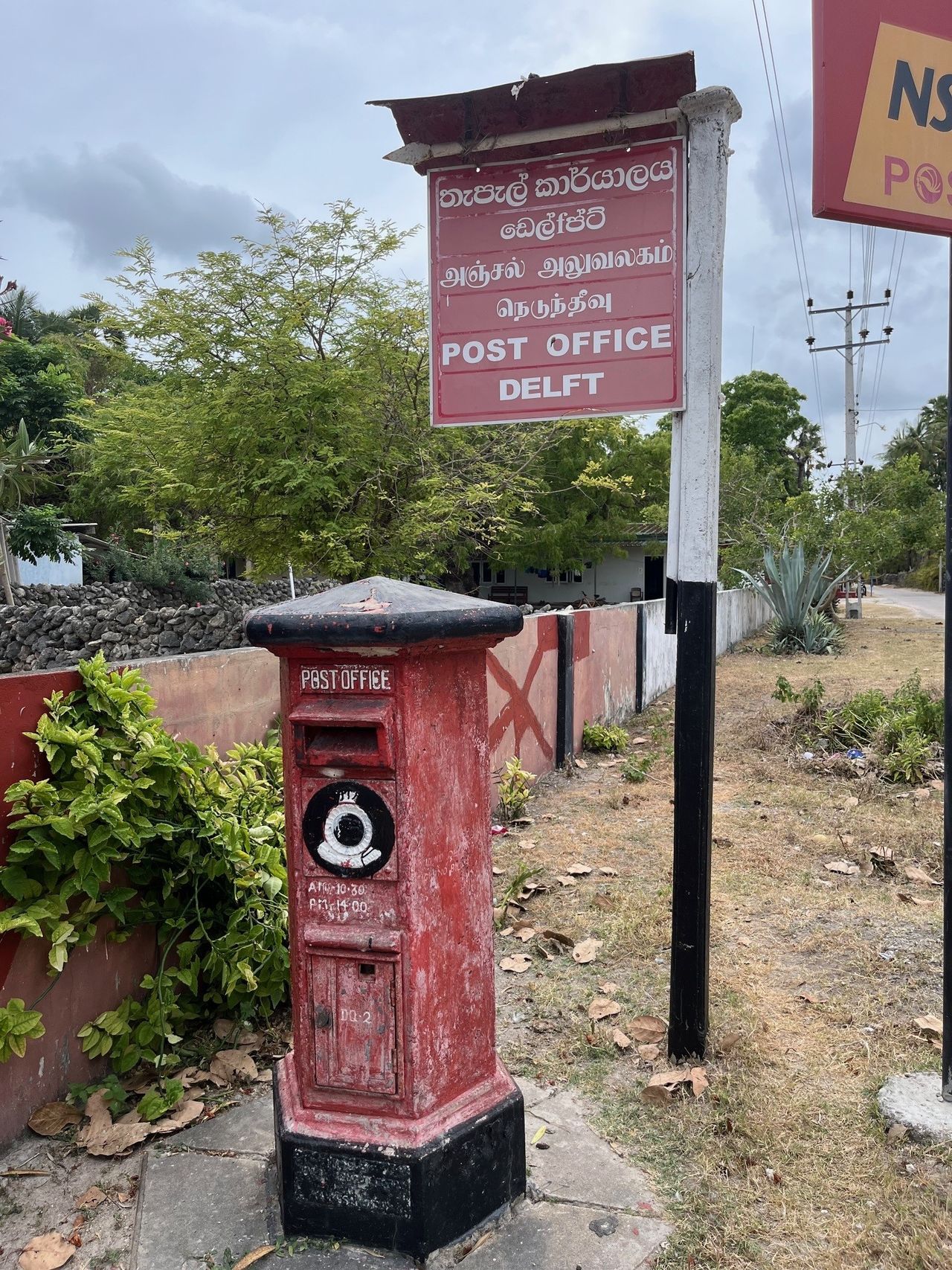
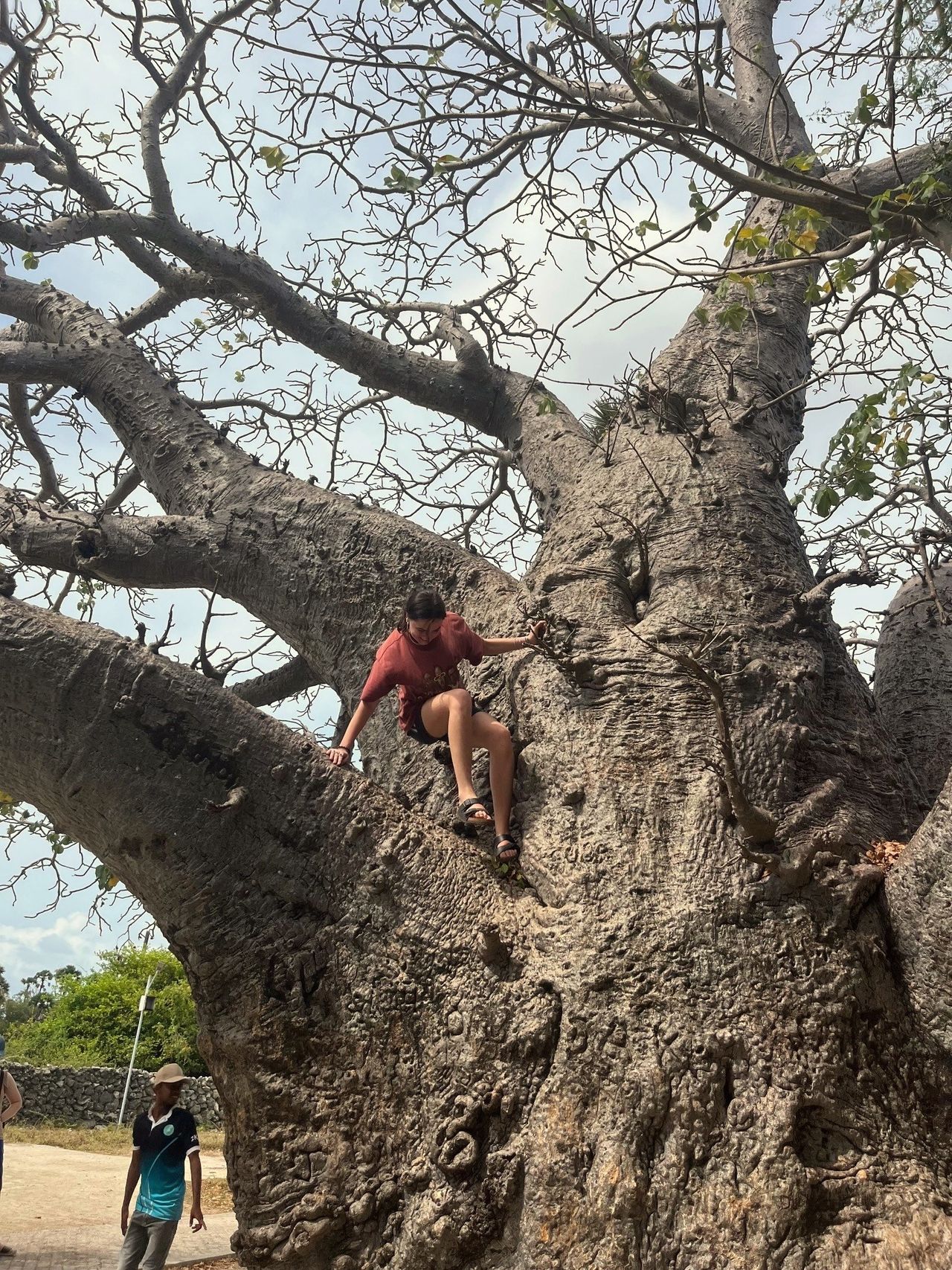
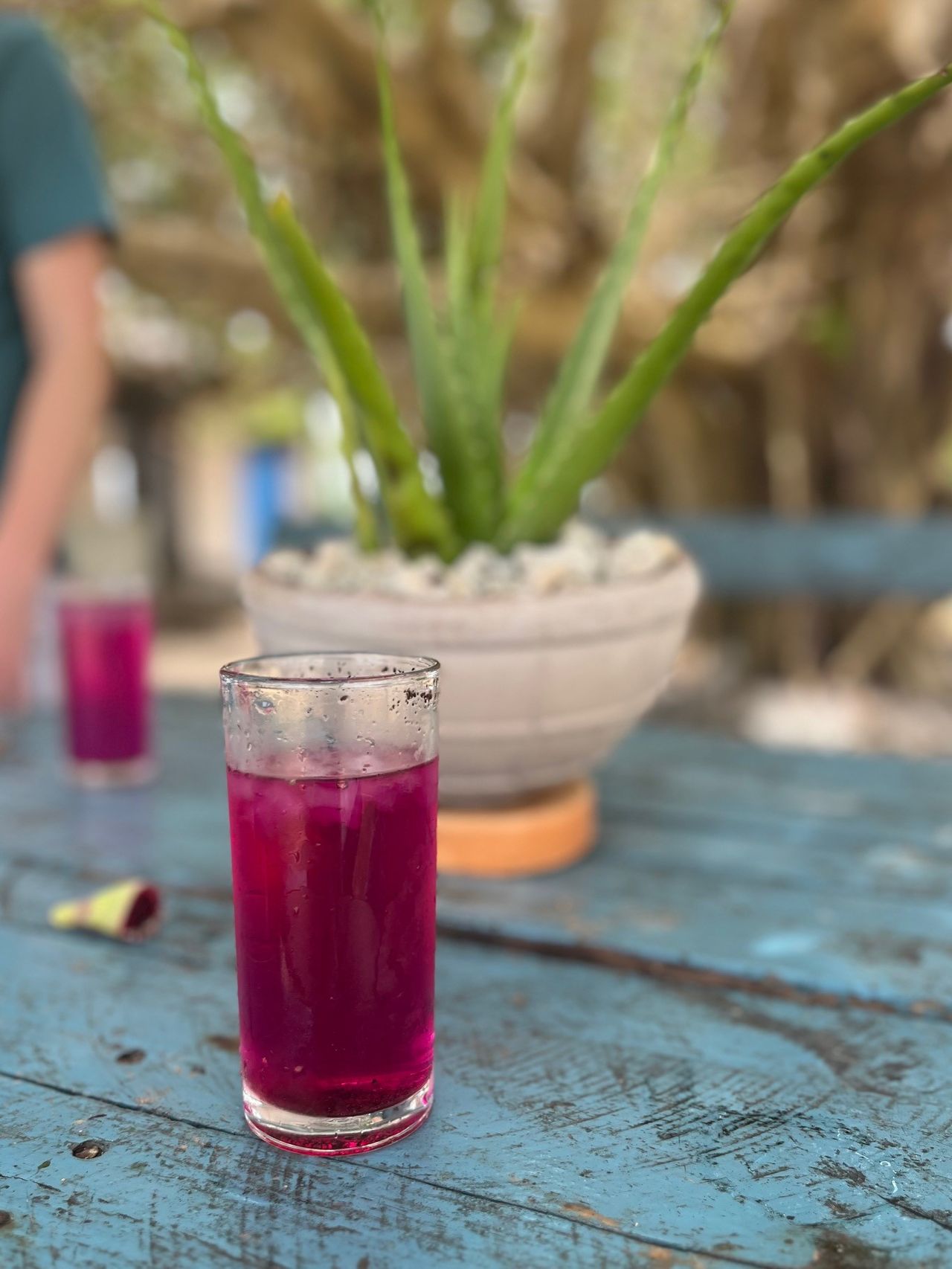
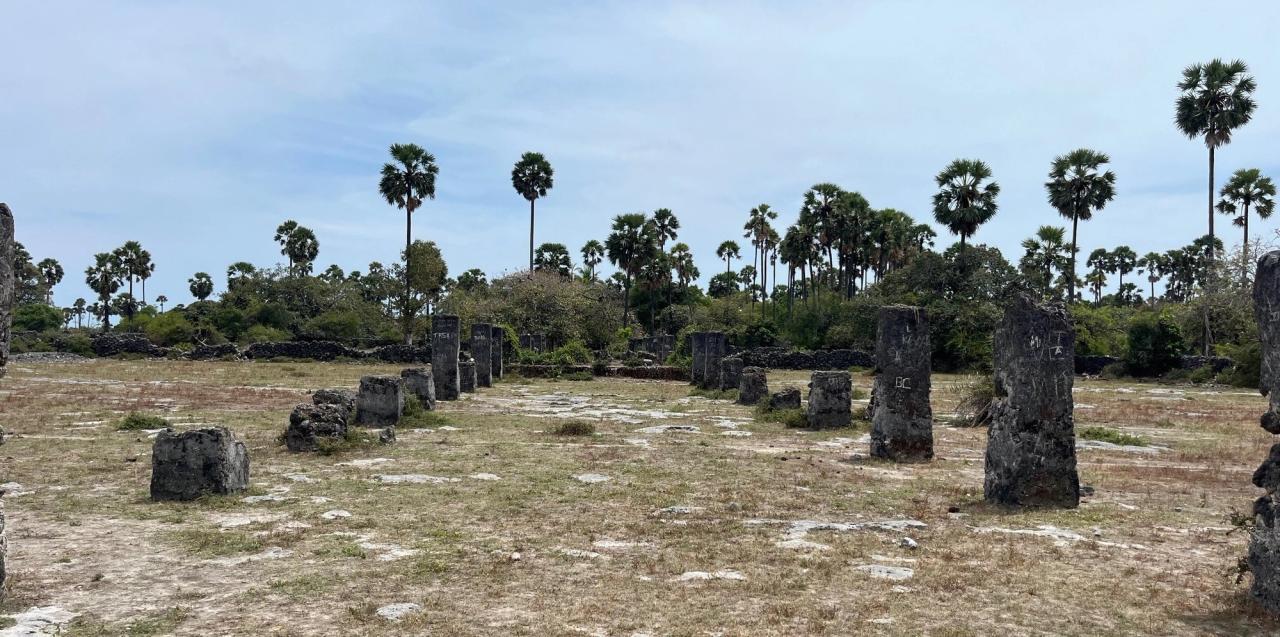
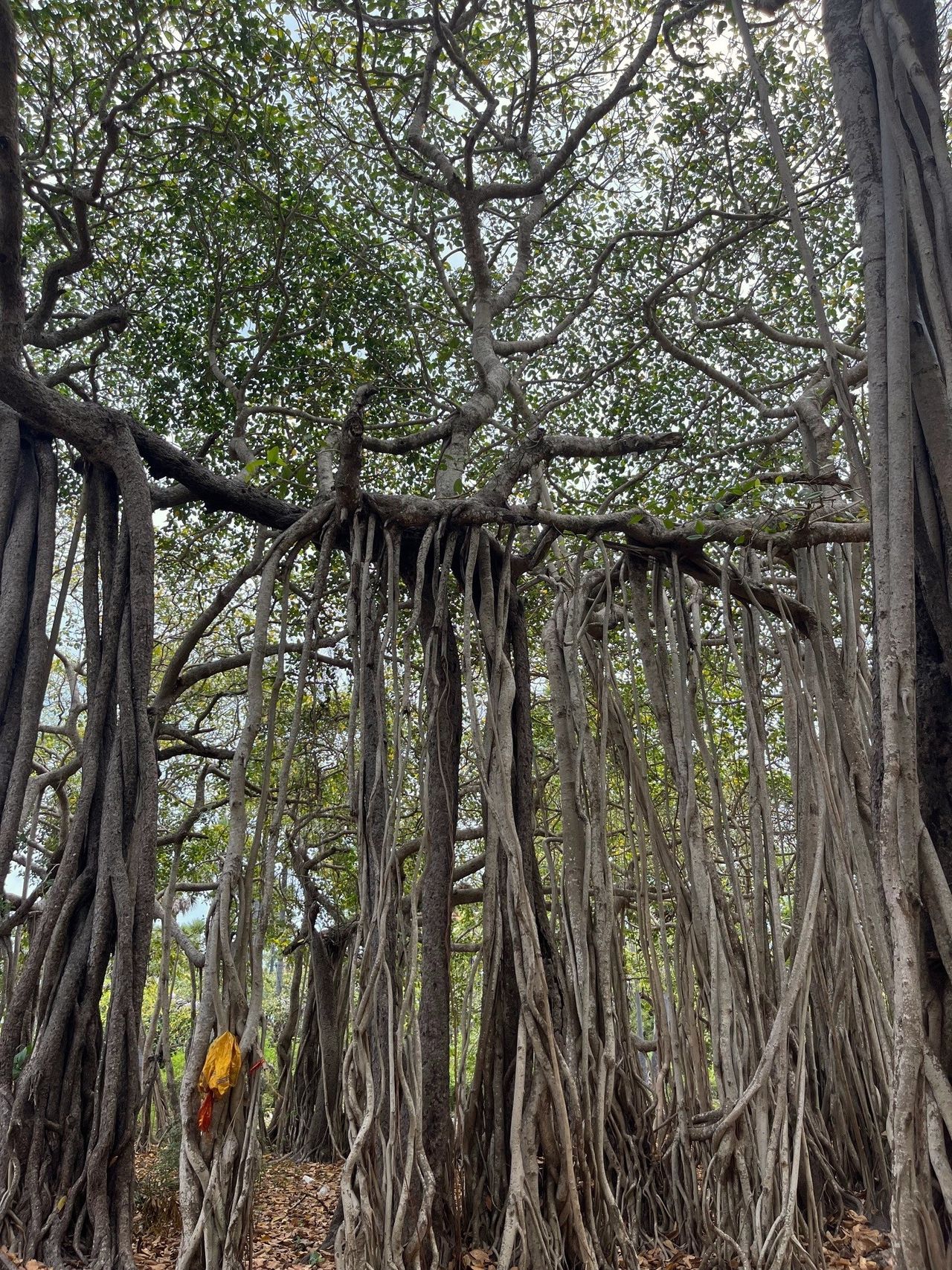
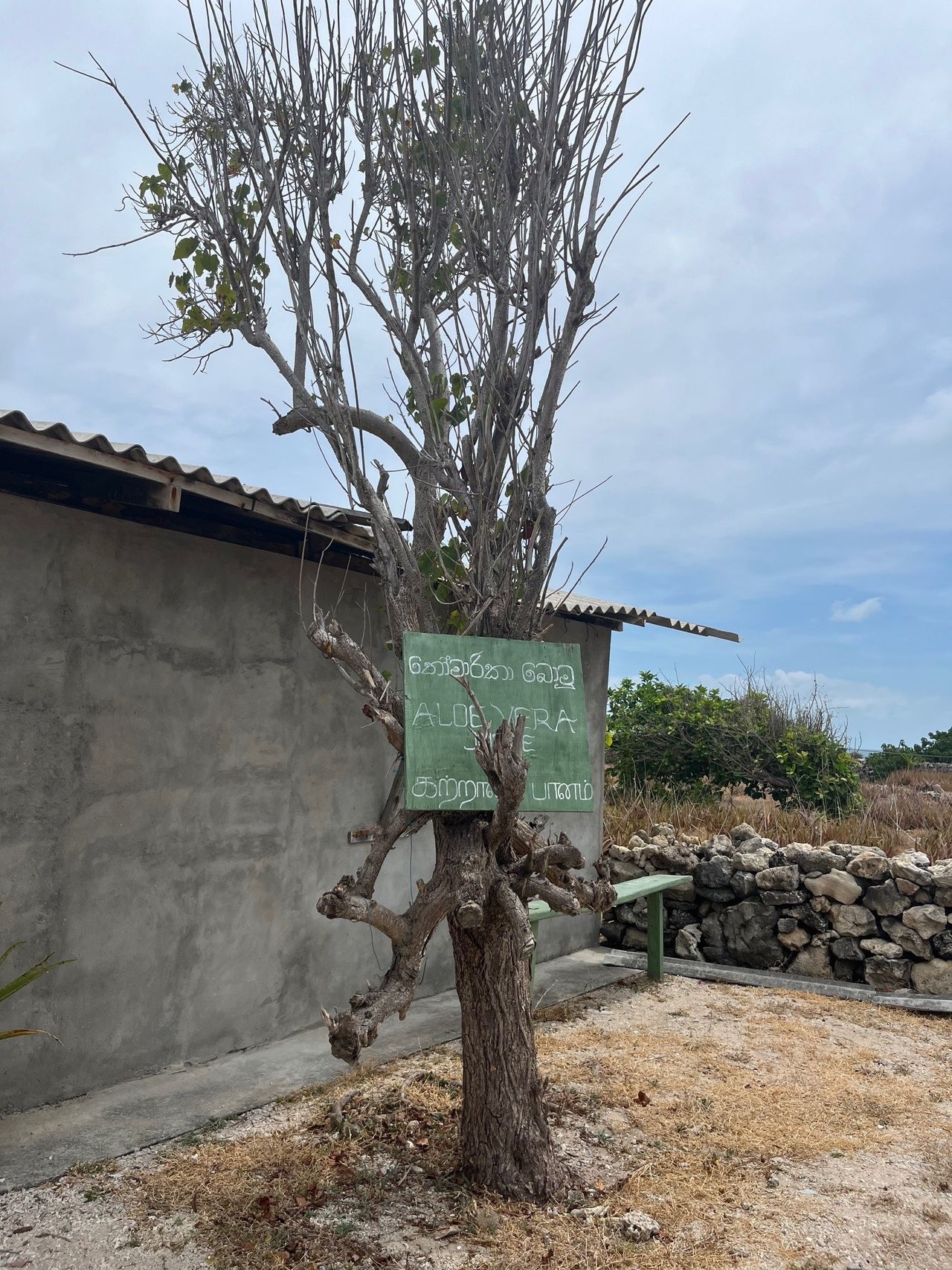
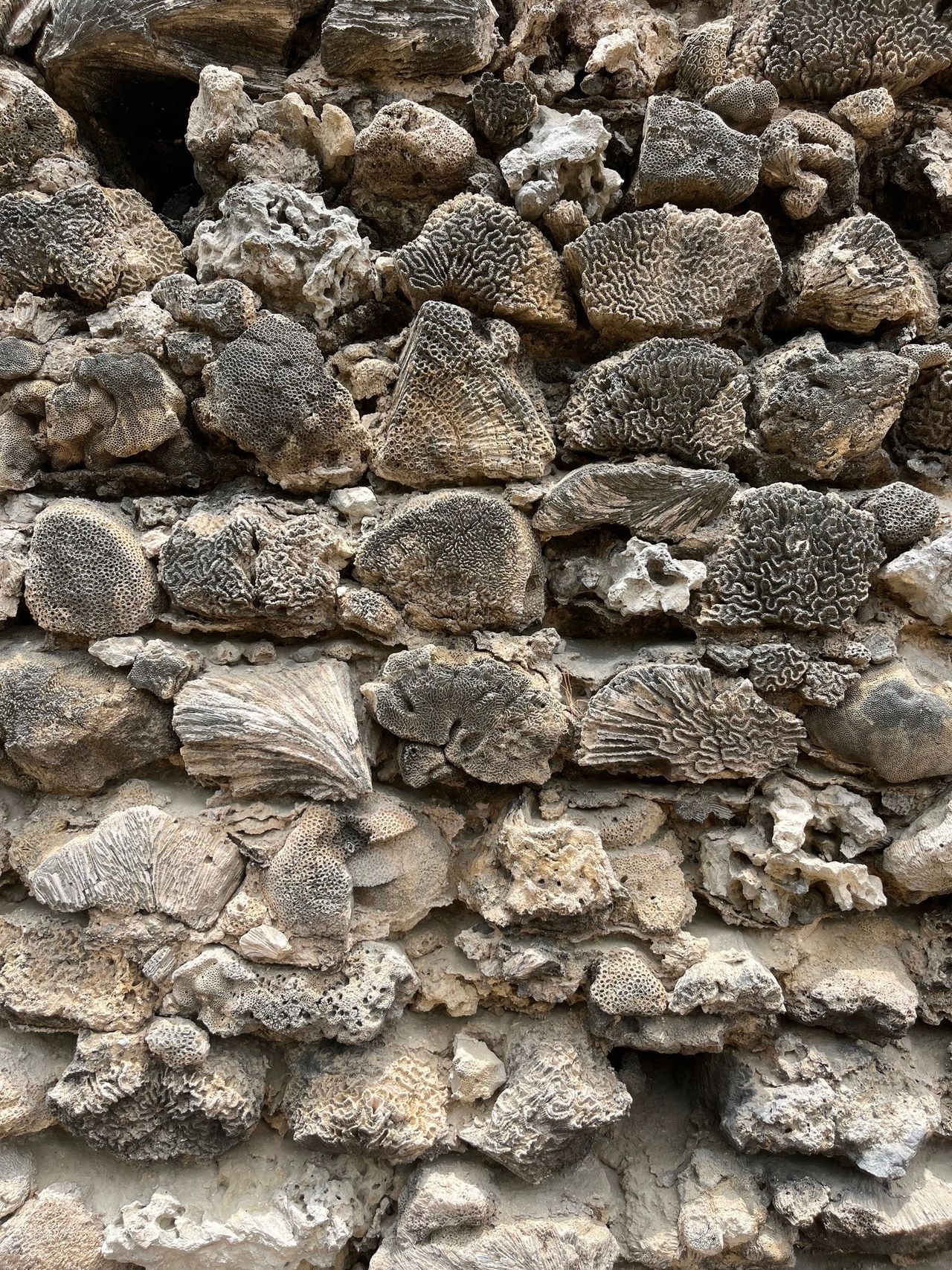
Creating from the soul
The field school allowed me to apply my creative skills in real life. Having the space, time and people around who encourage you helps you to naturally improve them. You learn by doing.
I write a lot for school, but it's all research and academia; the last time I wrote something more poetic was in high school when I had more freedom to write. I remember I was quite good at it, or maybe not good, but I enjoyed it, and this enjoyment was apparent in my writing. Since high school, I haven't had the chance to write something straight from the soul. Apart from keeping a diary from time to time, I didn't write anything reflective or storytelling.
It was so nice to have the freedom and, with that, more imagination. The supportive spirit of people who said, "This is your time to do whatever you want to do," and the fact that we didn't have any strictness in expressing our creativity really helped. We were encouraged to focus on our strengths. And even if something didn't work out, you were trying and learning something new. It's always a process. It was a journey of self-discovery as well.
I had four cameras on me, and I kept switching between them - it was just so funny: I wanted to catch everything because everything seemed so interesting. And indeed, by the end of each day, I was going through all the photos, trying to choose the best ones, and thinking, "Wow, they're all so cool". It's nice to escape your daily routine for two weeks and fully focus on the things that bring you joy and reflect on everything. I forgot how much I love writing and photography; this whole experience reignited this love.
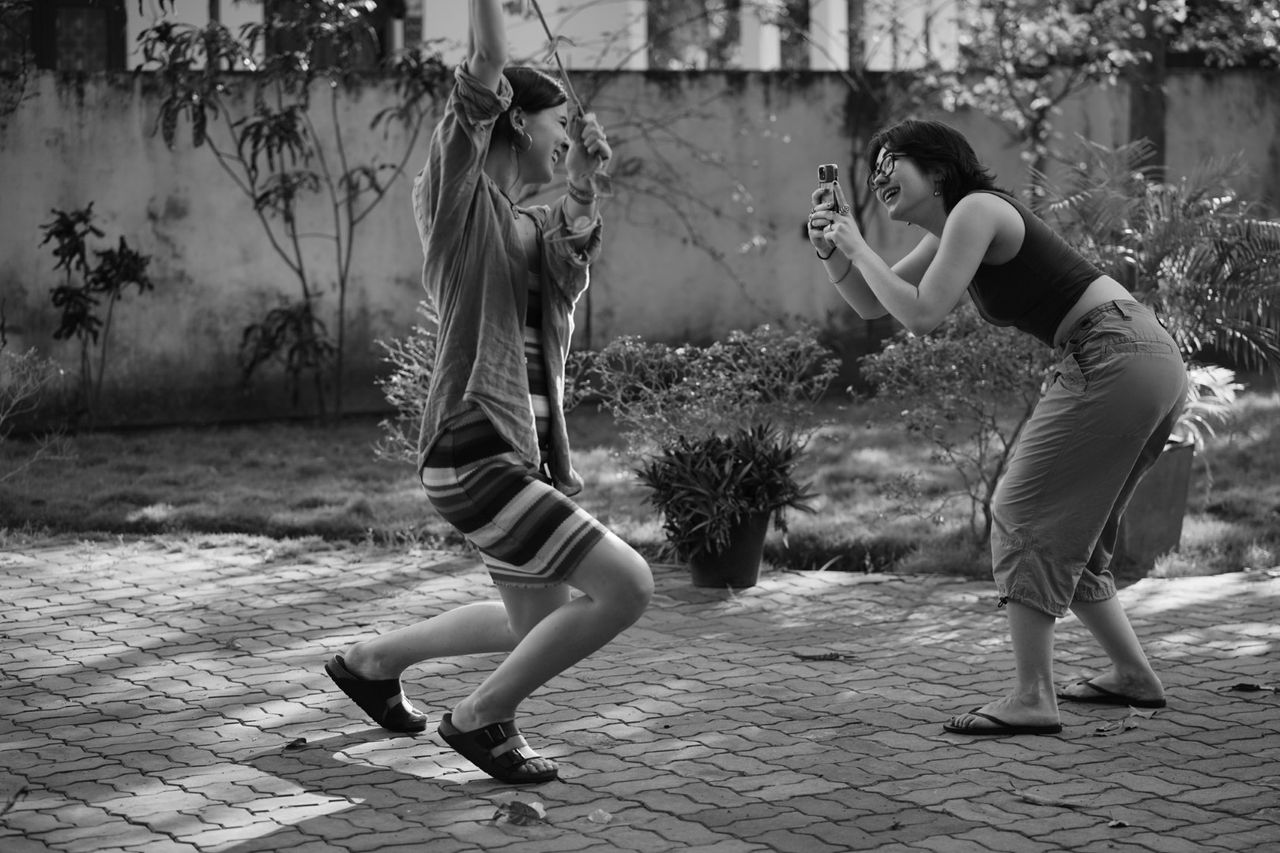
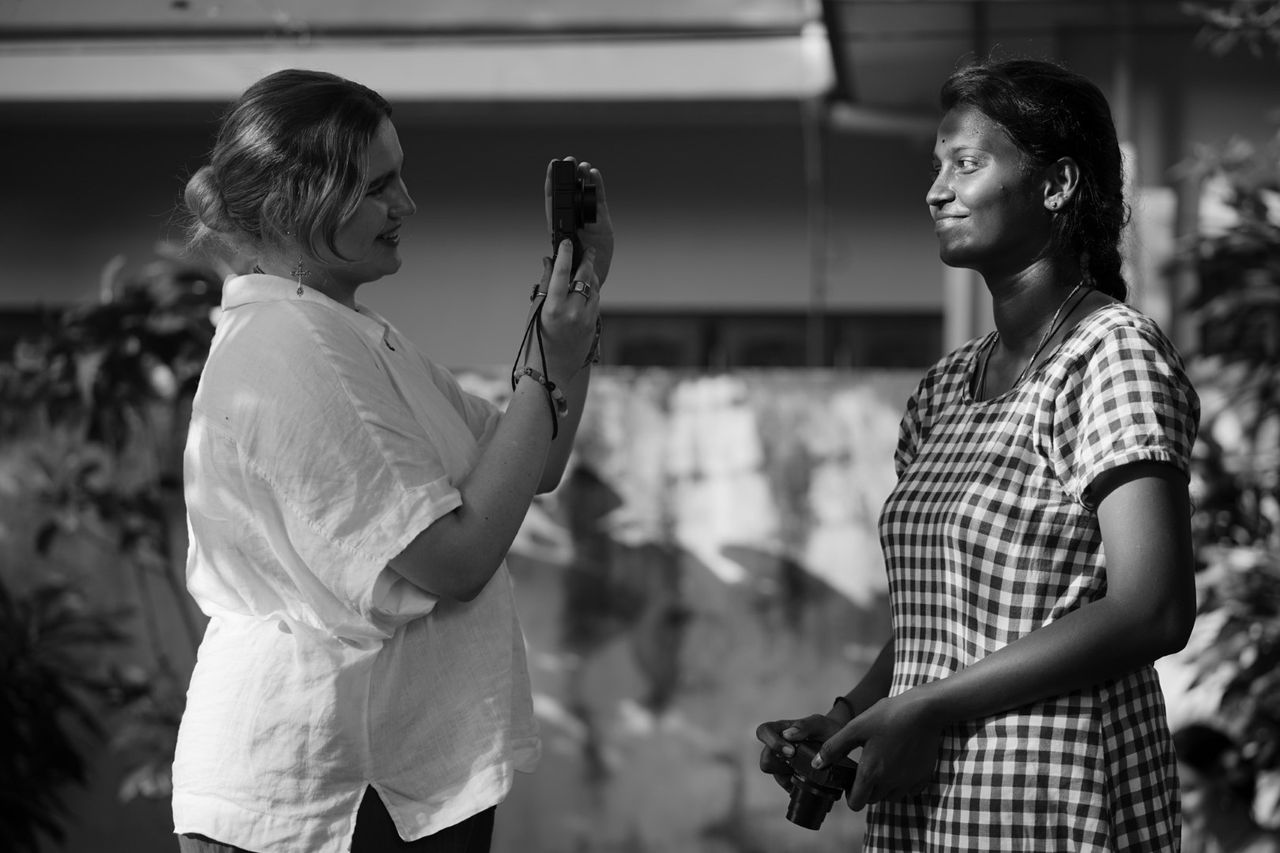
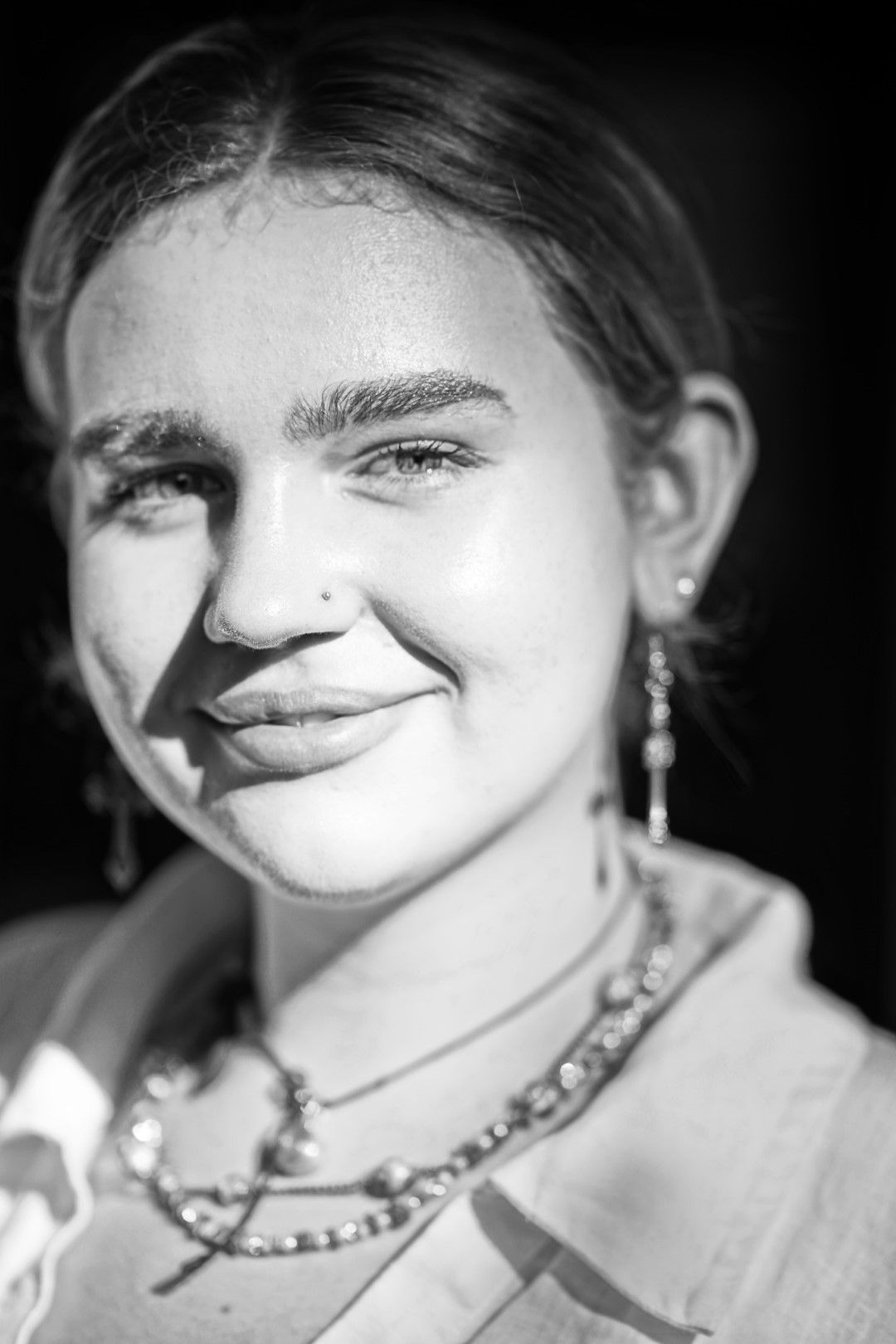
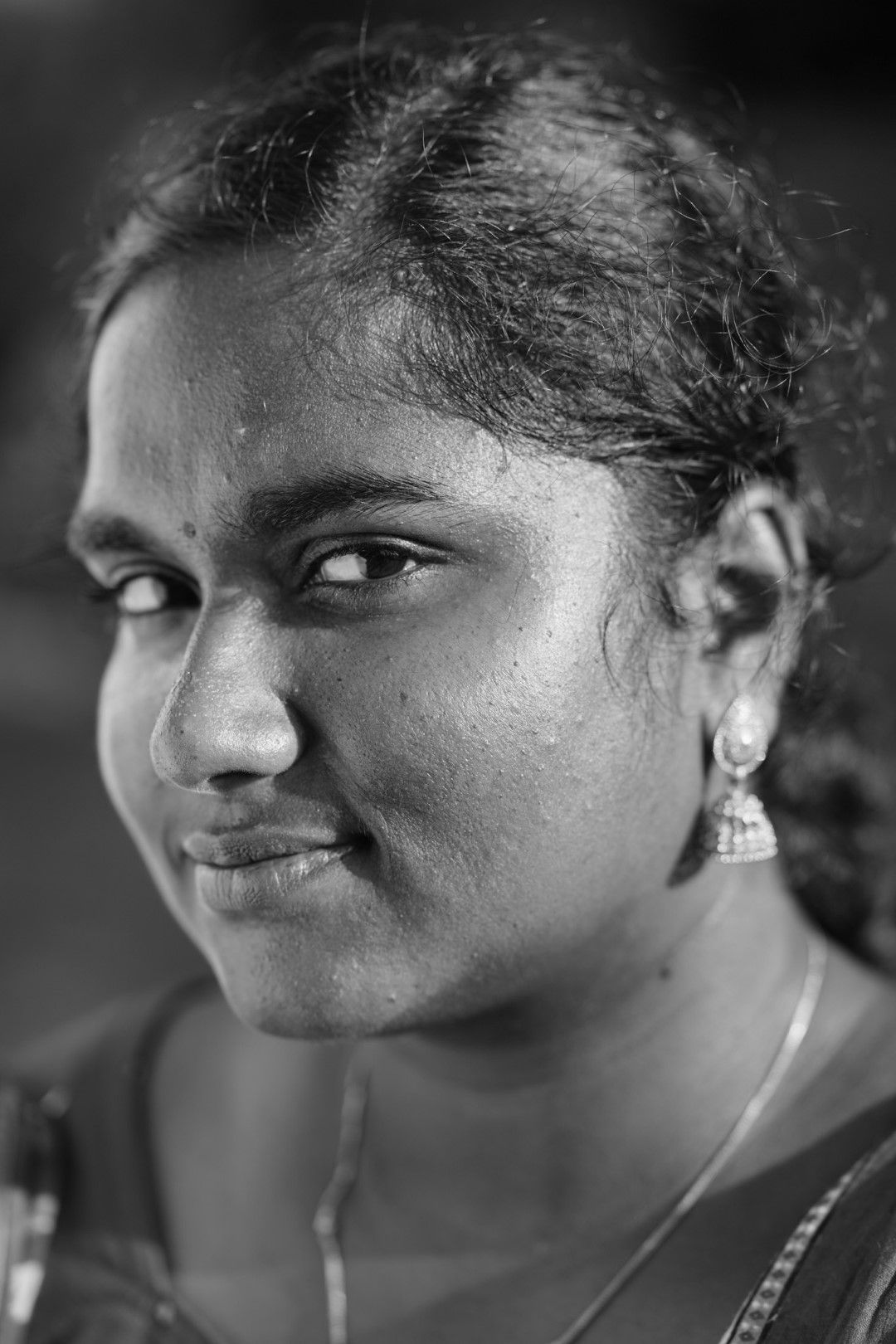
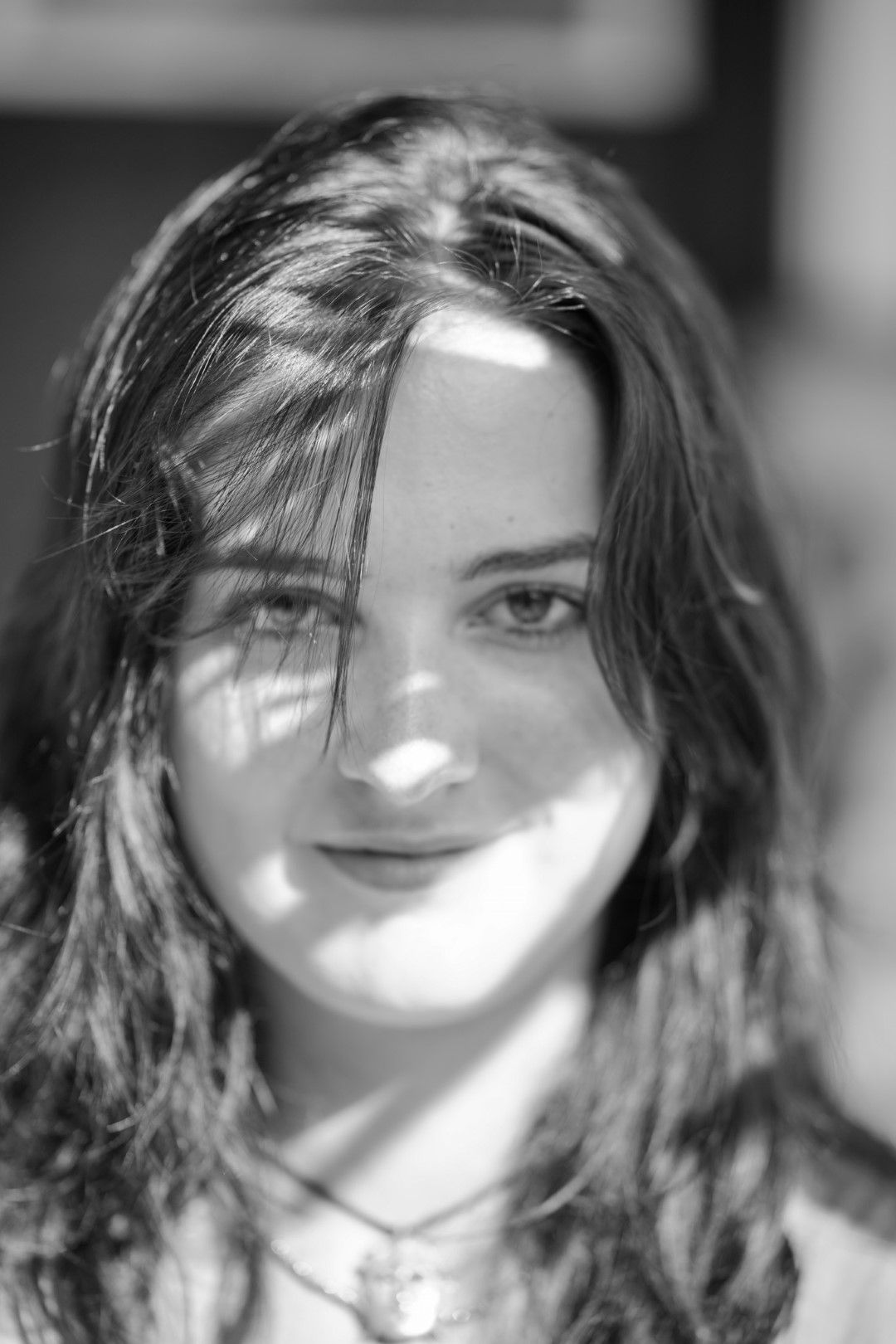
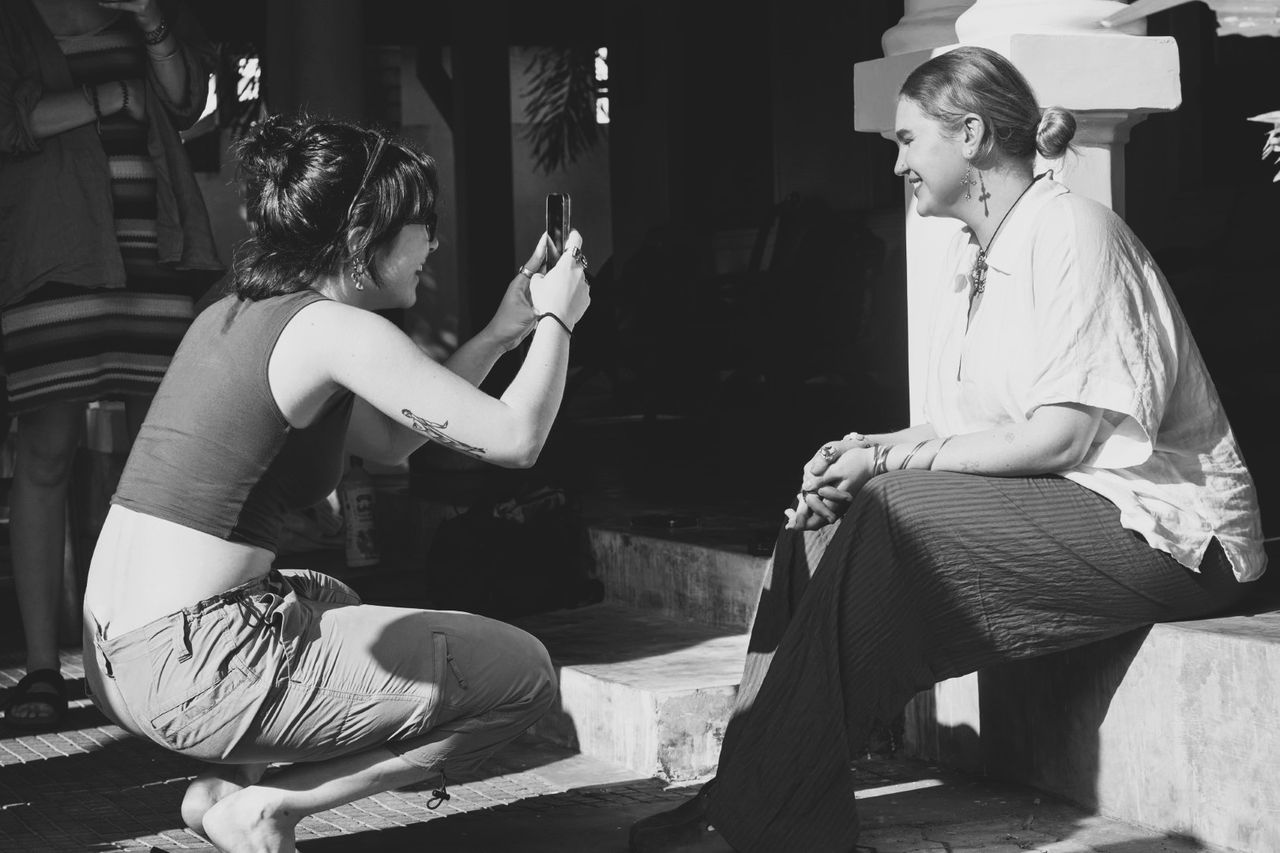
It's nice to escape your daily routine for two weeks and fully focus on the things that bring you joy and reflect on everything. I forgot how much I love writing and photography; this whole experience reignited this love.
Impact on Jaffna's community
I think the content we created matters to the people of Jaffna. We saw their eyes shine so brightly when they heard that we were working on a project about their city; I guess it does not happen often. People come there to talk about the place but don't actually talk to the people. We had the time and encouraged local people to share their stories. I feel it's important we went to a place that is not well-known; I assume the percentage of people [in the Western world] who know about Jaffna and its history is fairly small.
Connecting with the people in Jaffna felt really warm and emotional to me. I know they were touched by how people from the other side of the world want to learn about their culture and heritage and care about what they have to say. We went to the library, for example, and one of the managers told us about the history of the building. He was so eager to talk about how it was set on fire in the 1980s and how many items and books were lost. He came to our final exhibition and looked at all the pictures we took. It was great to share this moment with him. To show someone that you have a genuine interest and find the same things important feels very uniting.
The whole world is so worth exploring, and stories from different communities are worth sharing. No matter where you grow up or live, in the end, I think everyone wants to feel heard and know that people care about what they have to say.
A life-changing experience
I've been trying new things and being more open-minded each year; every single experience contributes to that in one way or another. So, I knew this field school would be a valuable experience somehow. I knew I would learn about broadening the conversation about shared heritage and places many people don't even know about. These things are very important.
But I did not expect to meet such incredible people. I'm tearing up thinking about it. None of us knew each other very well, but we all connected on a deep level by working hand in hand, sharing inspiration and struggles. Being in such a different place was challenging from time to time and we all faced challenges within ourselves. We shared the good and the bad, which is very important because it made us so supportive and empathetic to each other. It warms my heart to know that it's possible to go from near strangers to people you feel so close to. Knowing that it happened and can happen again is wonderful.
We all decided to join this field school, so in a way, we are like-minded. But at the same time, we are all so different too. This, to me, is similar to the meaning of family: you are all connected even though you are different. And it doesn't matter if you are blood-connected or spiritually connected. Somehow, I went to a new continent, not knowing anyone, and returned with a new family.
It was the best experience of my life. I was challenged every single day, and I've learnt so much about myself and others; it was such a revolutionary trip for my worldview. It has opened my eyes and made me look into myself and the people around me. In those two weeks, you work, study, and learn, but you also have a chance to create and make your voice heard by expressing your artistic views. I became a completely different person in such a good way.
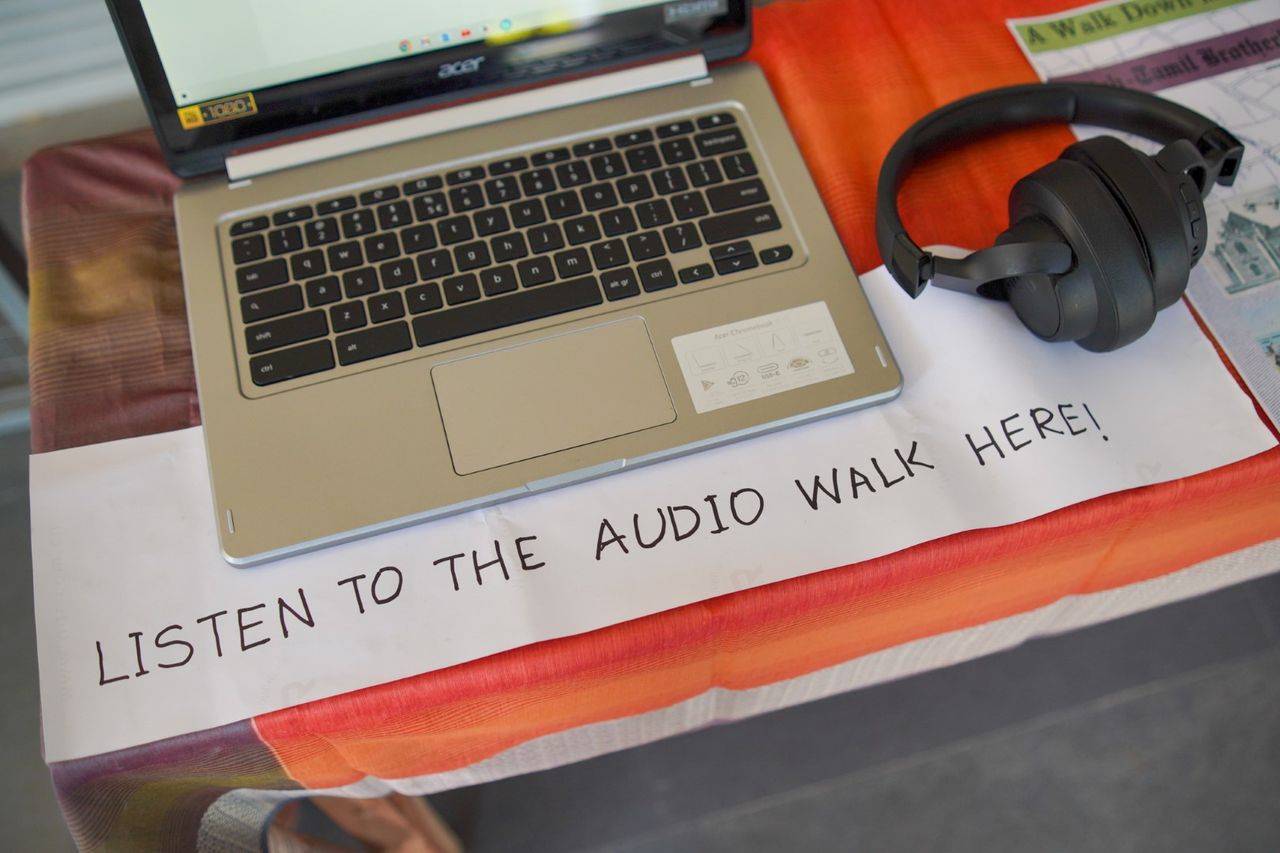
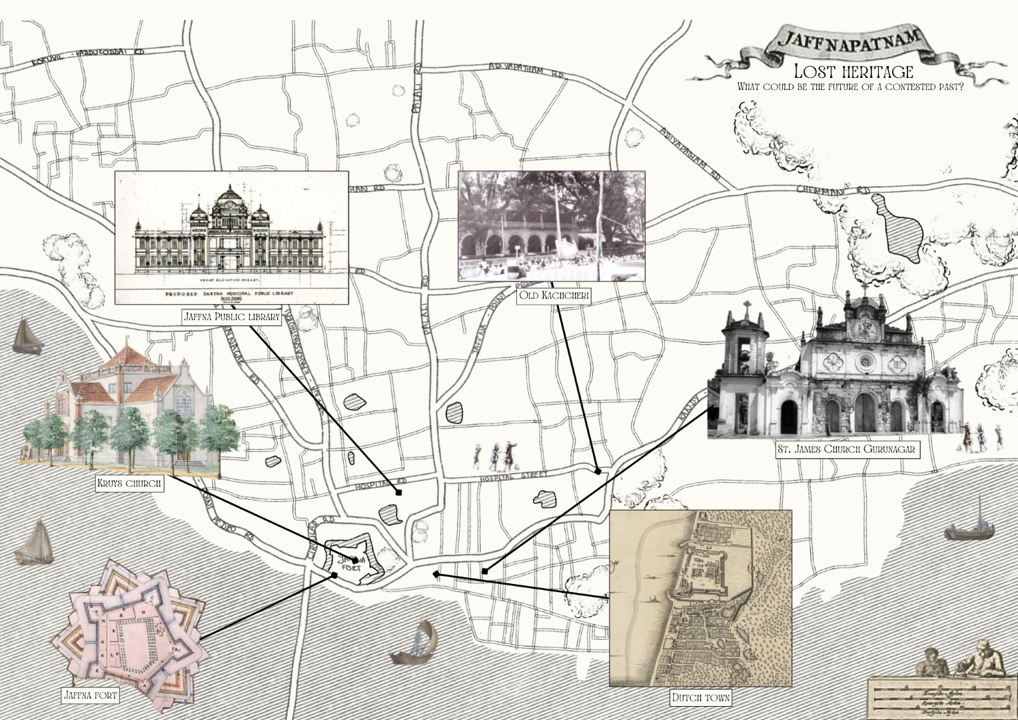
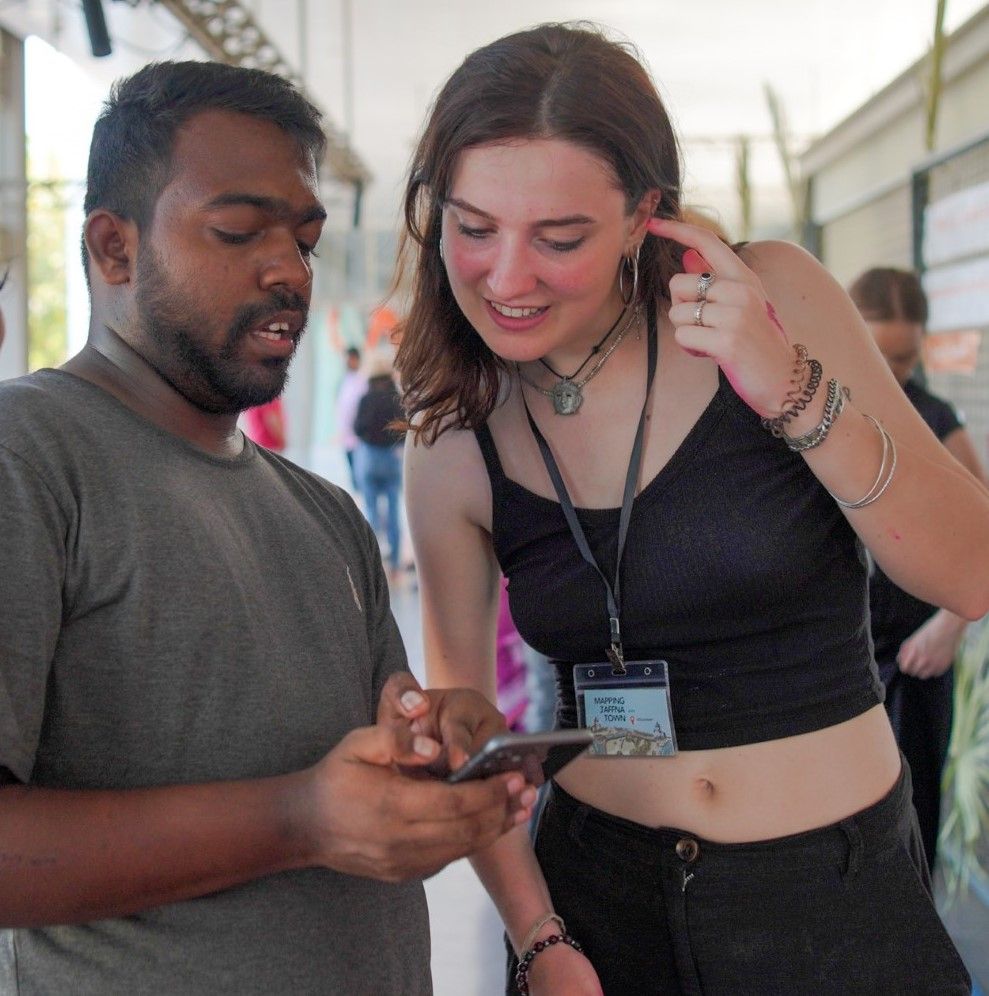
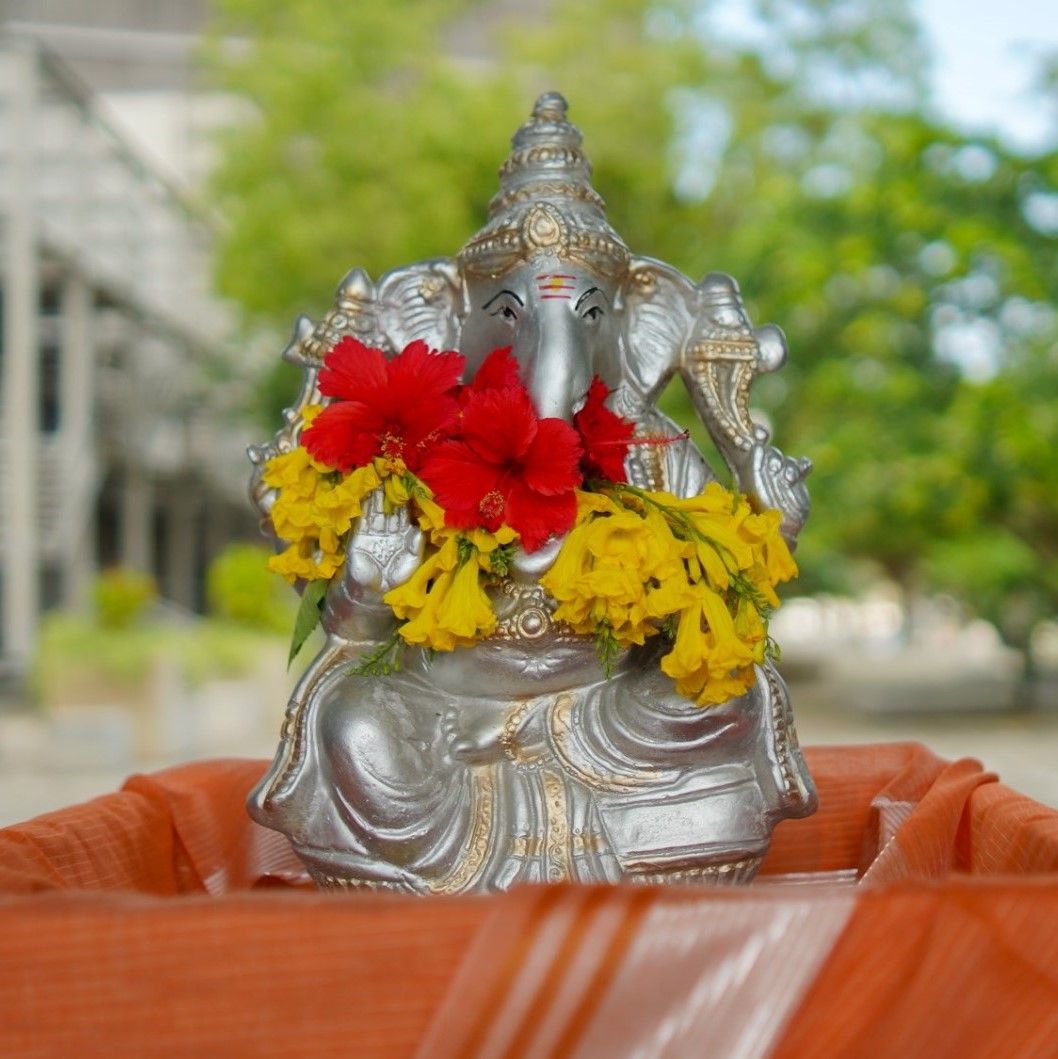
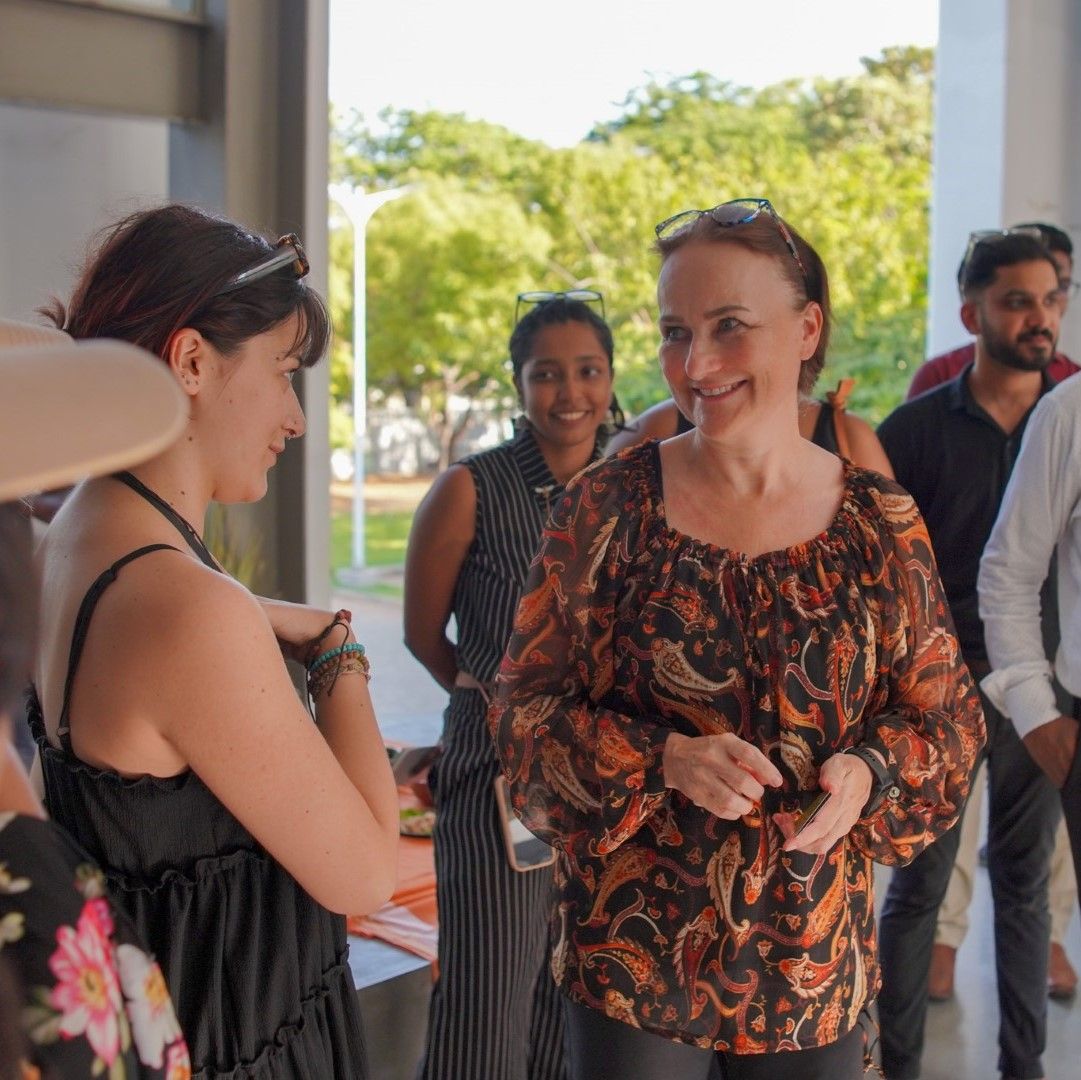
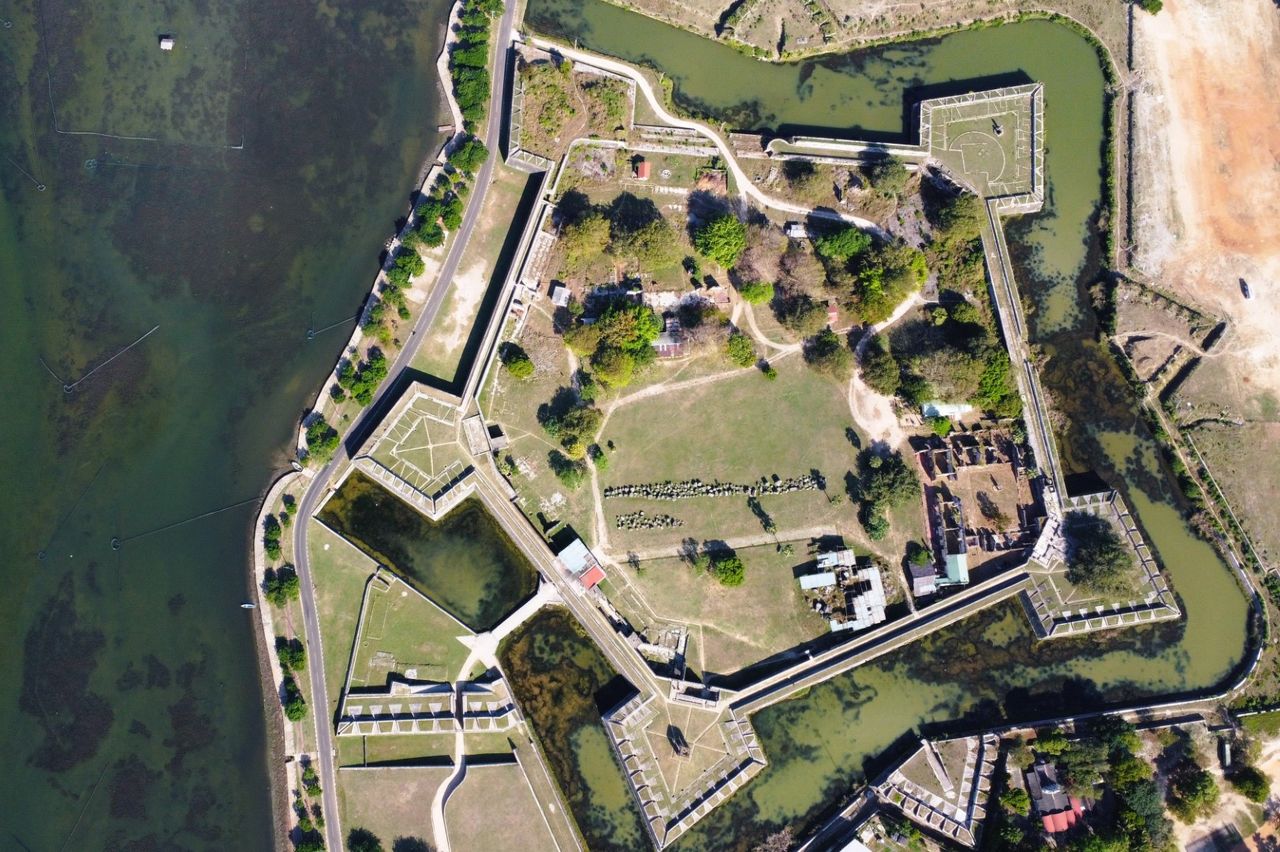
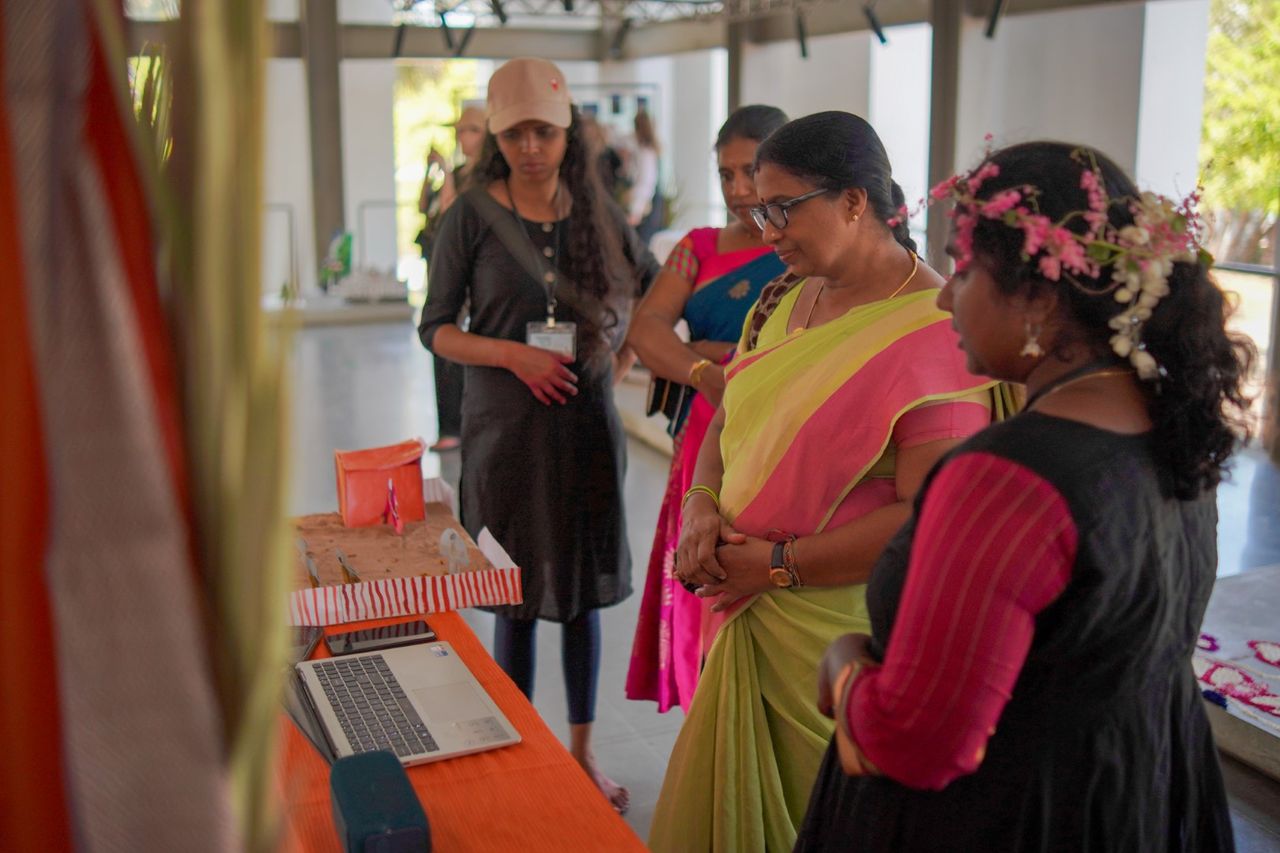
We saw their eyes shine so brightly when they heard that we were working on a project about their city; I guess it does not happen often. Usually, people come there to talk about the place but don't actually talk to the people.
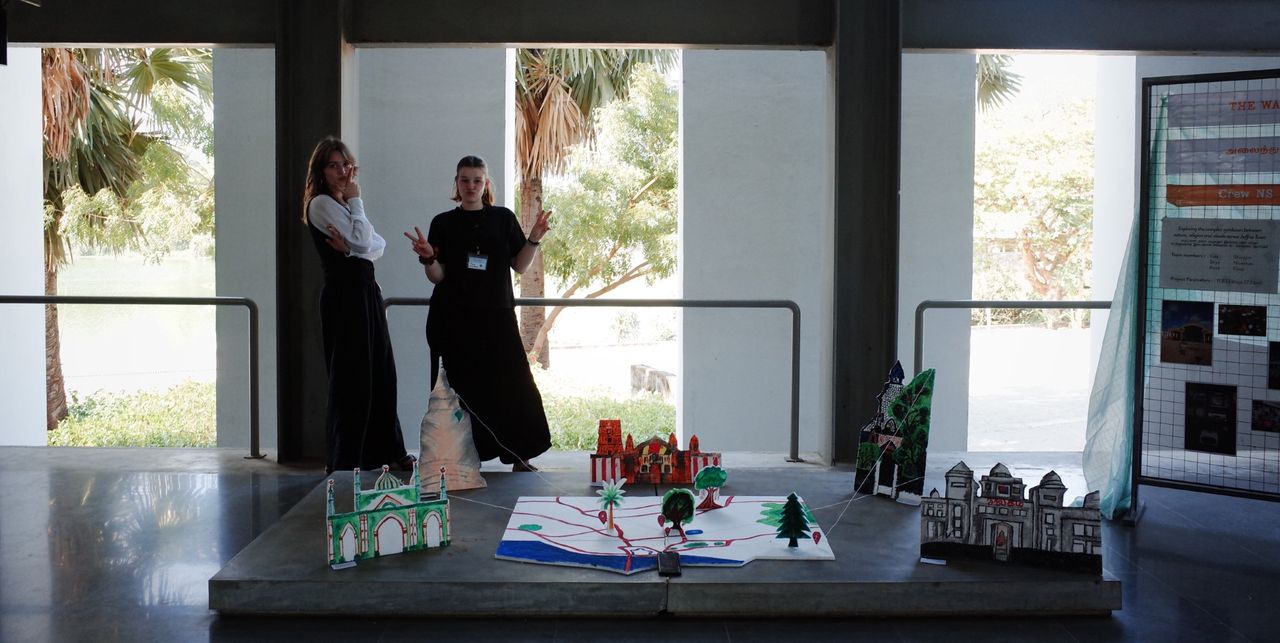
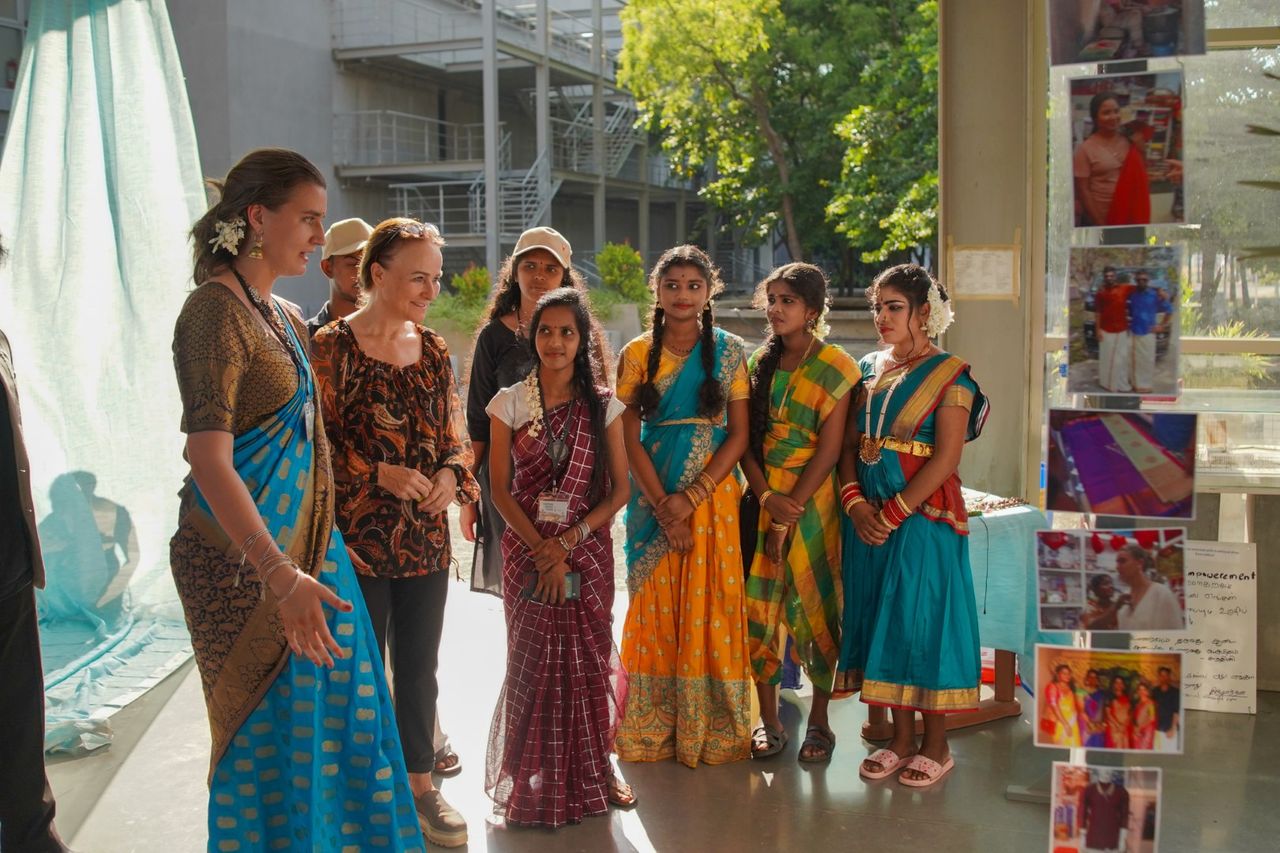
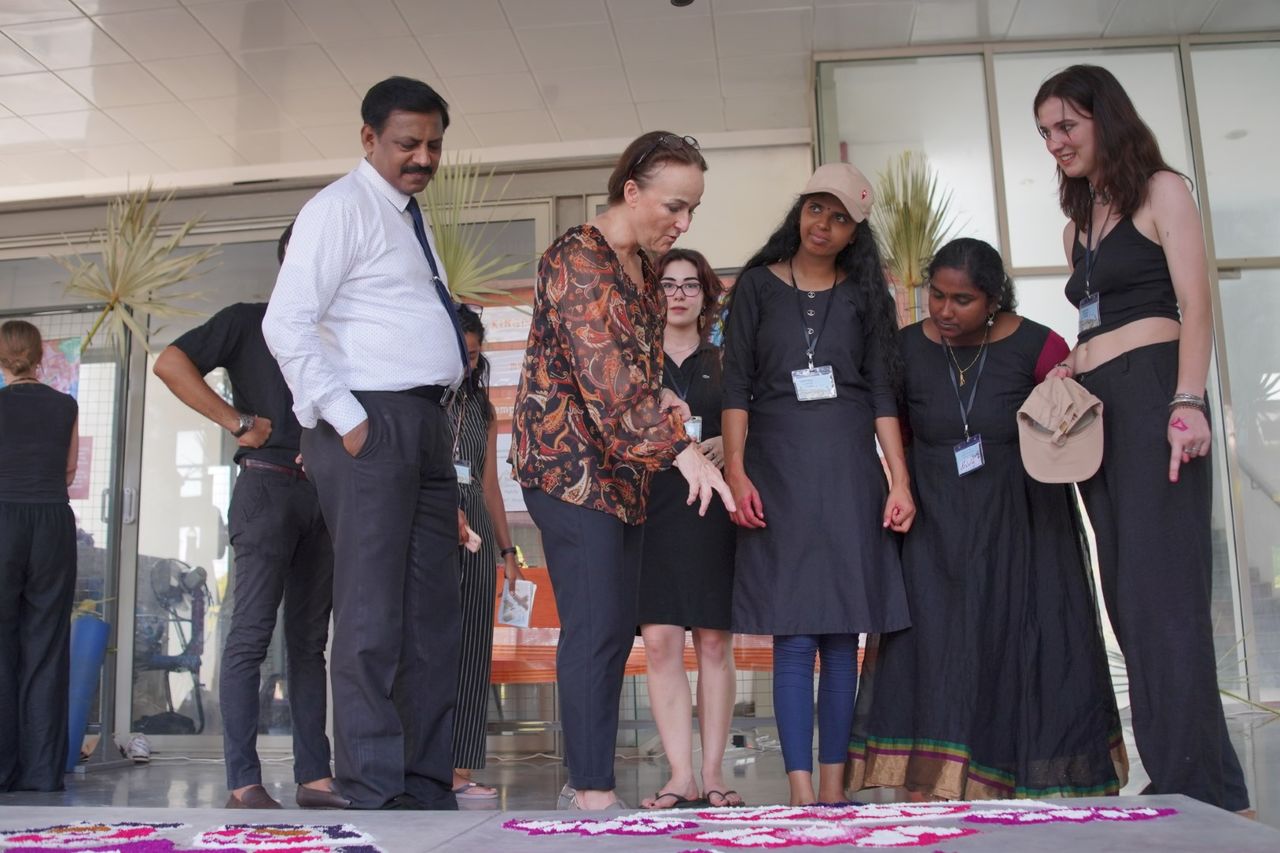
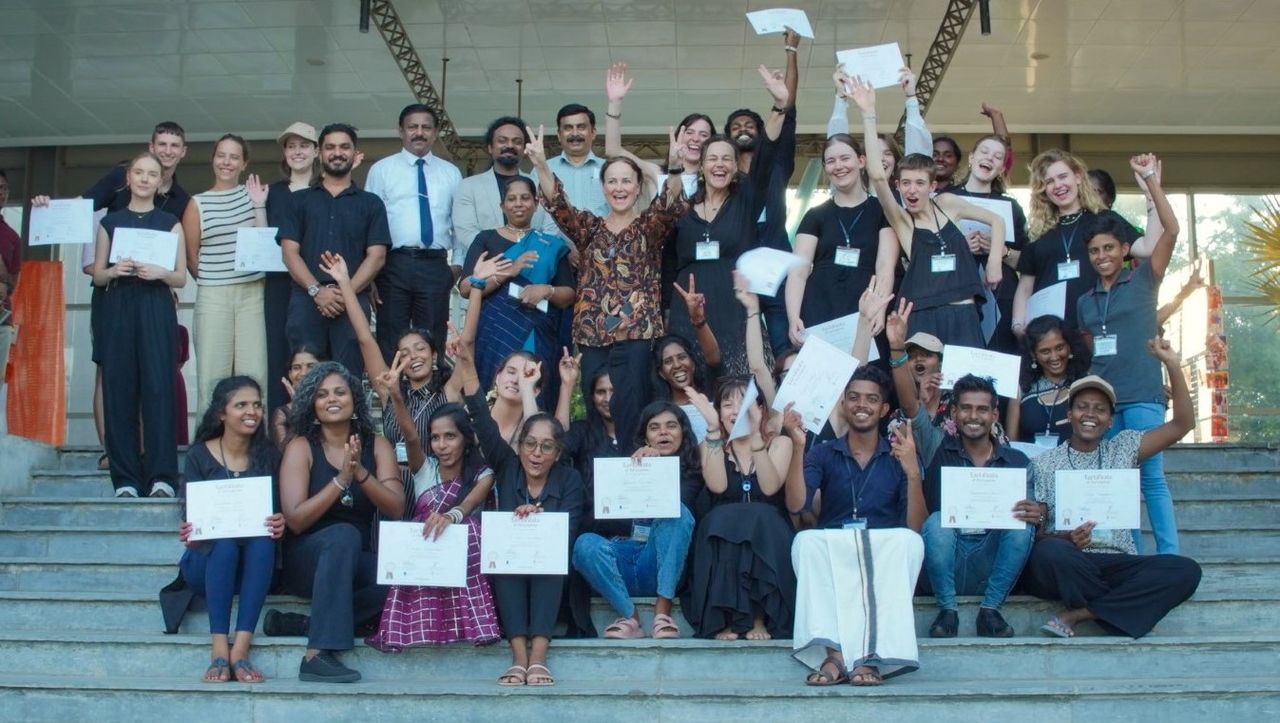
A permanent souvenir
I even got a tattoo to commemorate the whole experience. Every evening, I sat on these chairs outside with two fellow participants, Puck and Floor. We reflected on everything that happened and grounded ourselves. Sometimes, we just sat there in silence. It is a great sign when you can be together and feel comfortable in silence. It made us feel more connected. So, this tattoo is a reminder for me to keep reflecting. I realised that when you look back on the years, even though every day is so different, you kind of skip through it; time goes by so quickly. But when you reflect on a certain period, you realise that, actually, a lot has happened. Reflecting is grounding; you learn by doing that. It's beautiful to see how you grow, and then, in turn, the world grows around you.
Words of advice
My advice to students thinking about doing this or something similar is simple: Just go. Don't doubt it; don't be as hesitant as I was. However, you shouldn't do this for the sake of your resume or to tick off one more box. You should do it for personal growth. Doing things from a place of genuine interest leads you to growth, self-discovery and a better future path.
Be acceptive of the things you experience: it's all a matter of your perception. Try not to be stressed about logistics, deadlines or not having a super structured schedule. If something goes wrong, well, it happens.
When you go into the world and experience so many different things, you see that there is so much more to things than your thoughts. Each experience and anything you go through in life teaches you so much. It makes you more open-minded and empathetic towards people. Don't expect anything, or not too much. Let yourself be and let everything come over you. Don't jump to conclusions; embrace the journey with an open mind and open heart. It opens up so many possibilities for you.
It was the best experience of my life. I was challenged every single day, and I've learnt so much about myself and others; it was such a revolutionary trip for my worldview. It has opened my eyes and made me look into myself and the people around me.
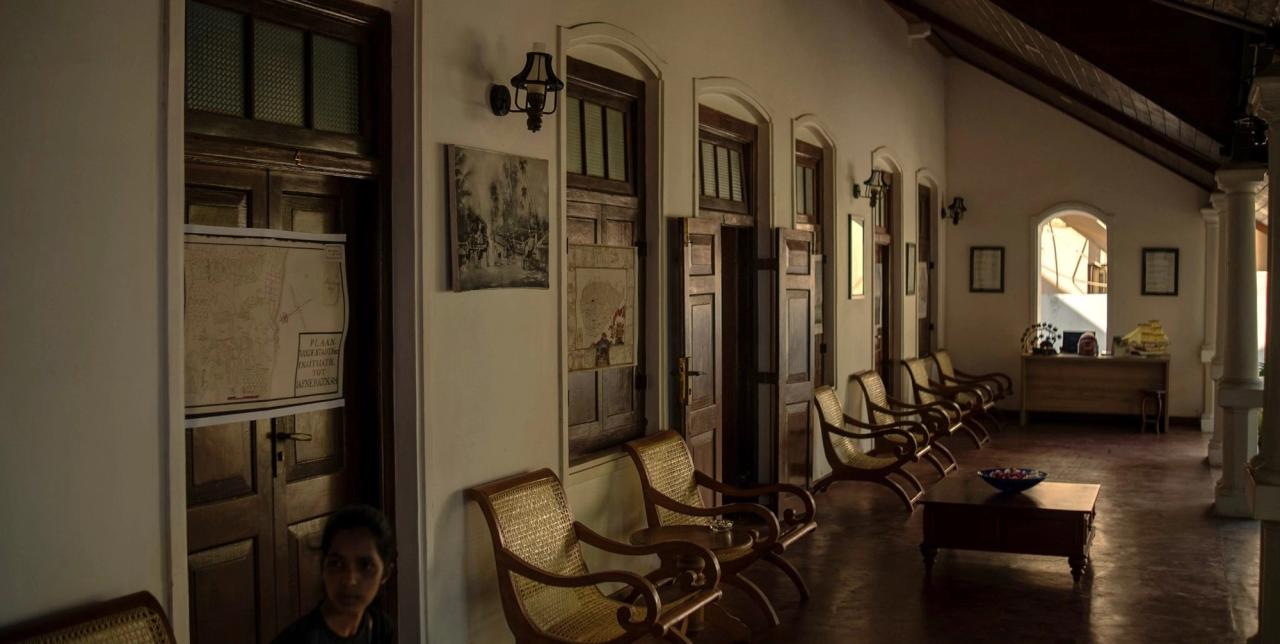
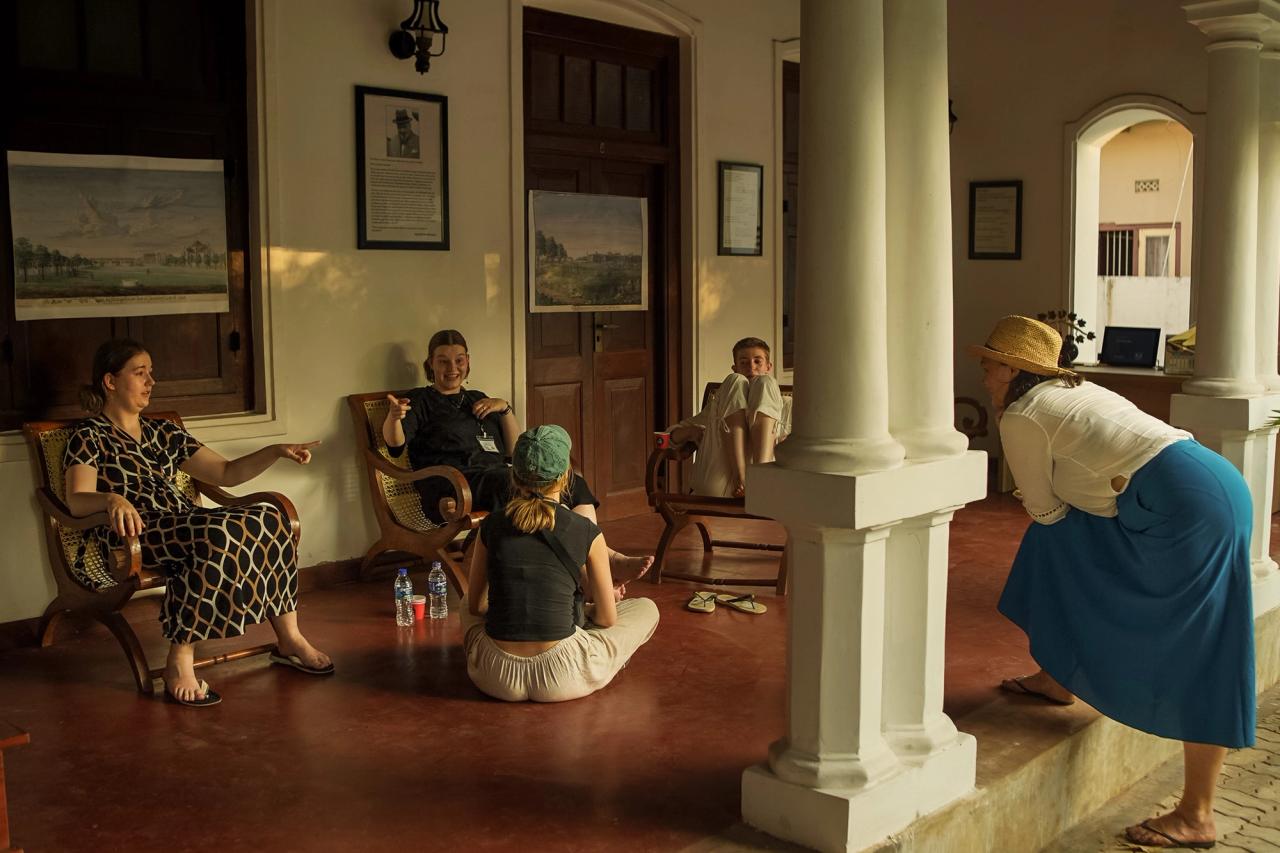
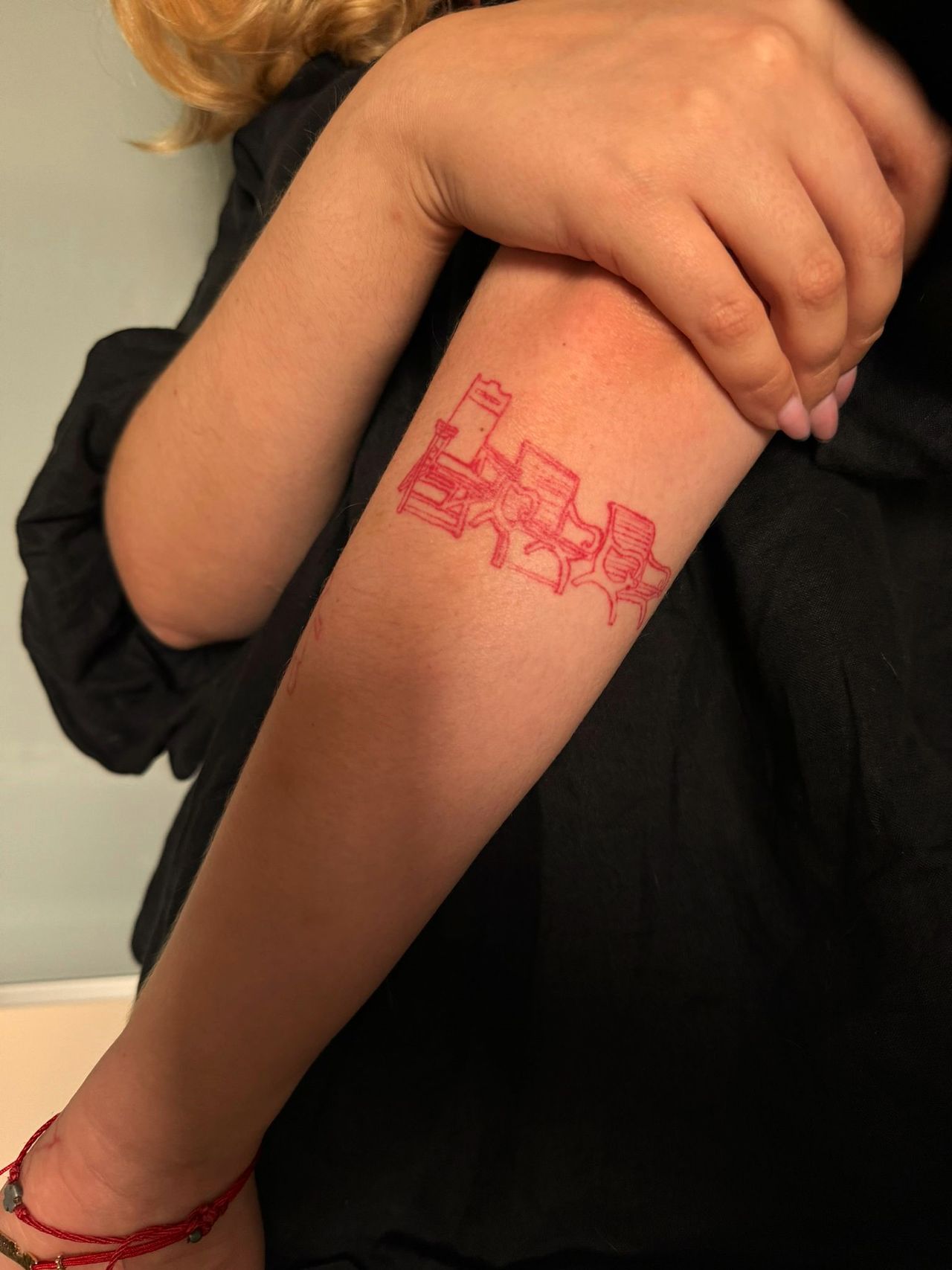
About Liza
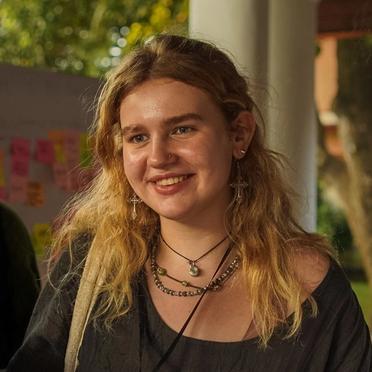
Elizaveta Pikul ('Liza' for friends) is a student in Media, Art, Design and Architecture at the University of Amsterdam. She was one of the 12 students from the Netherlands who joined the iDiscover cultural mapping field school in Jaffna, Sri Lanka.
Find Liza at @wlpe
About the field school
This 2-week international field school was part of a larger project to map hidden [hi]stories in Sri Lanka's coastal cities: Galle, Colombo, Matara, Trincomalee and Jaffna. For this edition students from the VU, UVA and Reinwardt Academy worked hand-in-hand with students from Jaffna University to create six thematic heritage trails and a series of online stories that provide a fresh perspective on ancient traditions and established colonial narratives.
The project was funded by the Netherlands Embassy in Sri Lanka and executed by iDiscover. With special thanks to creative mentors: Devni Jay, Atheeq Ifthikar, Prathini Samaradiwakara and Nadeesha Paulis.
